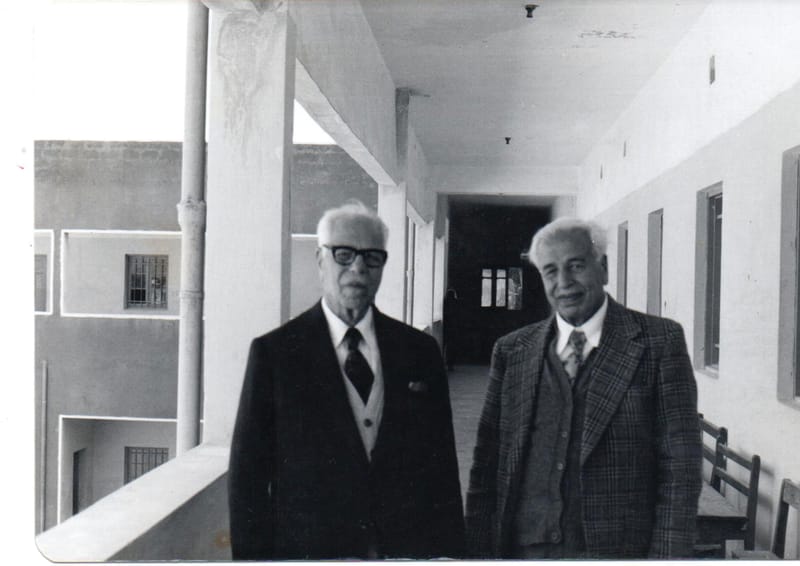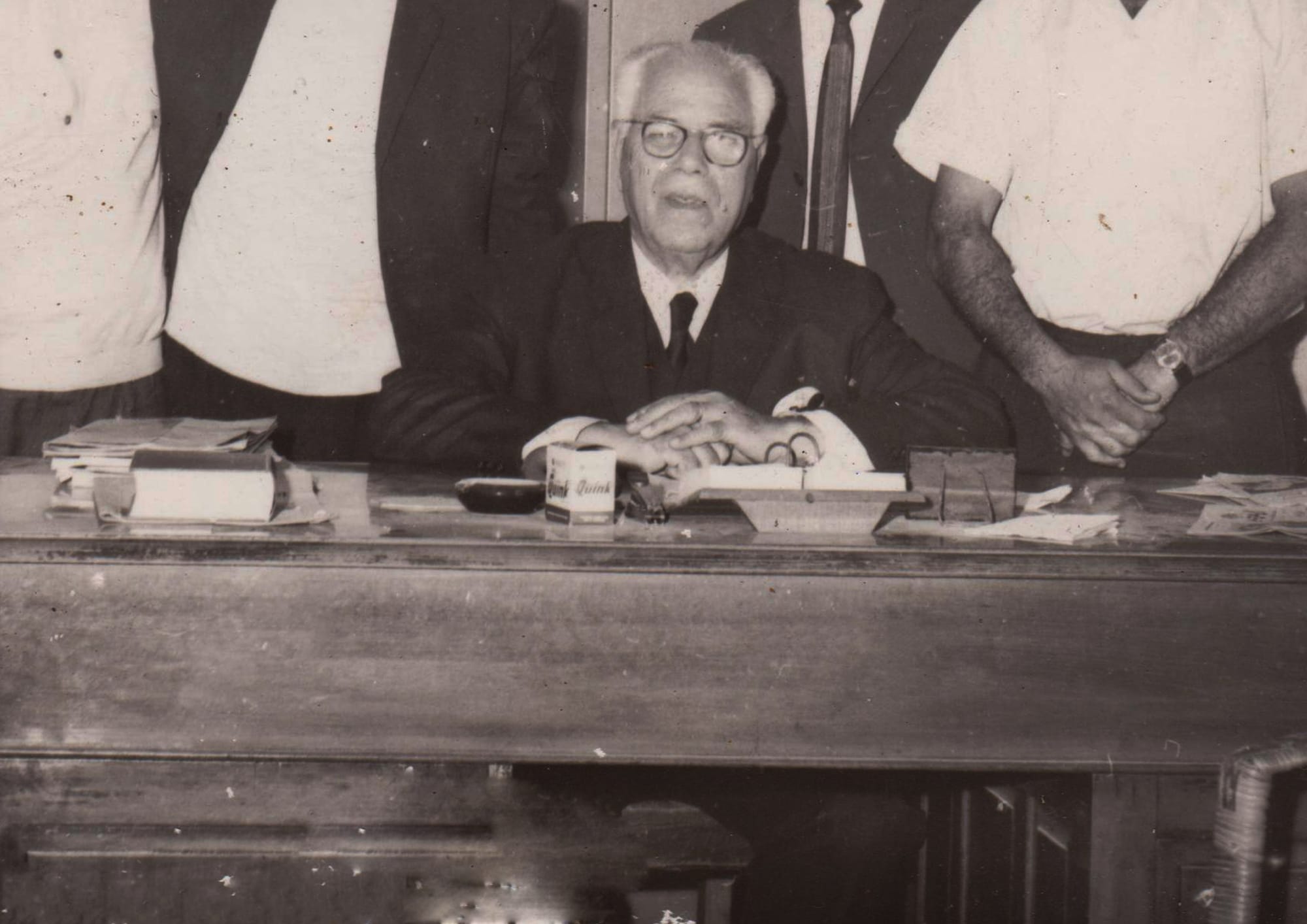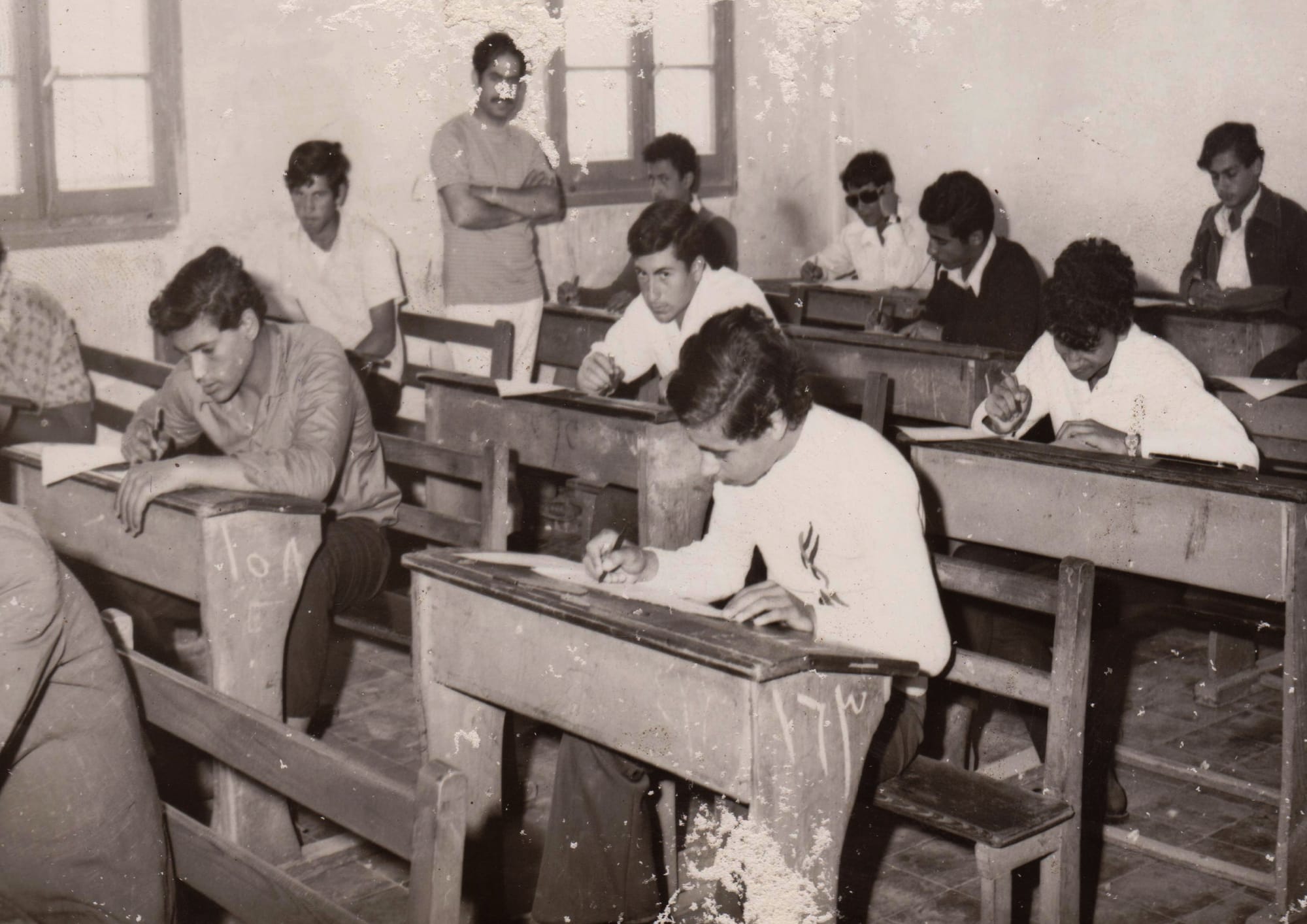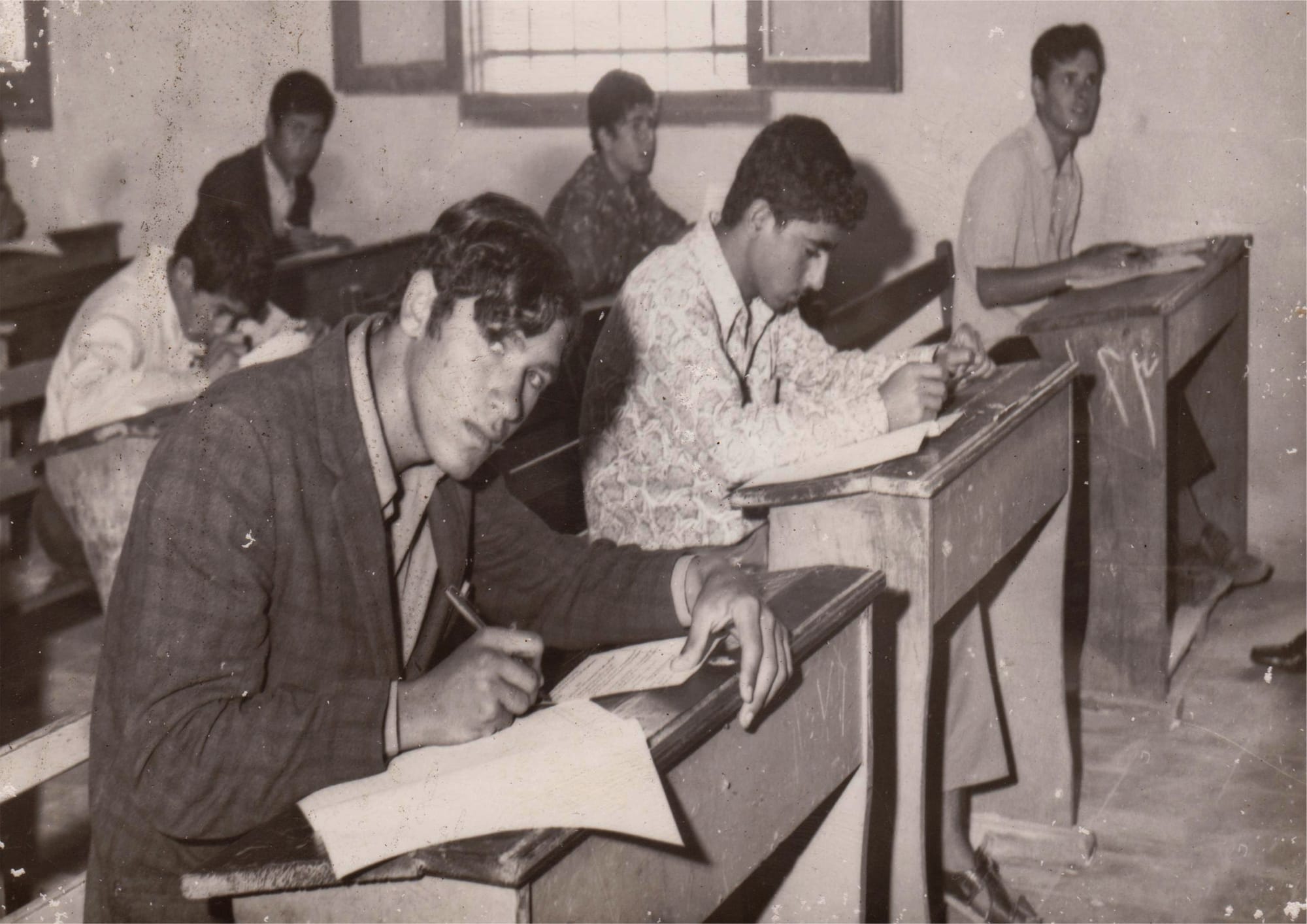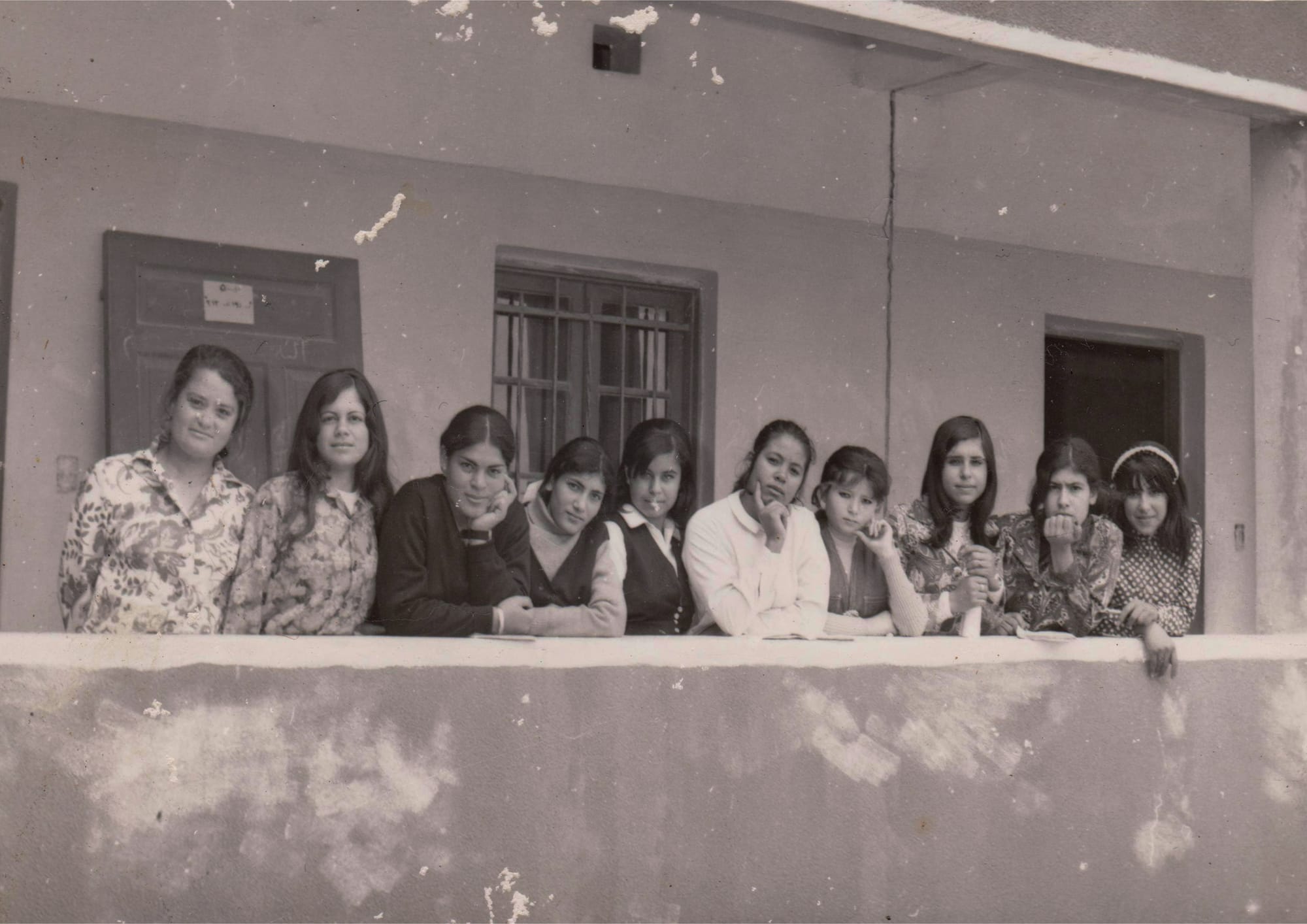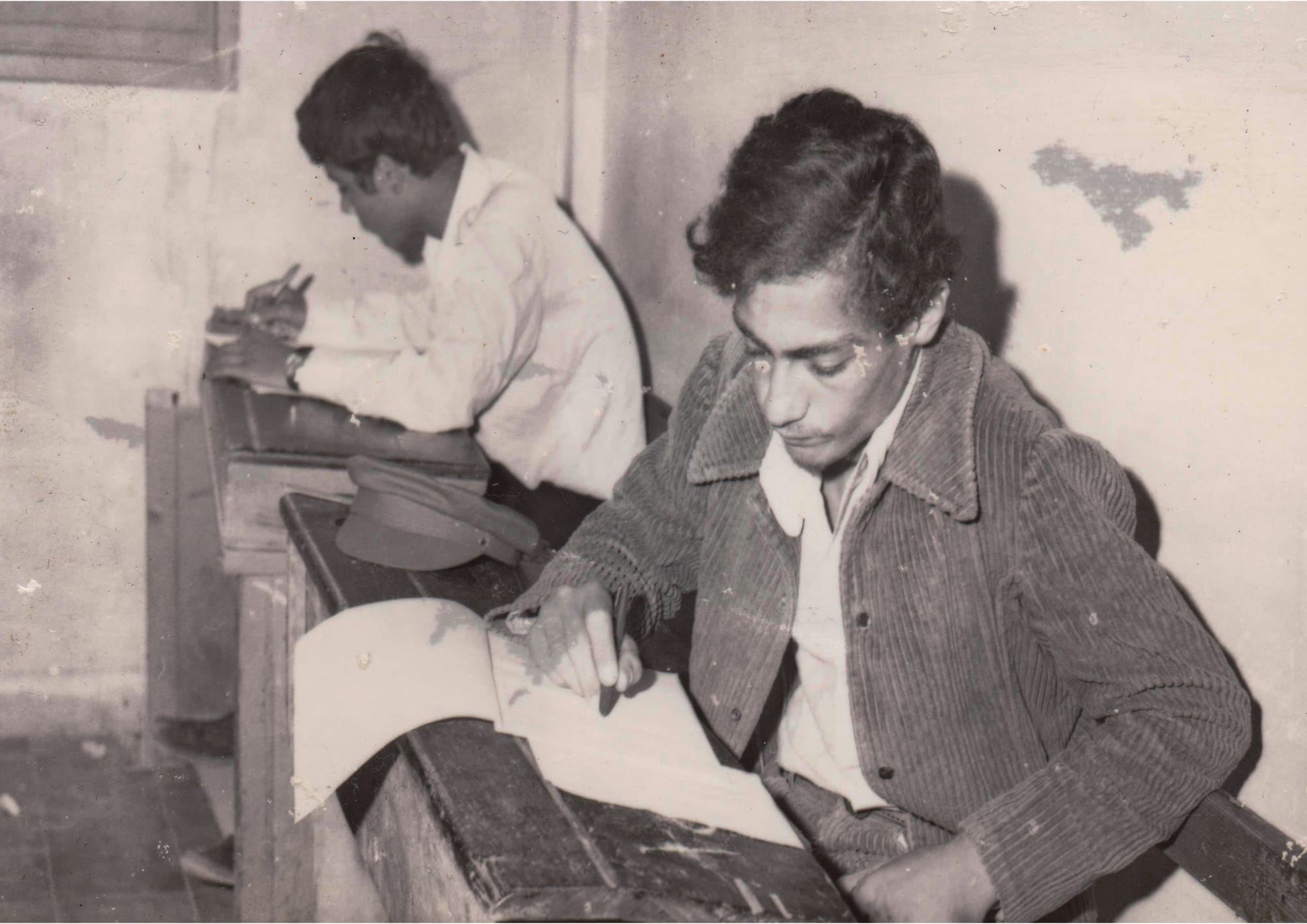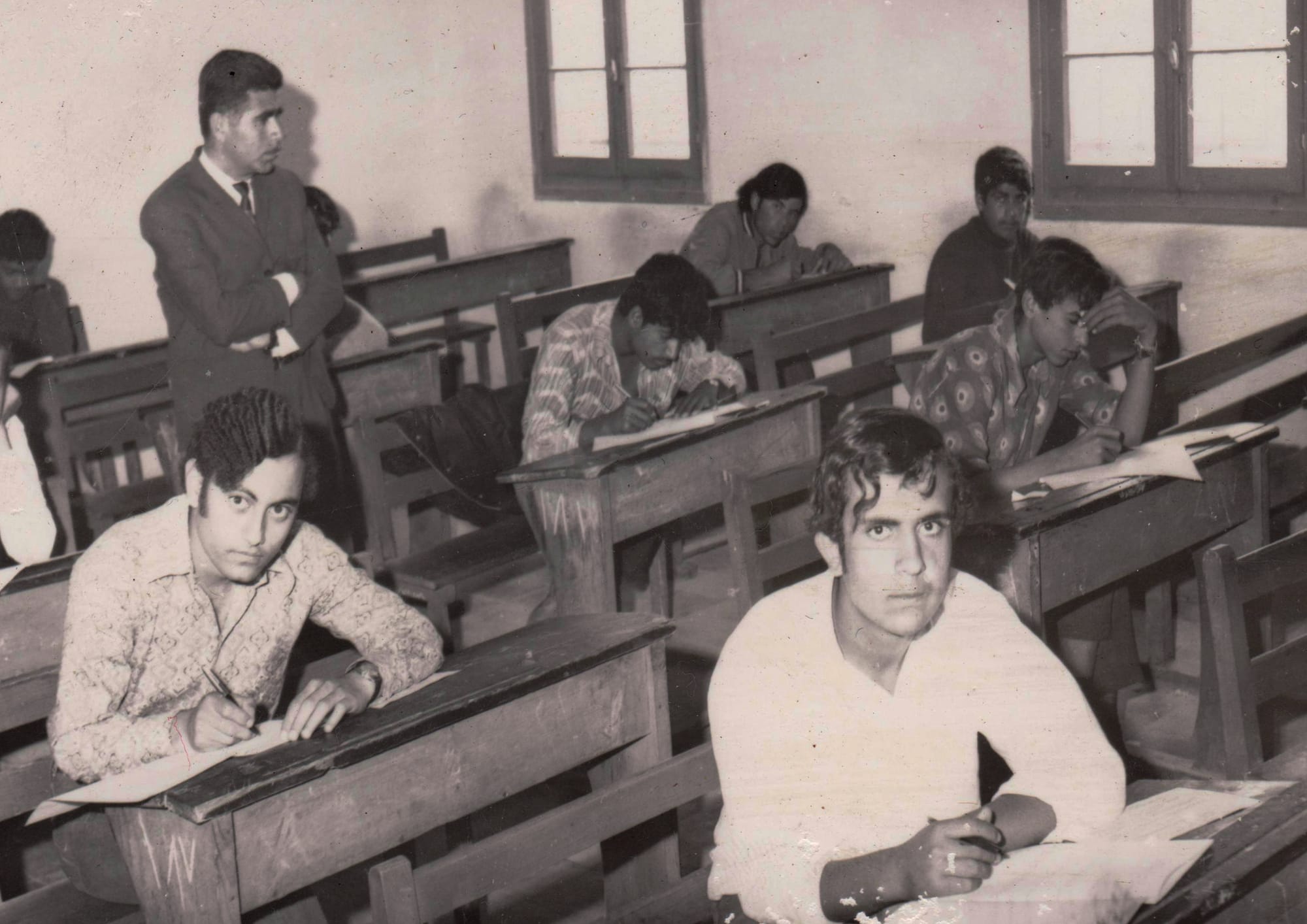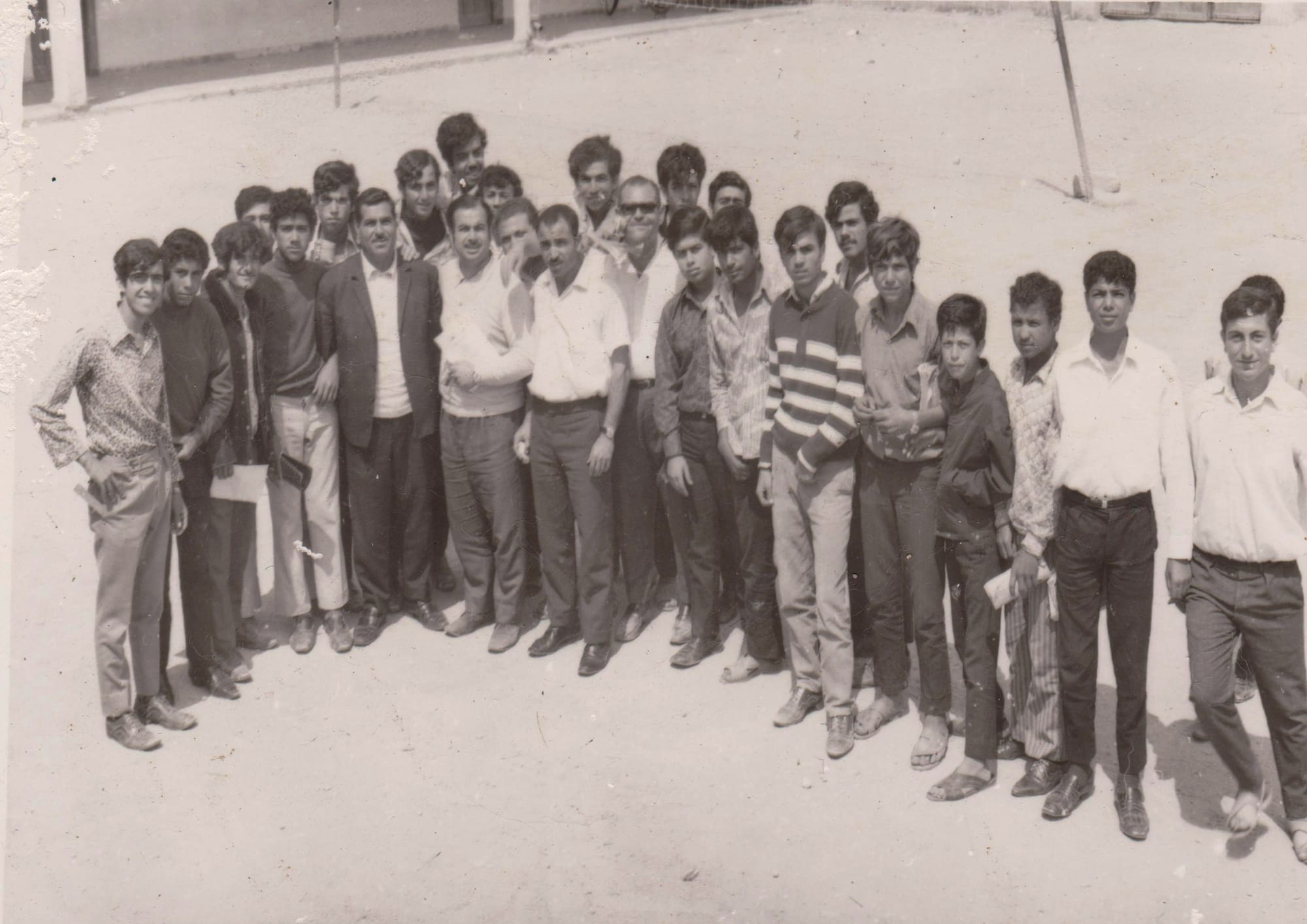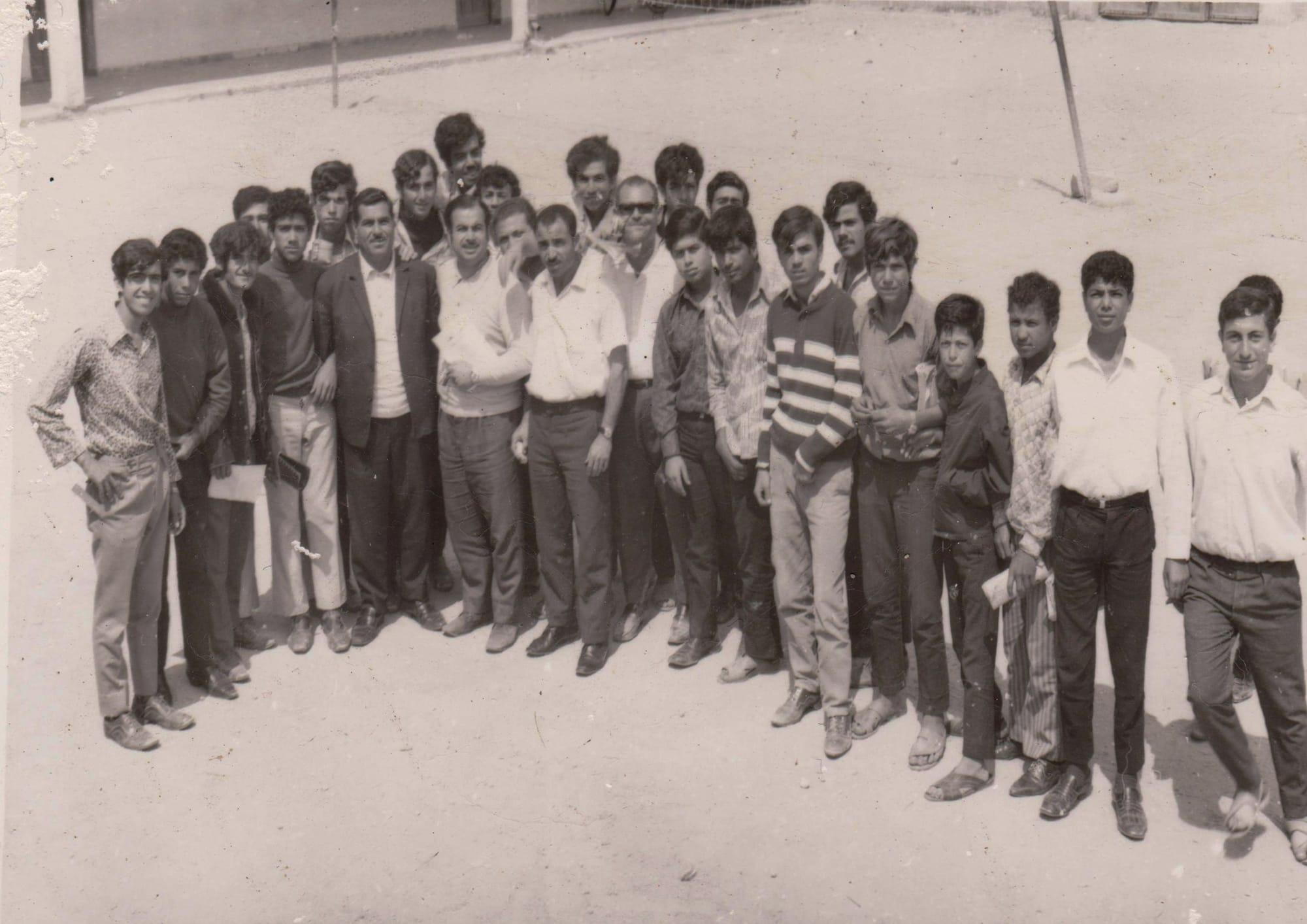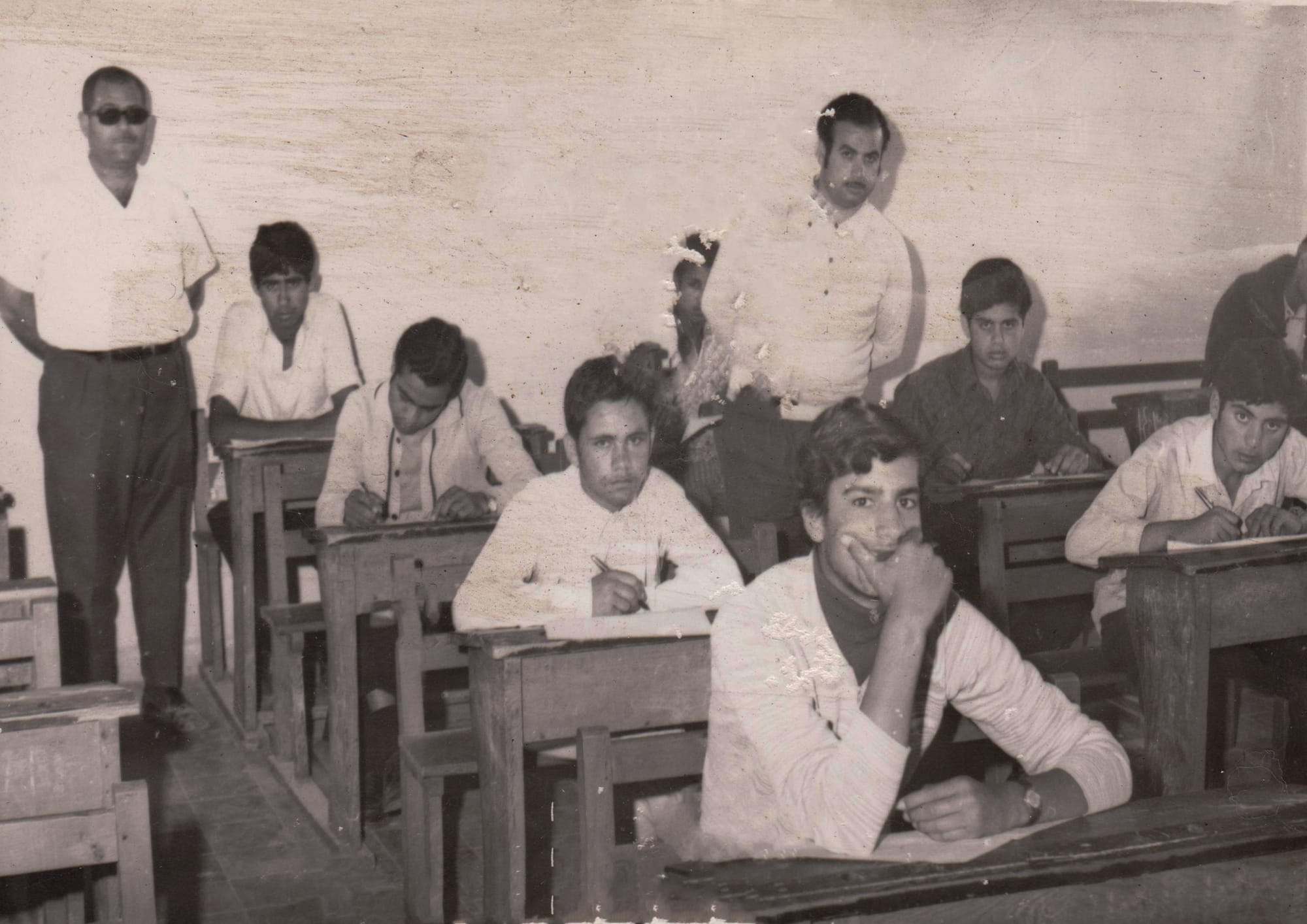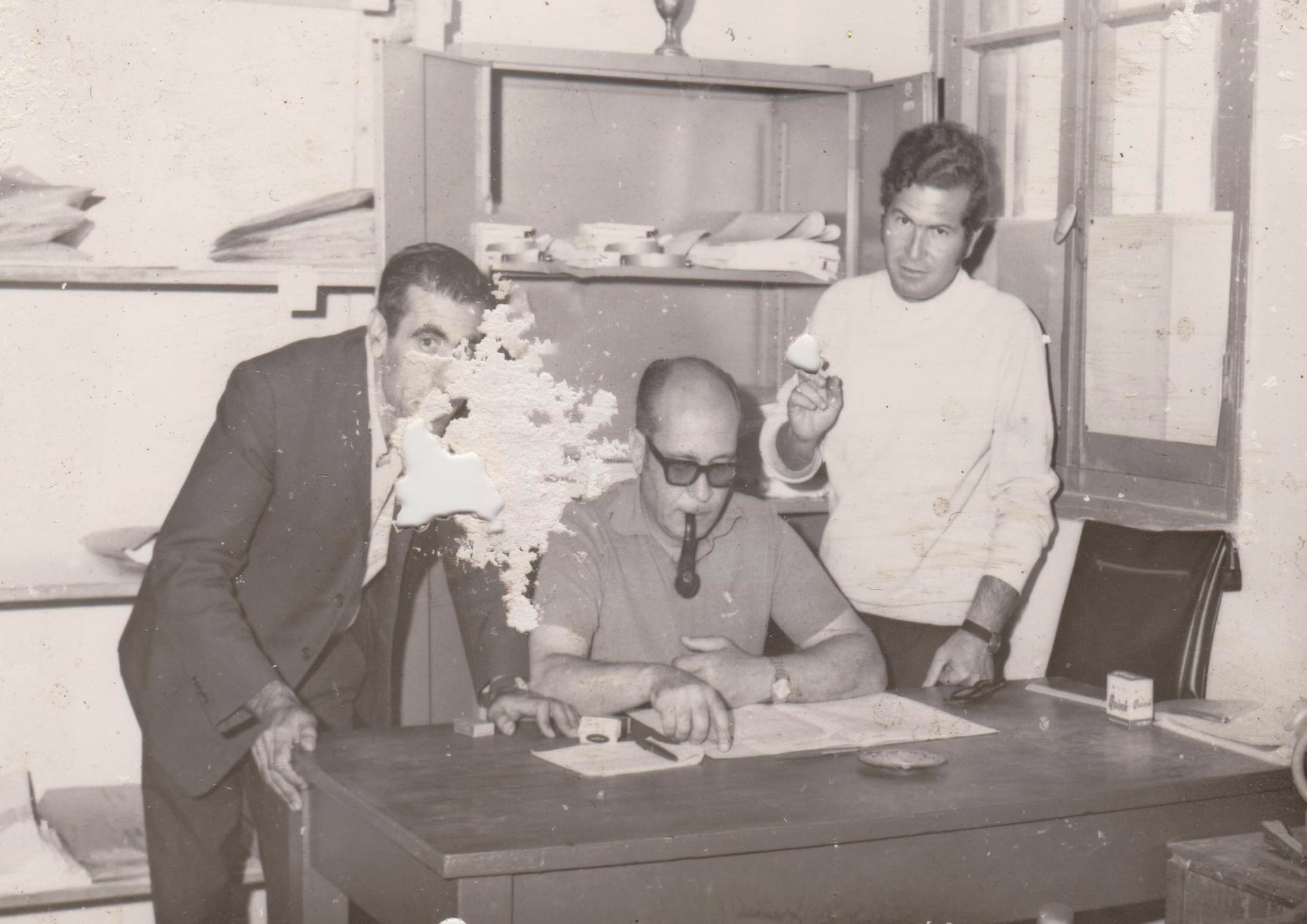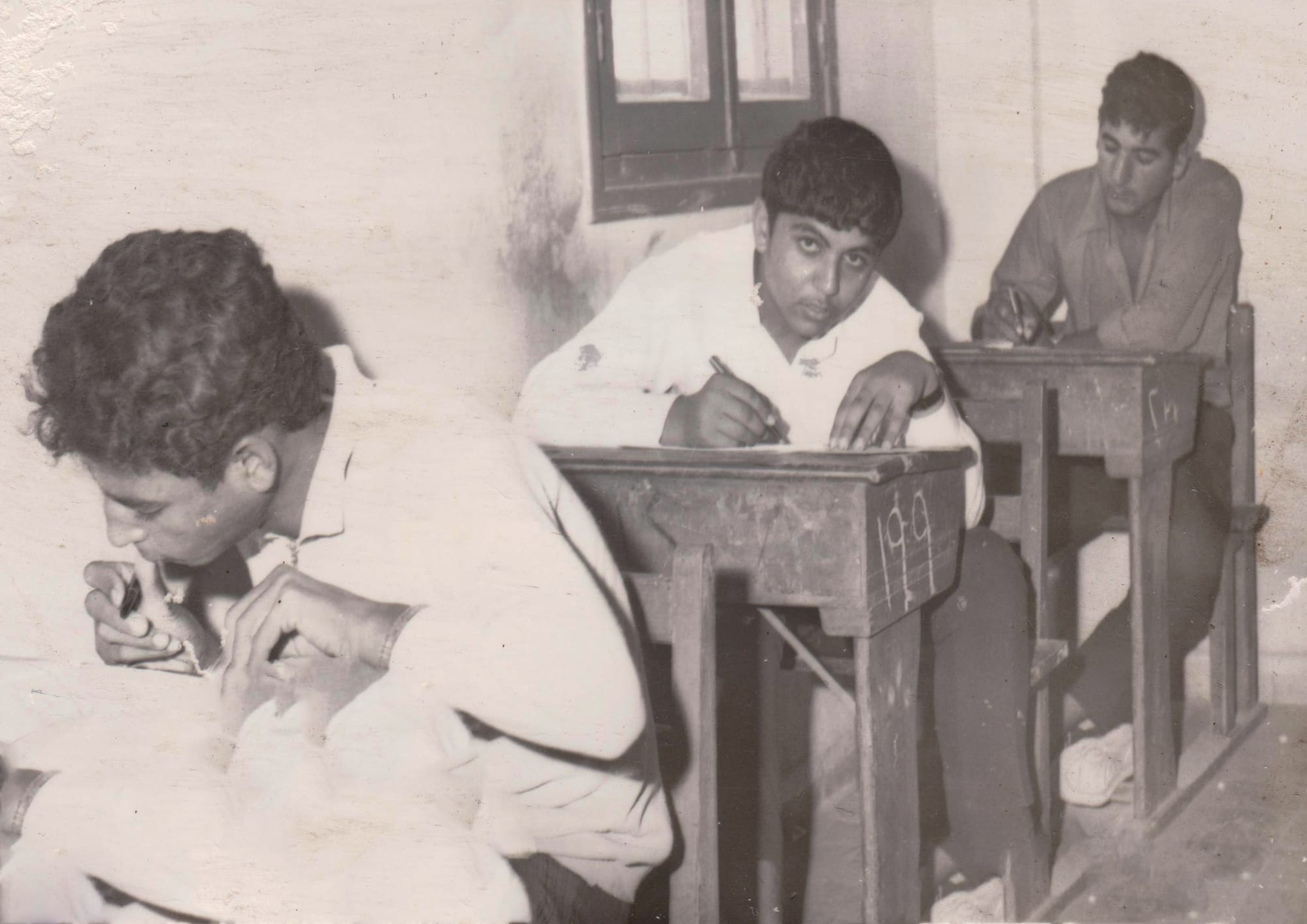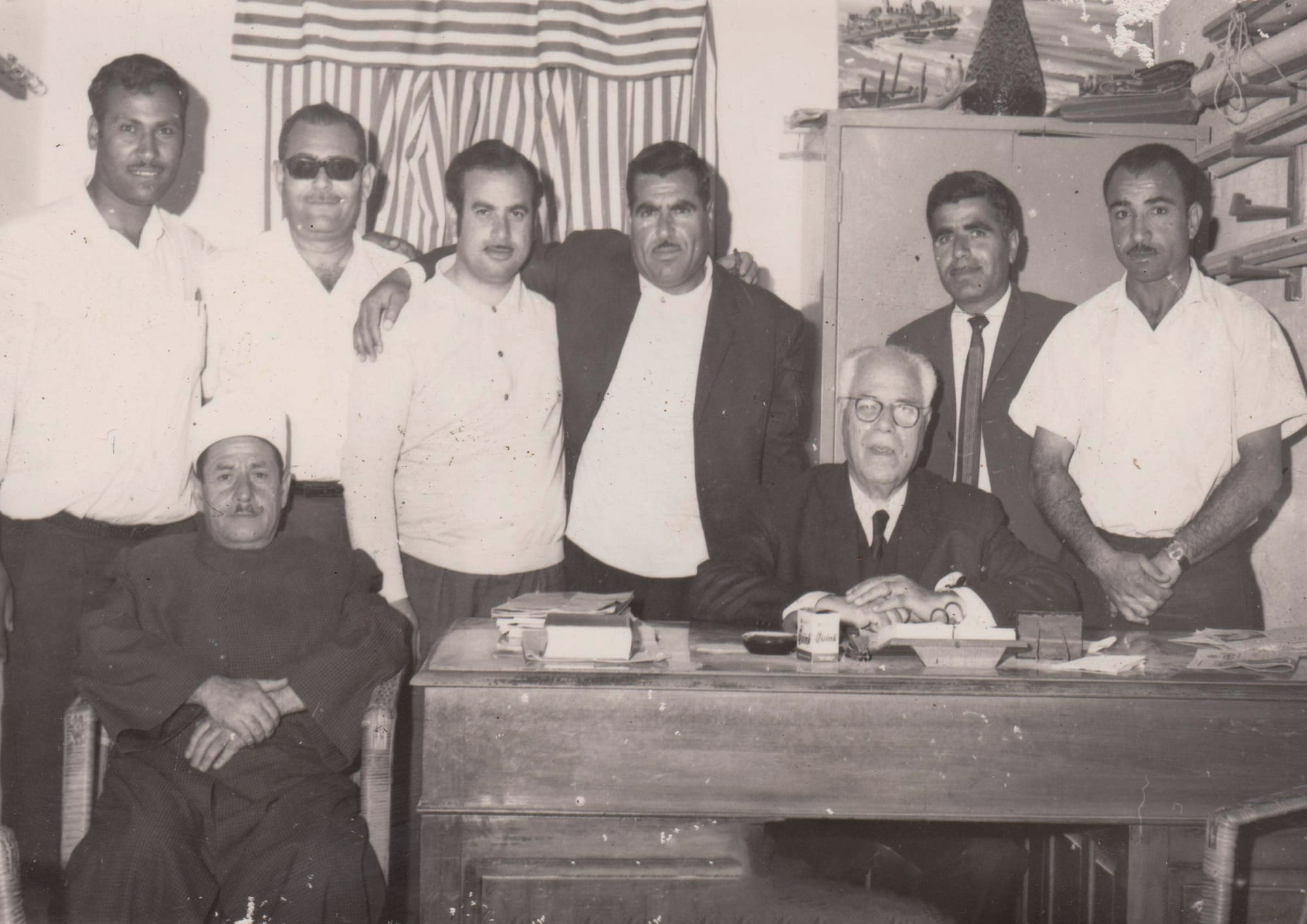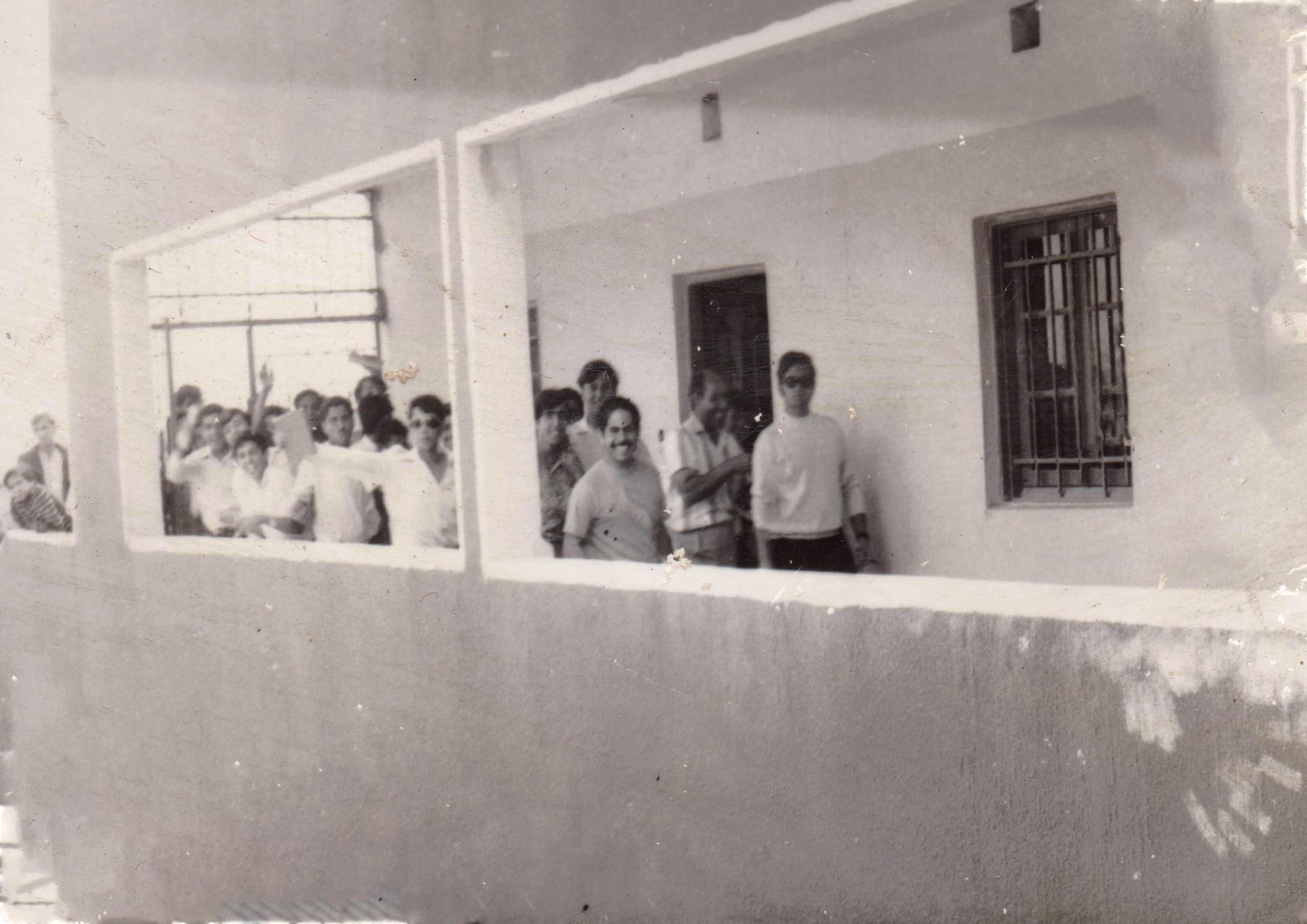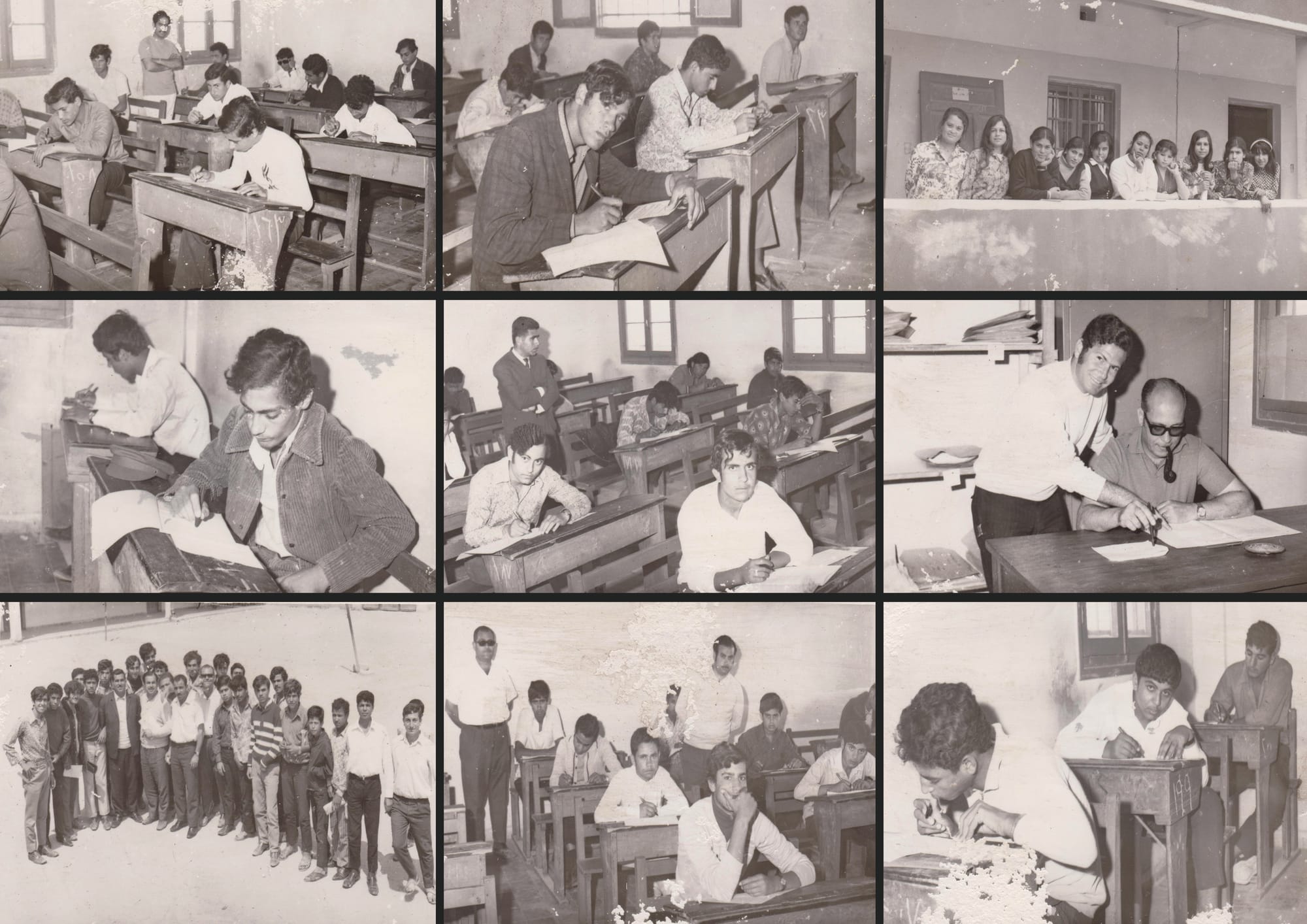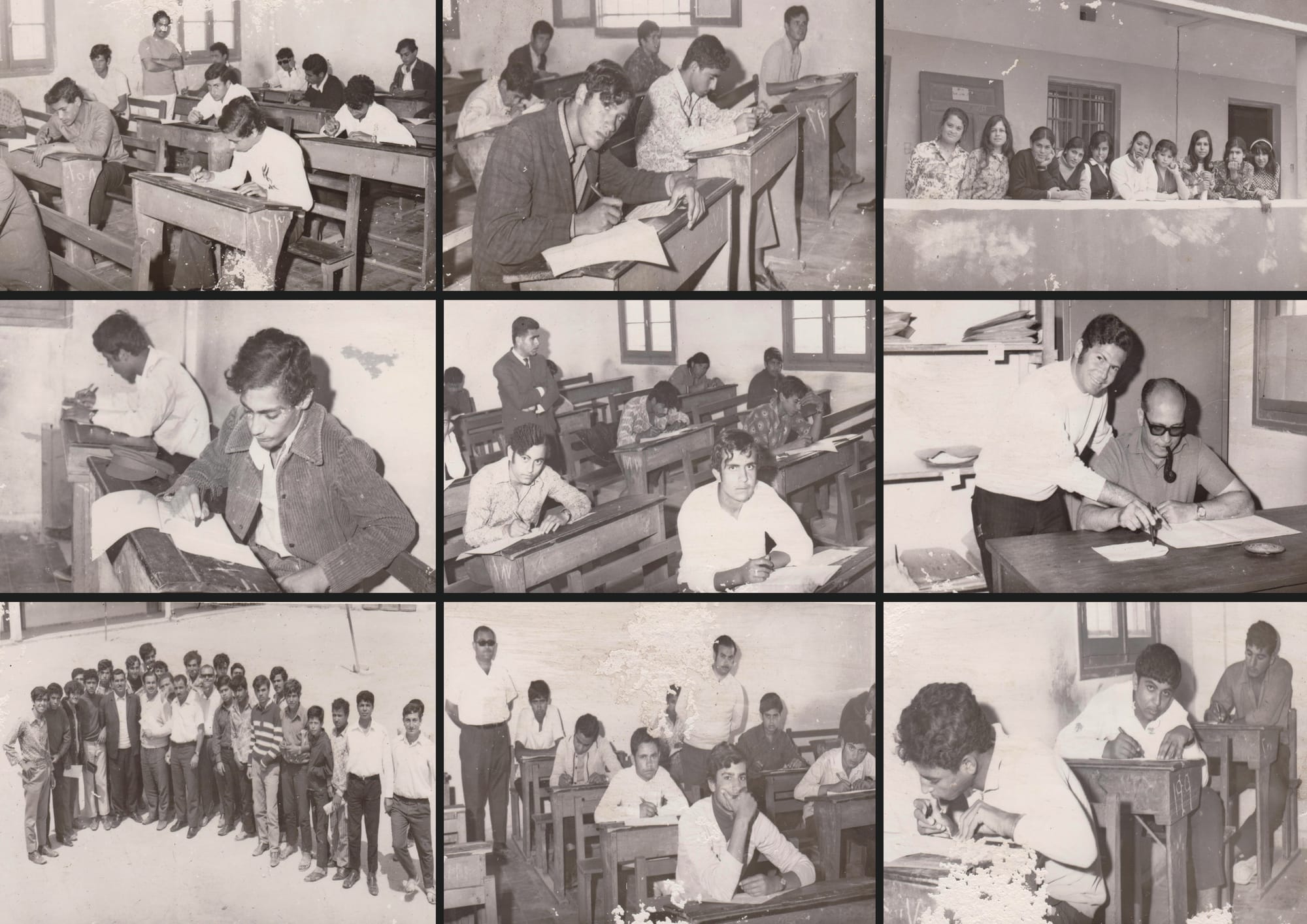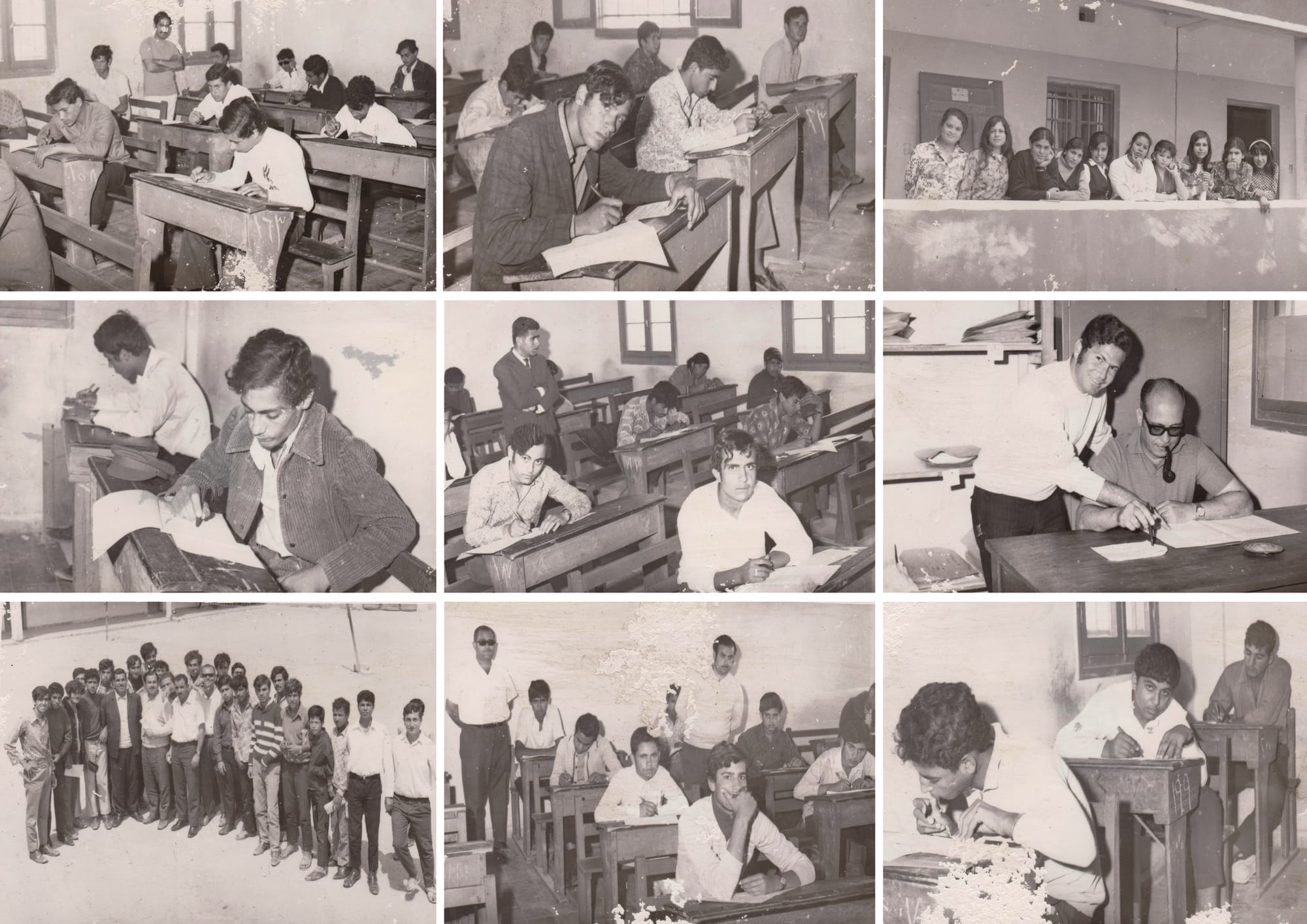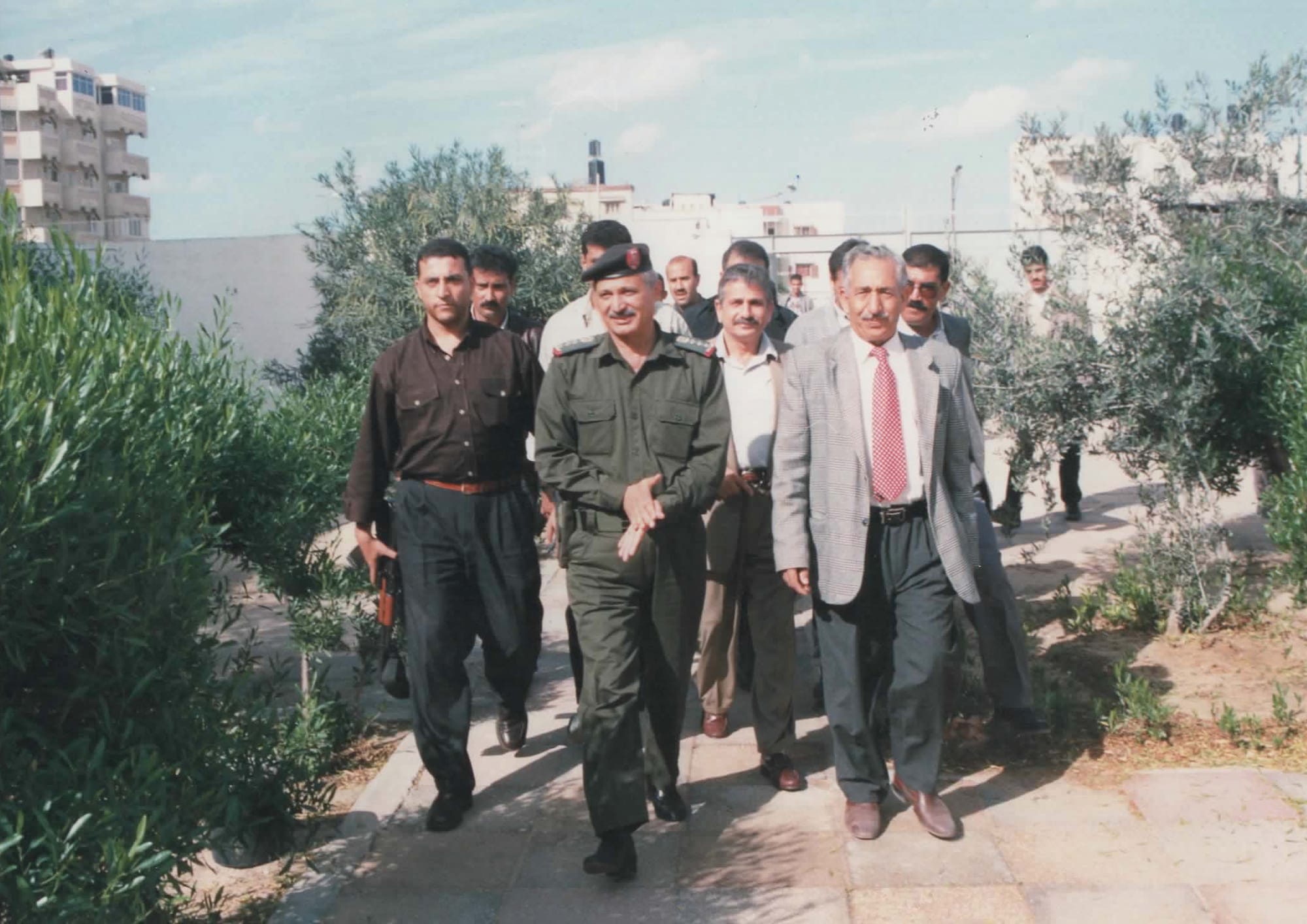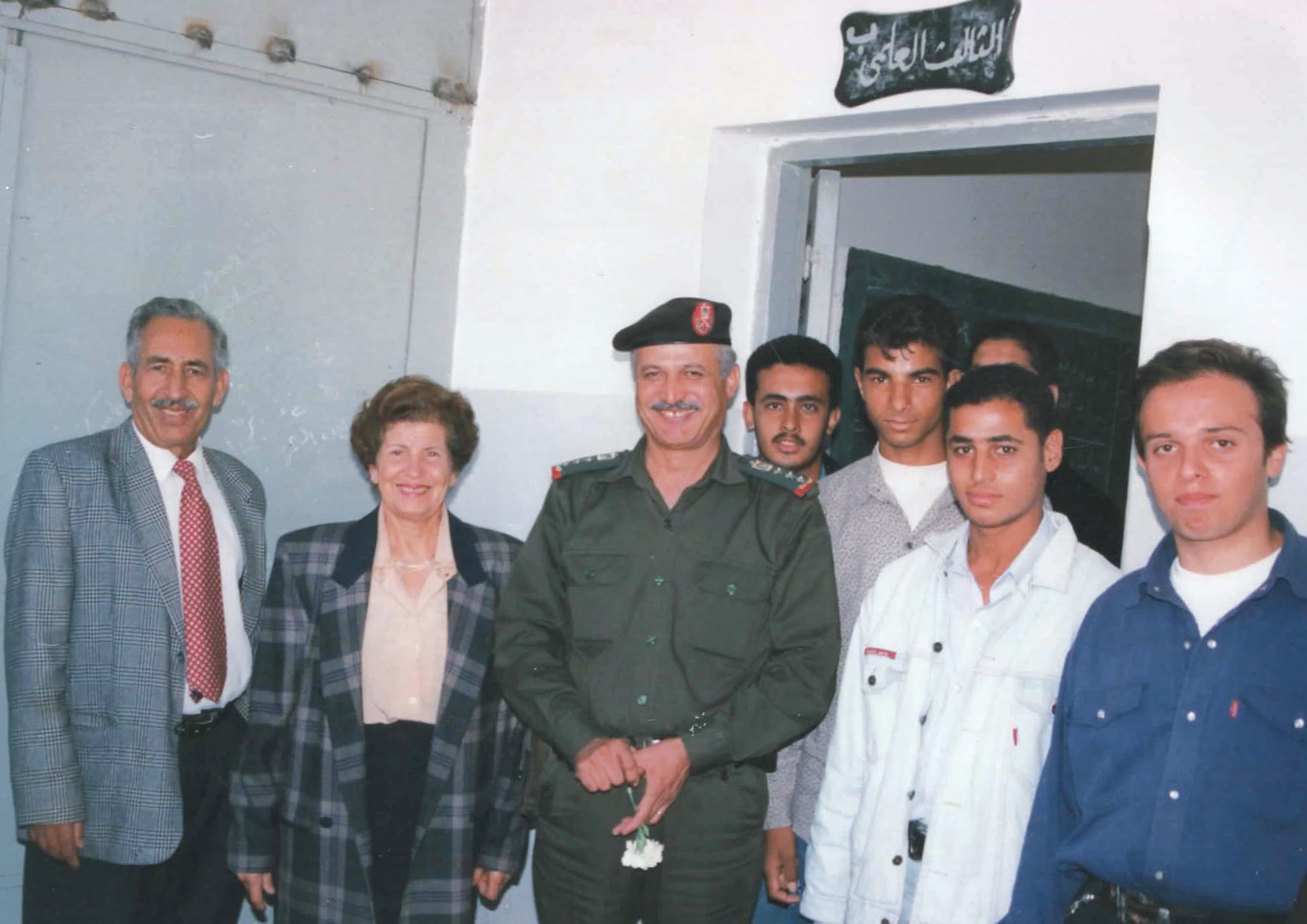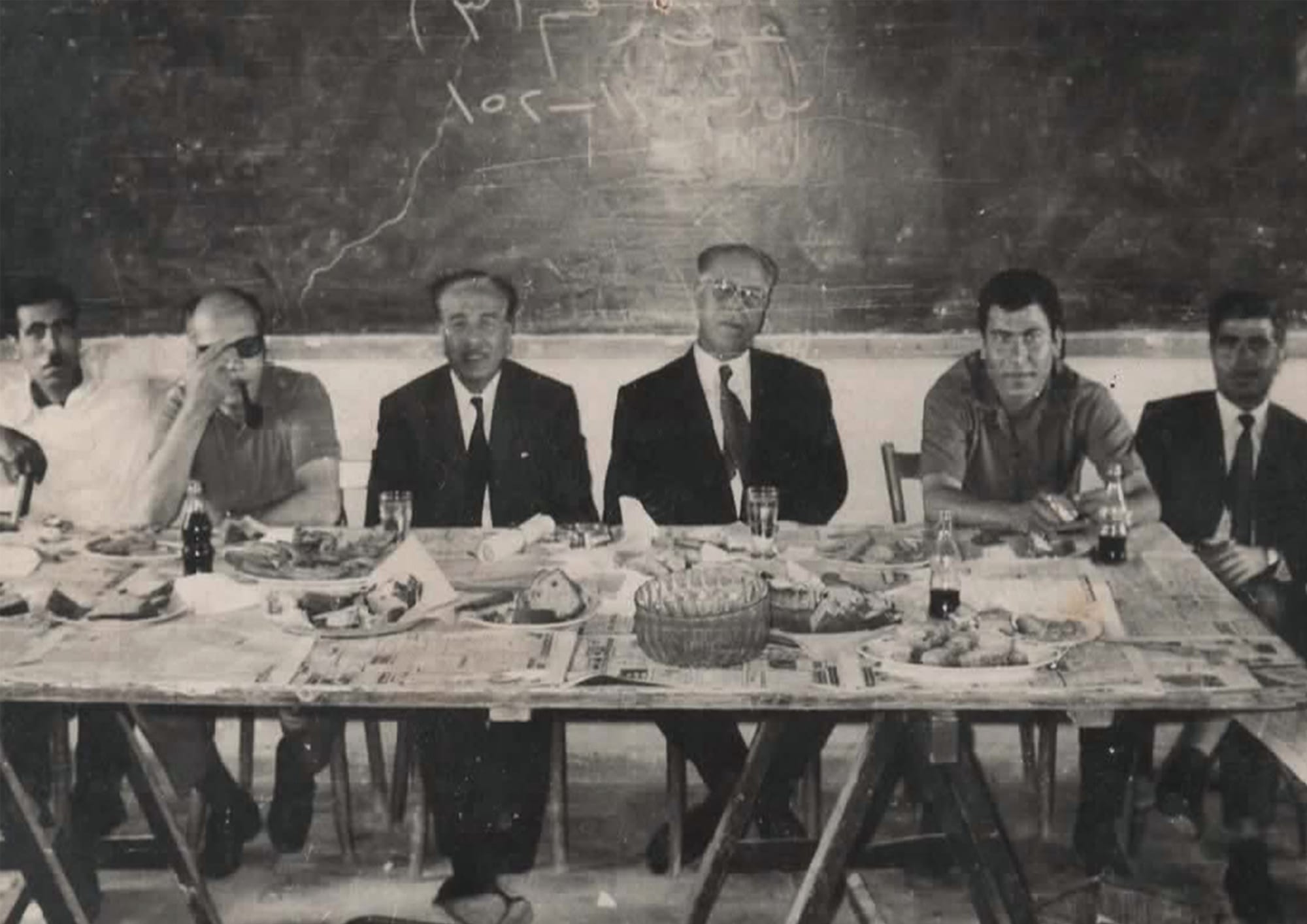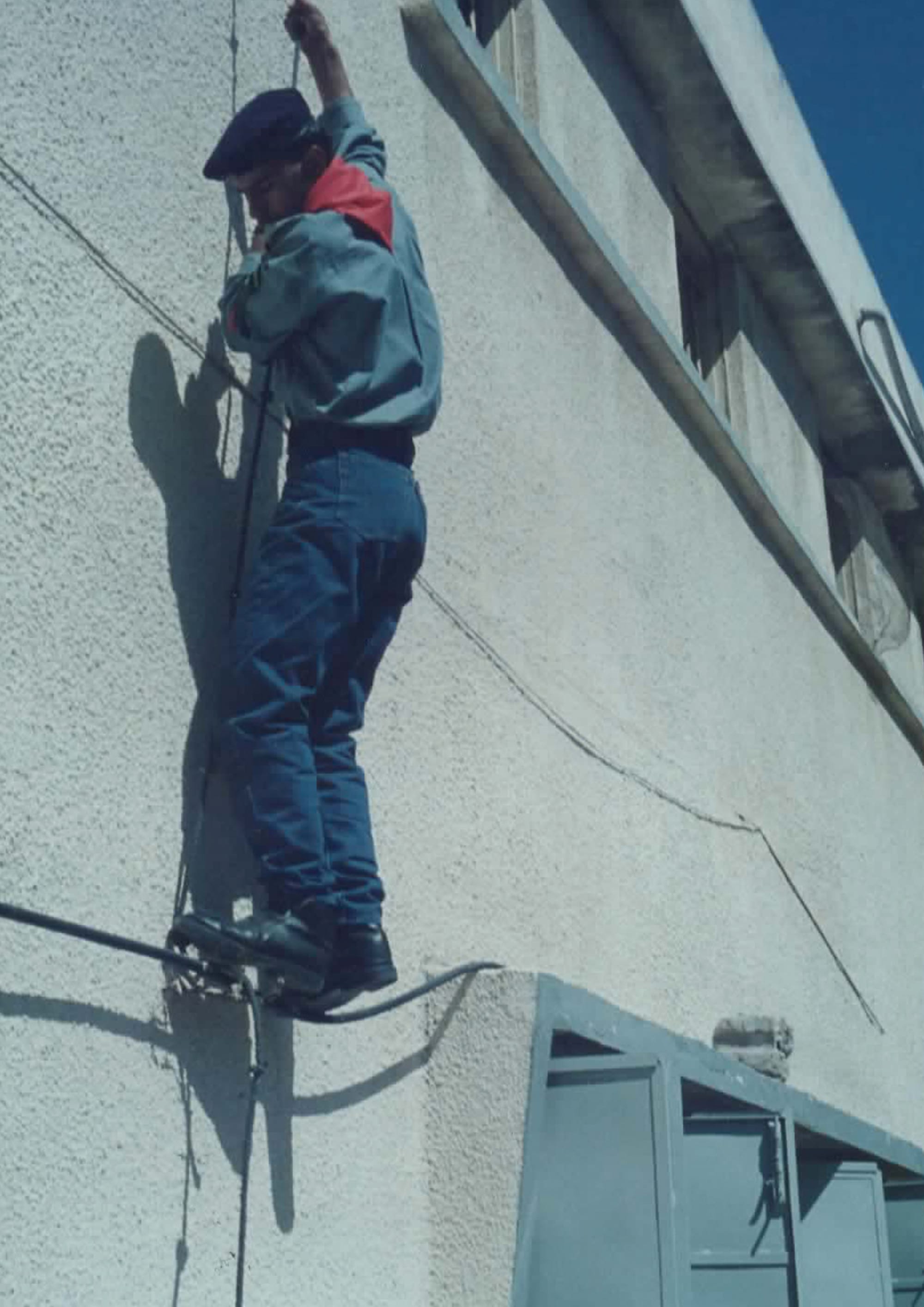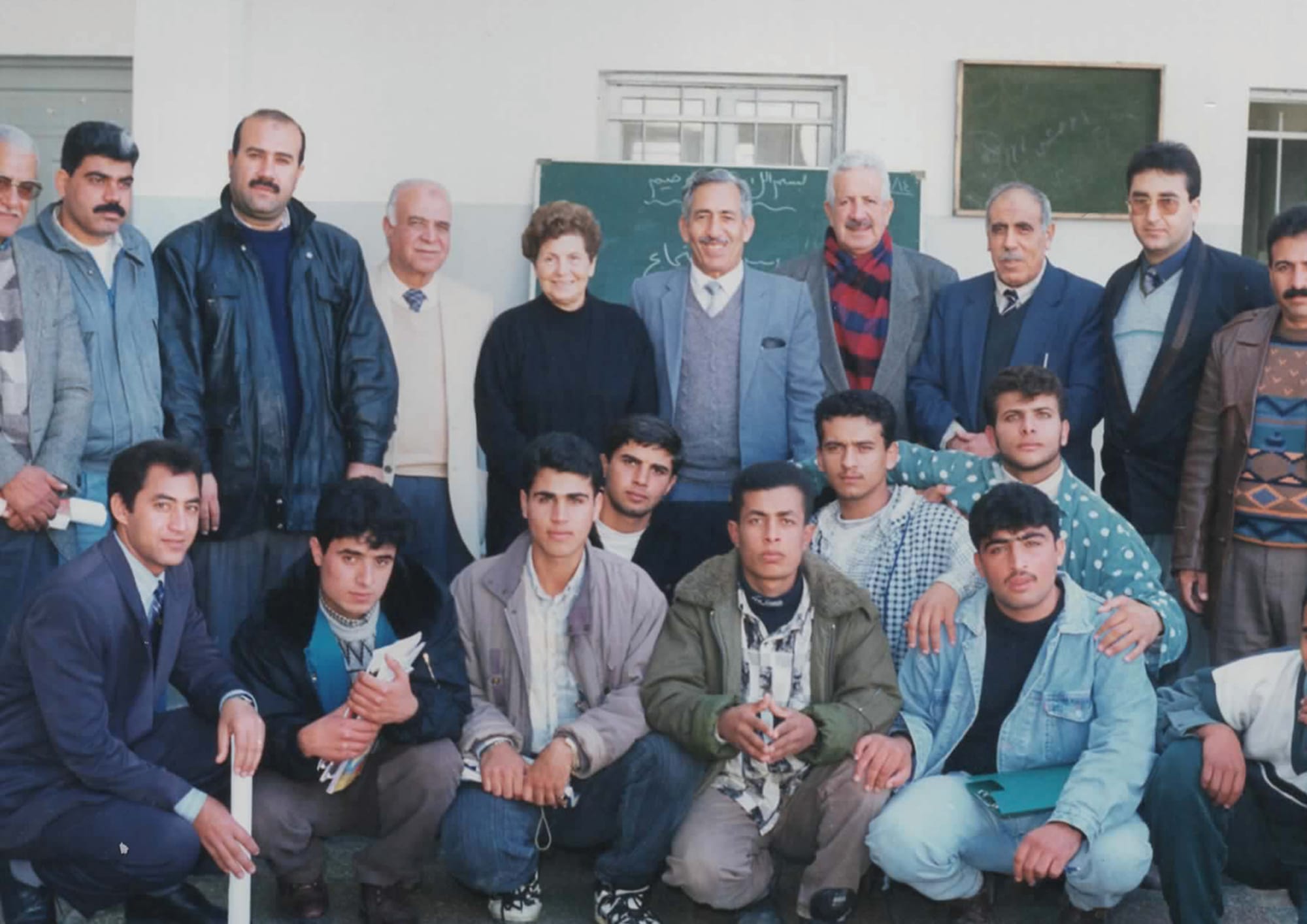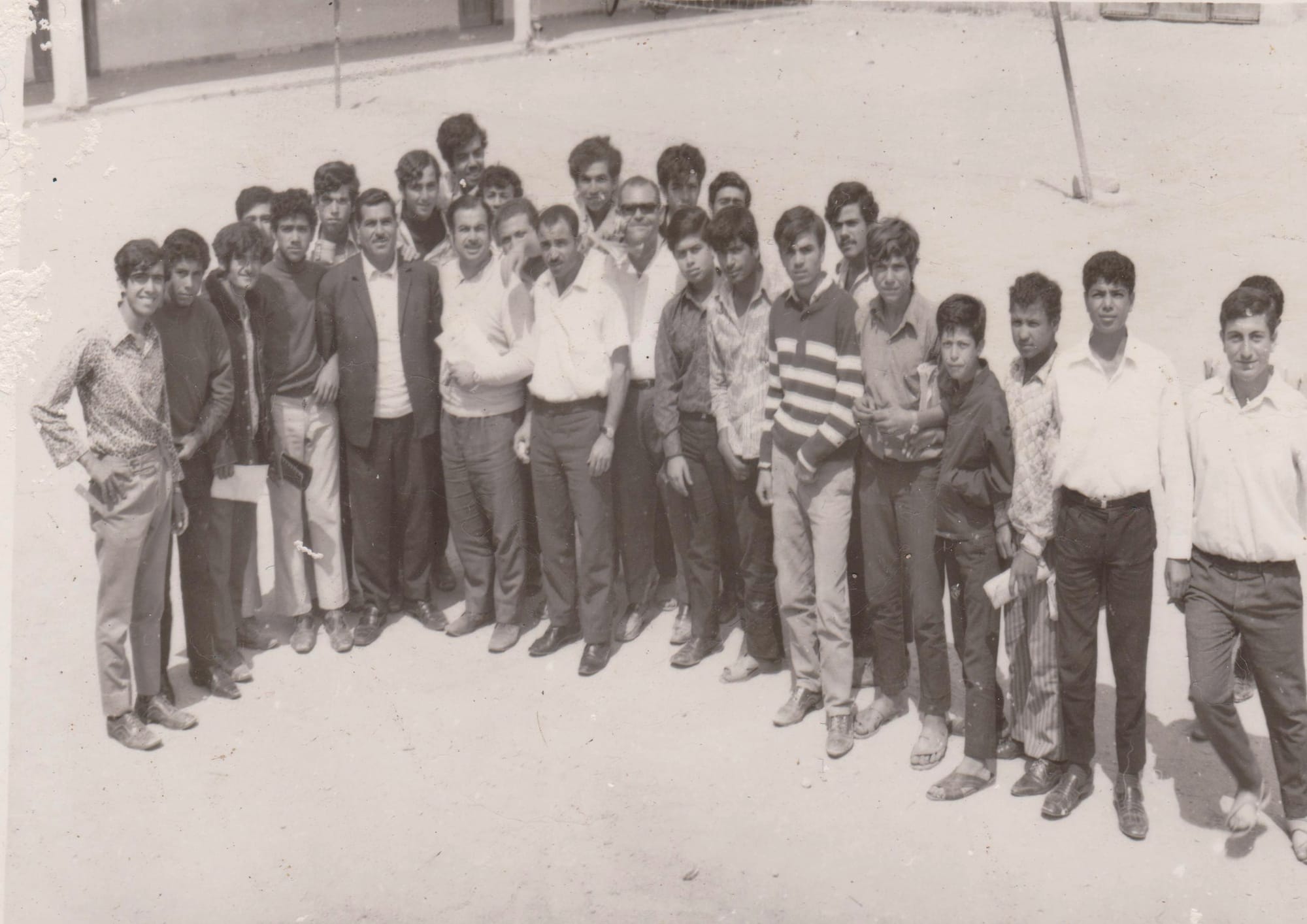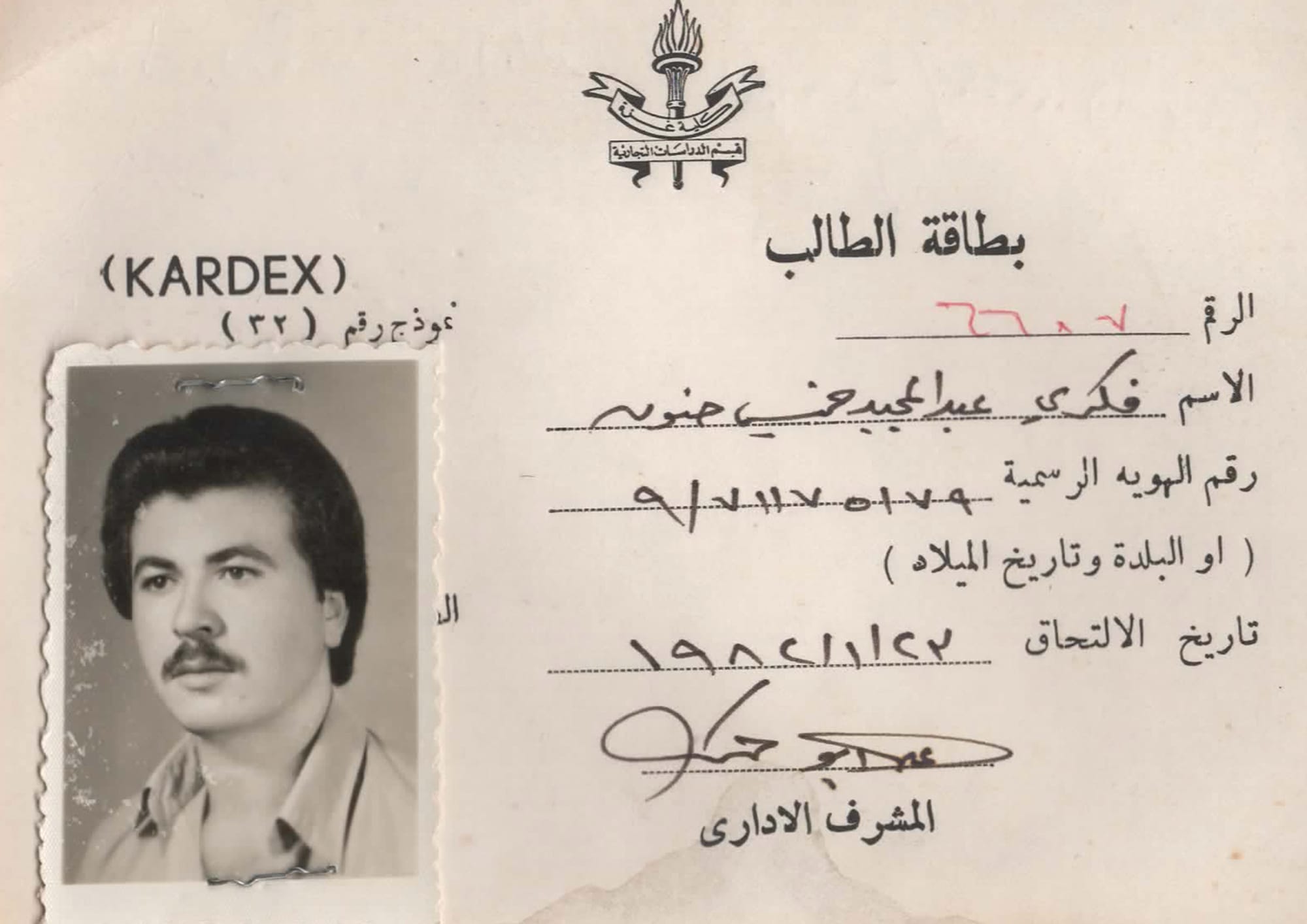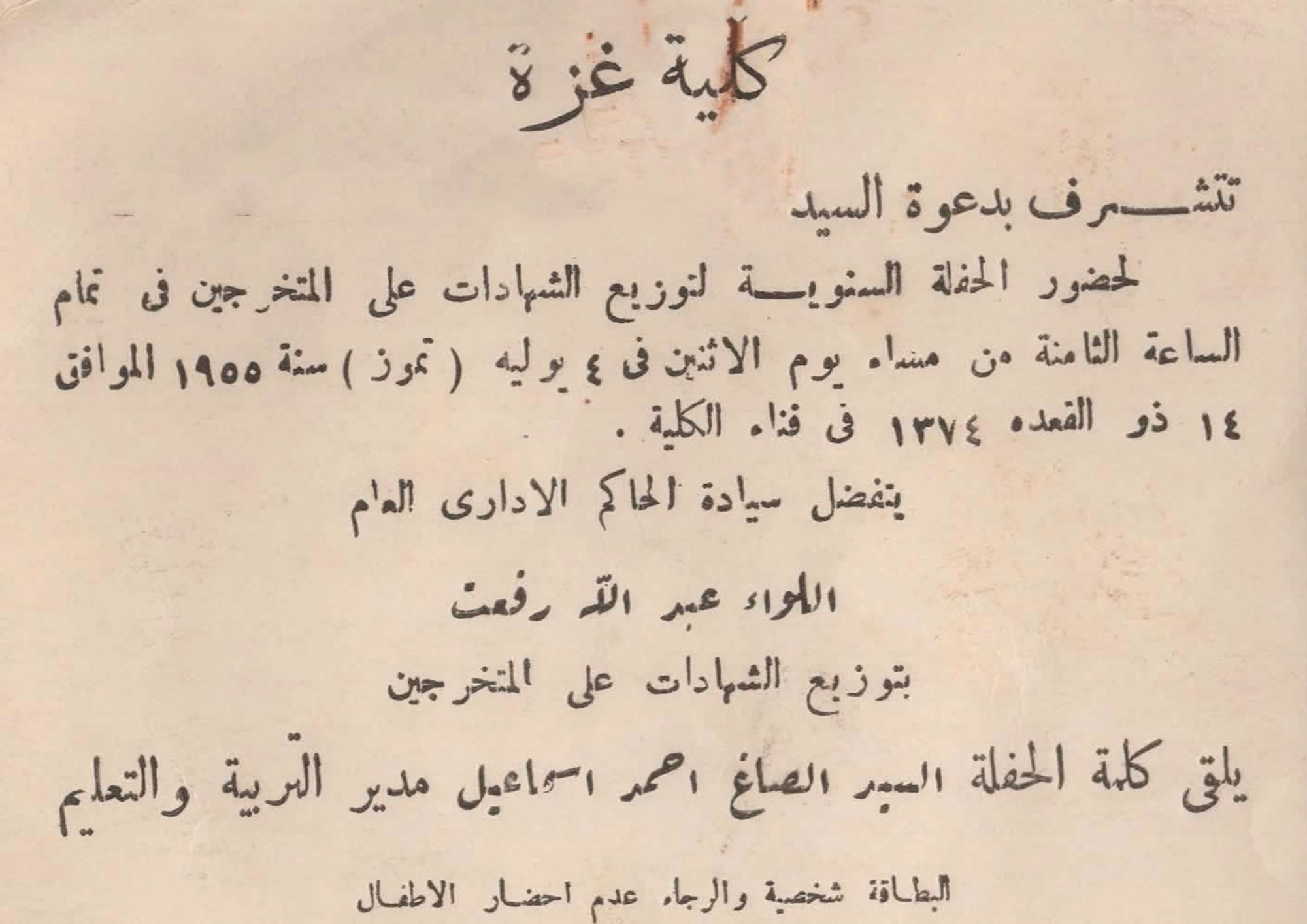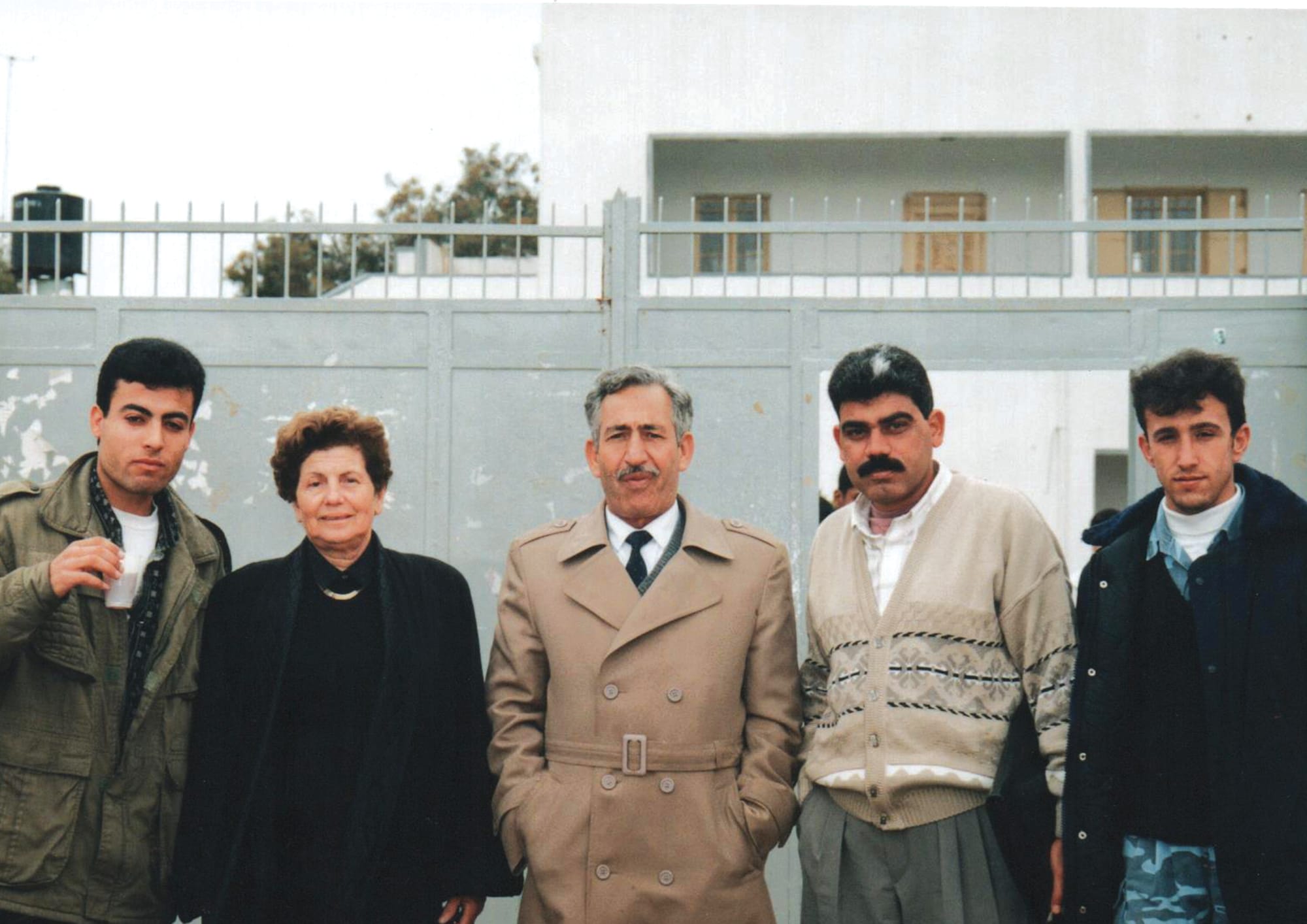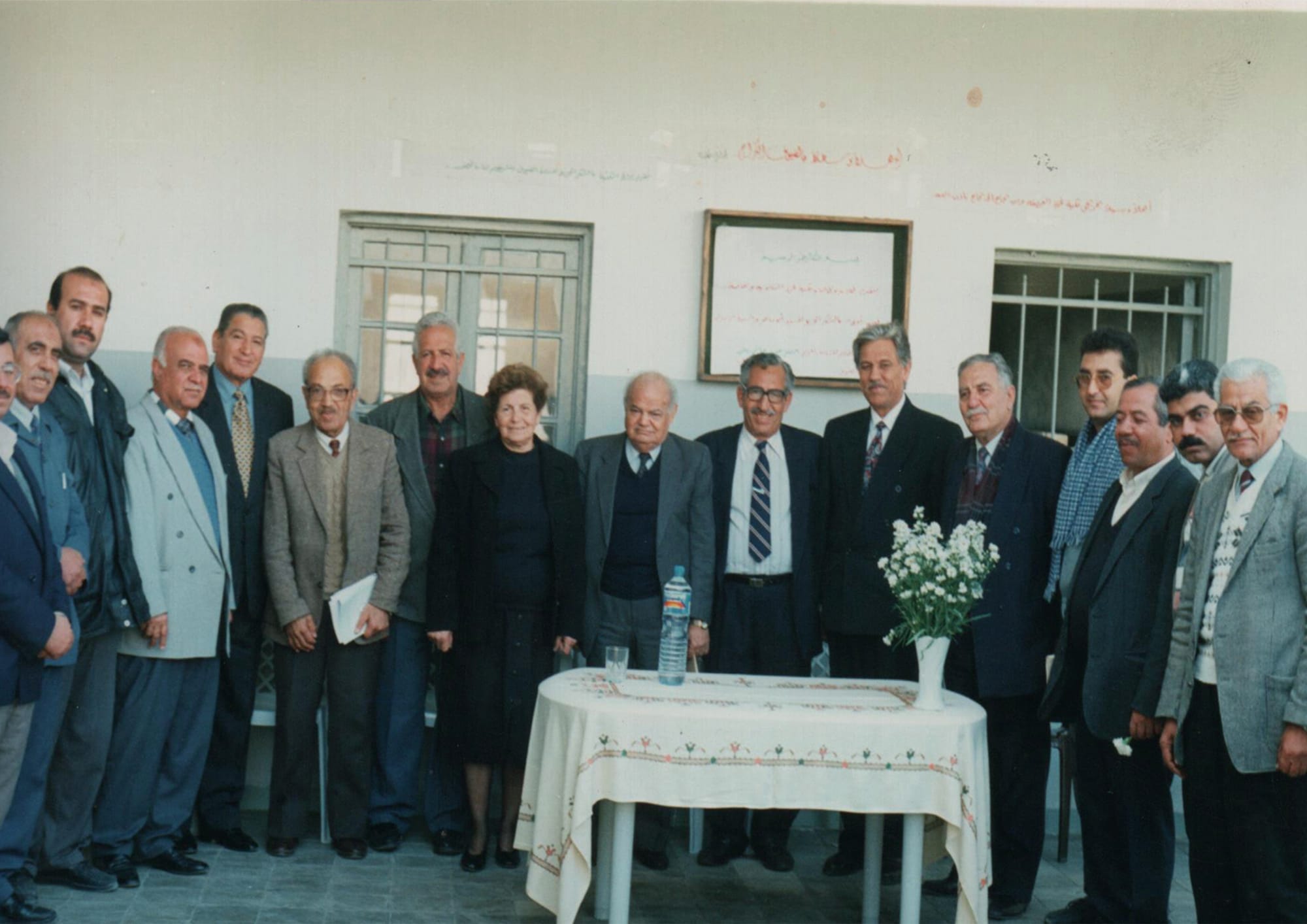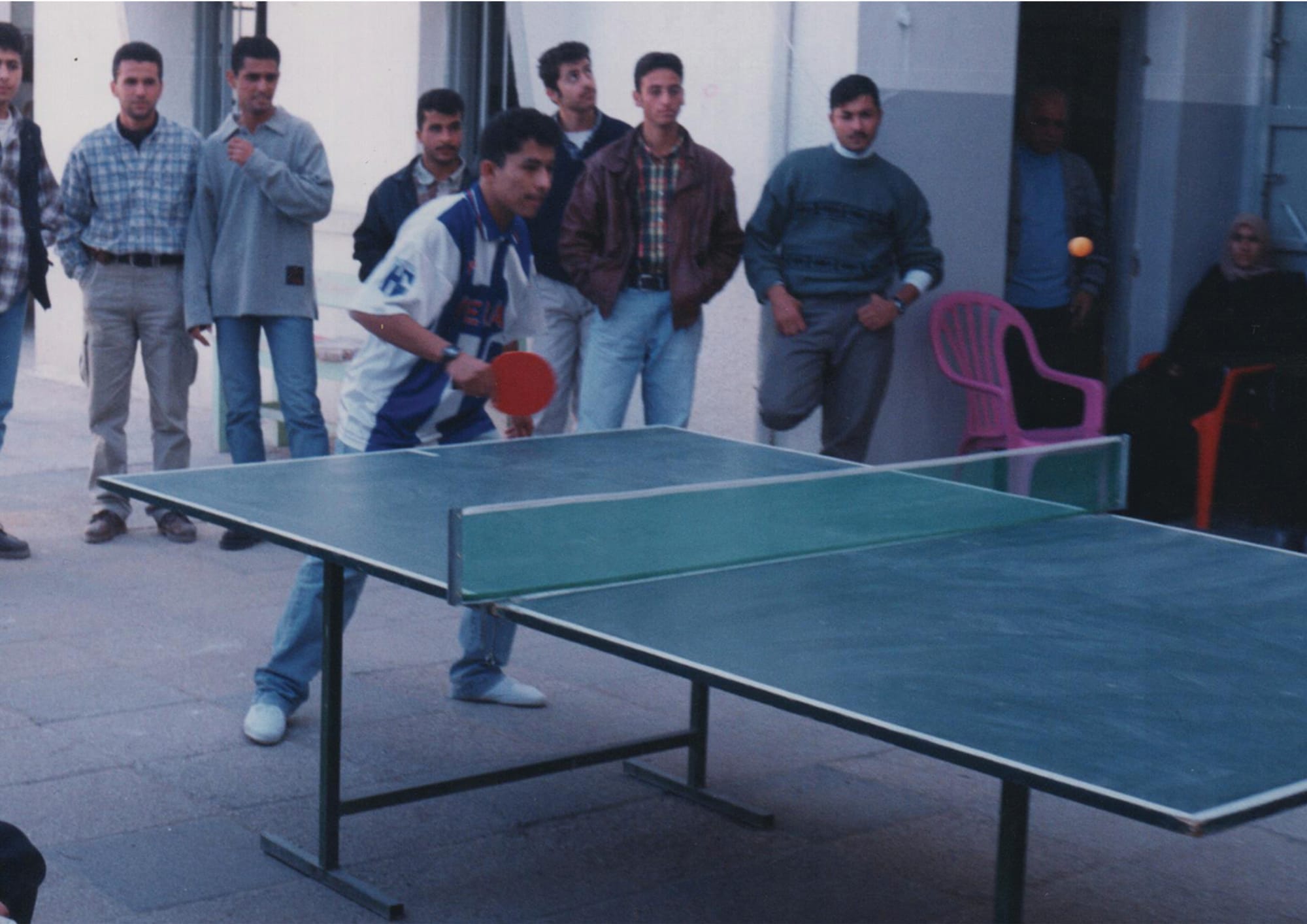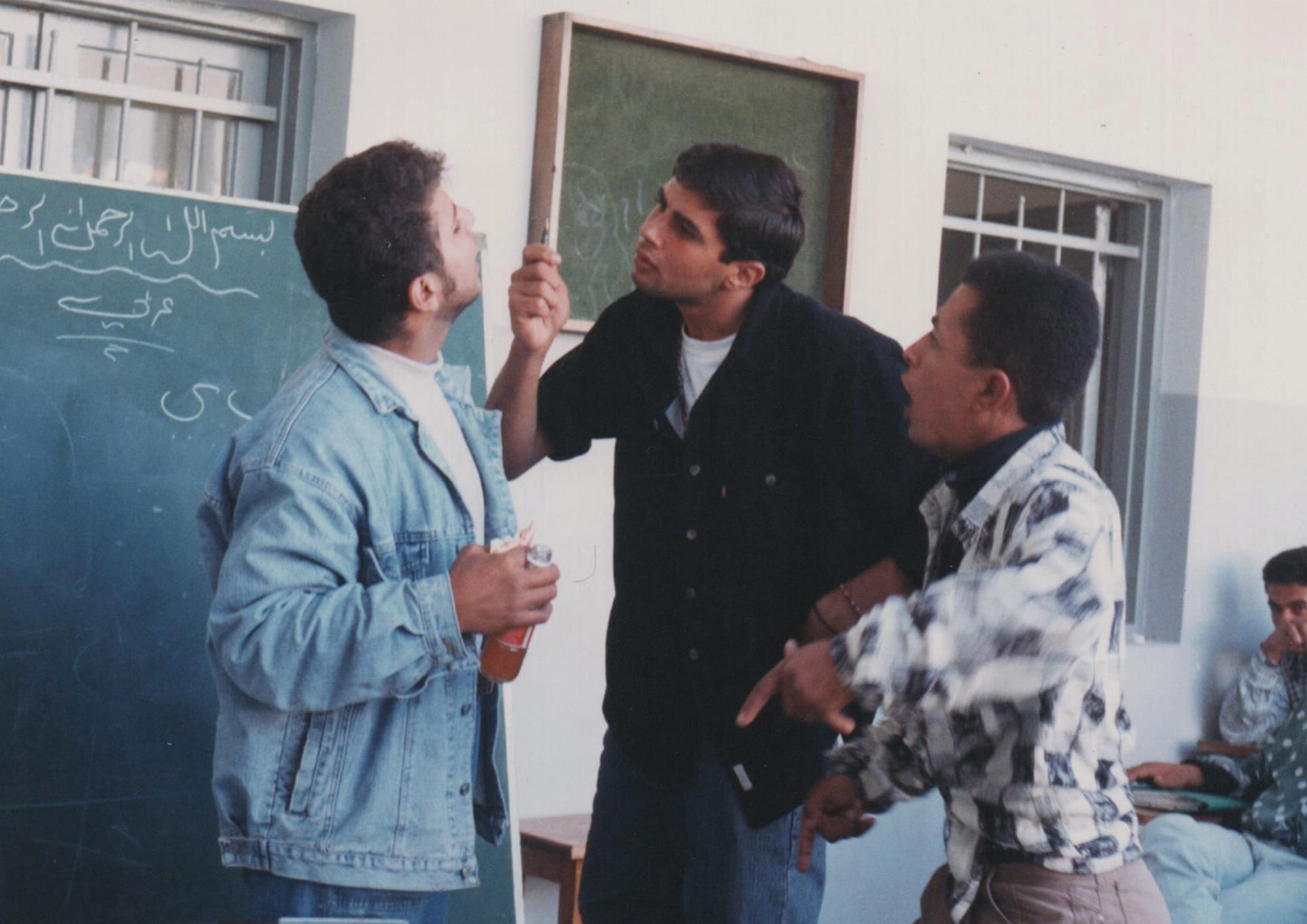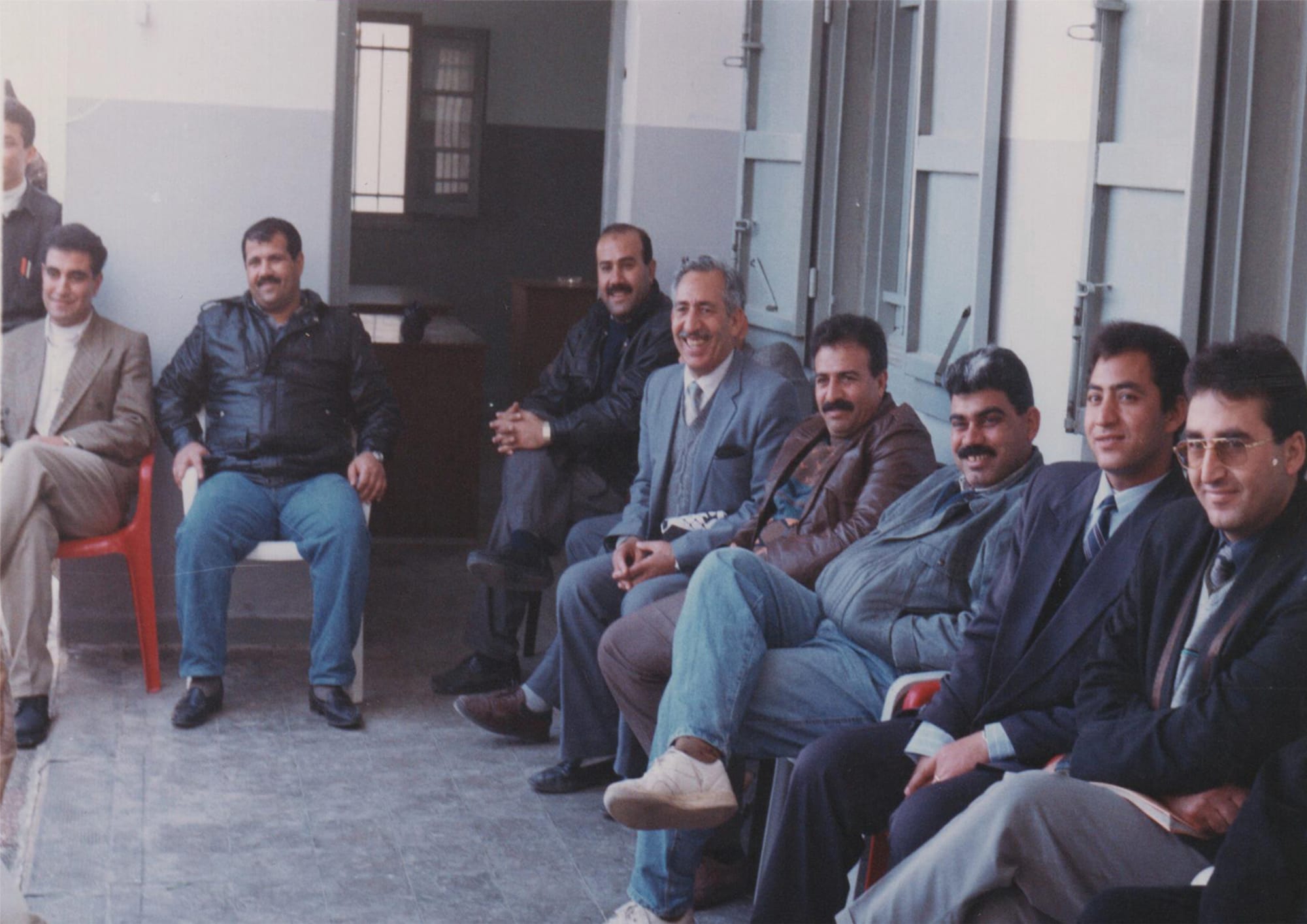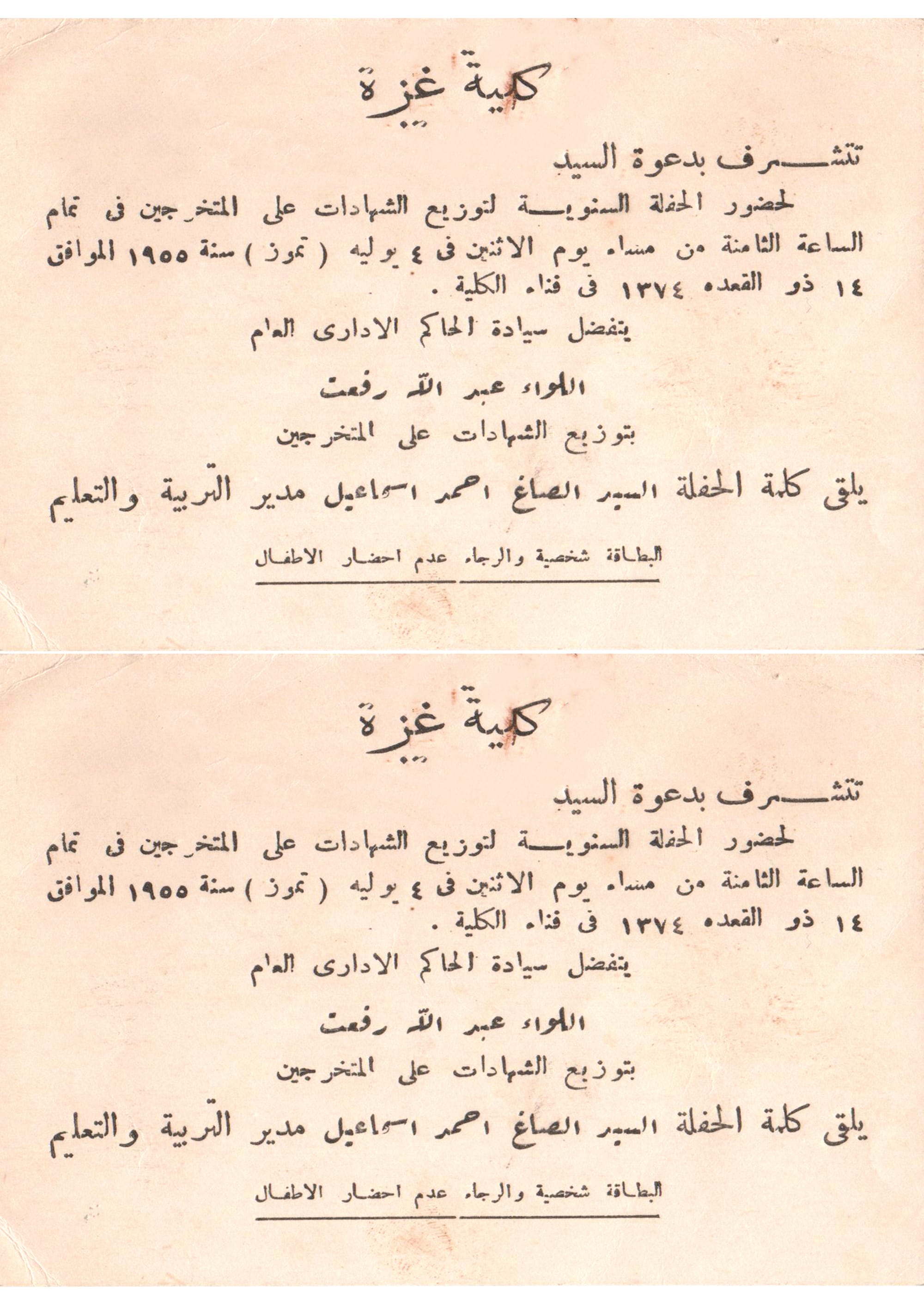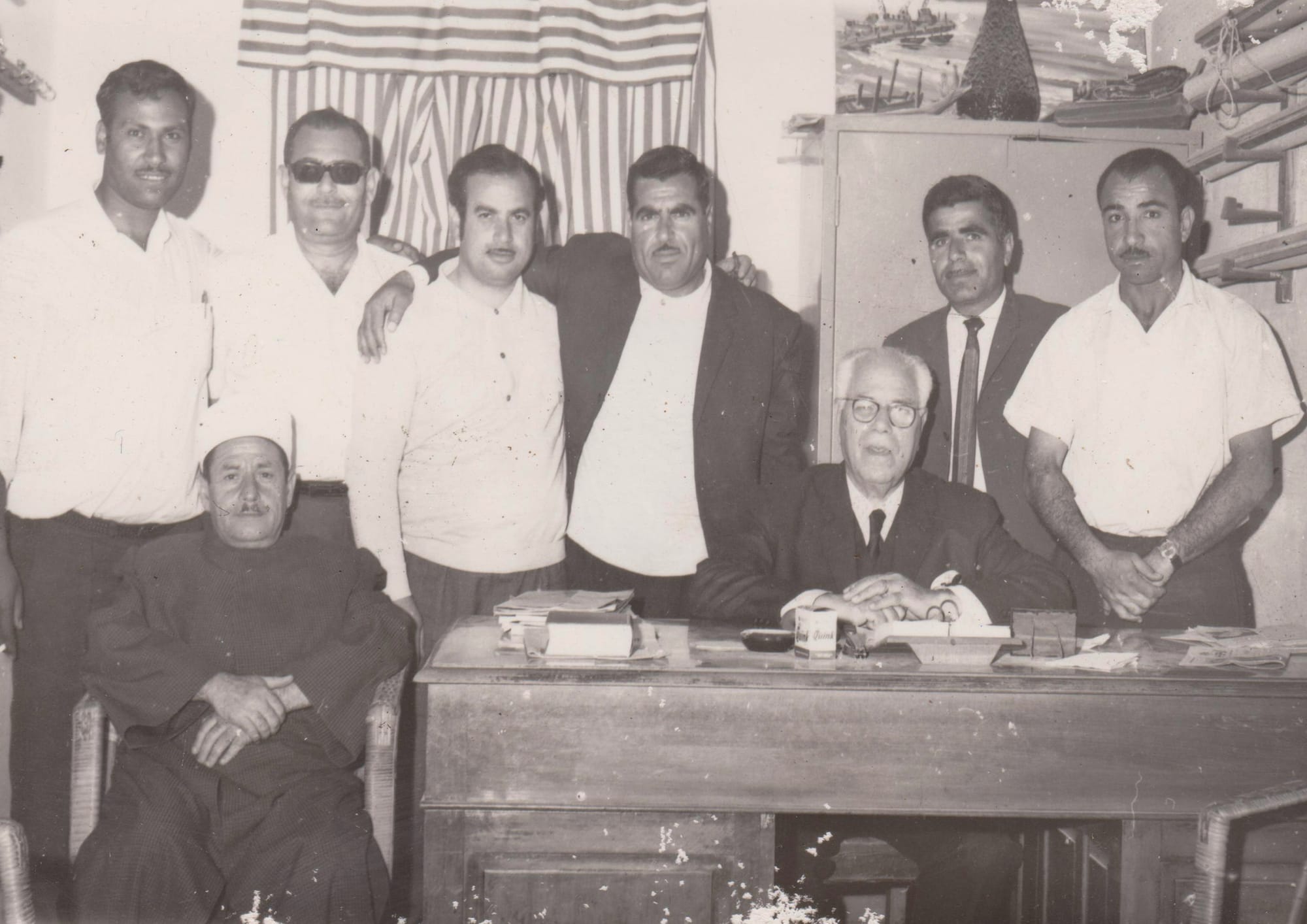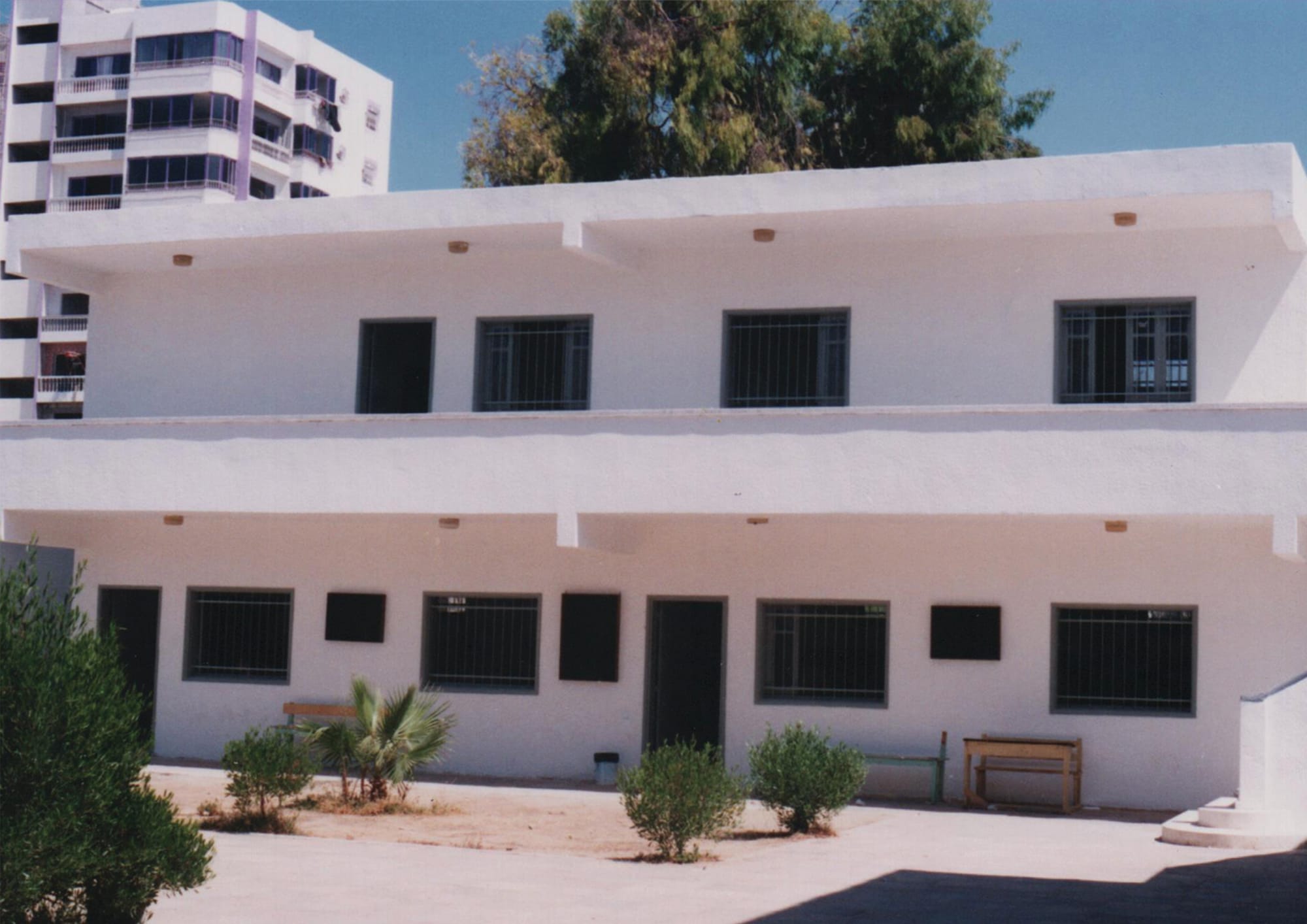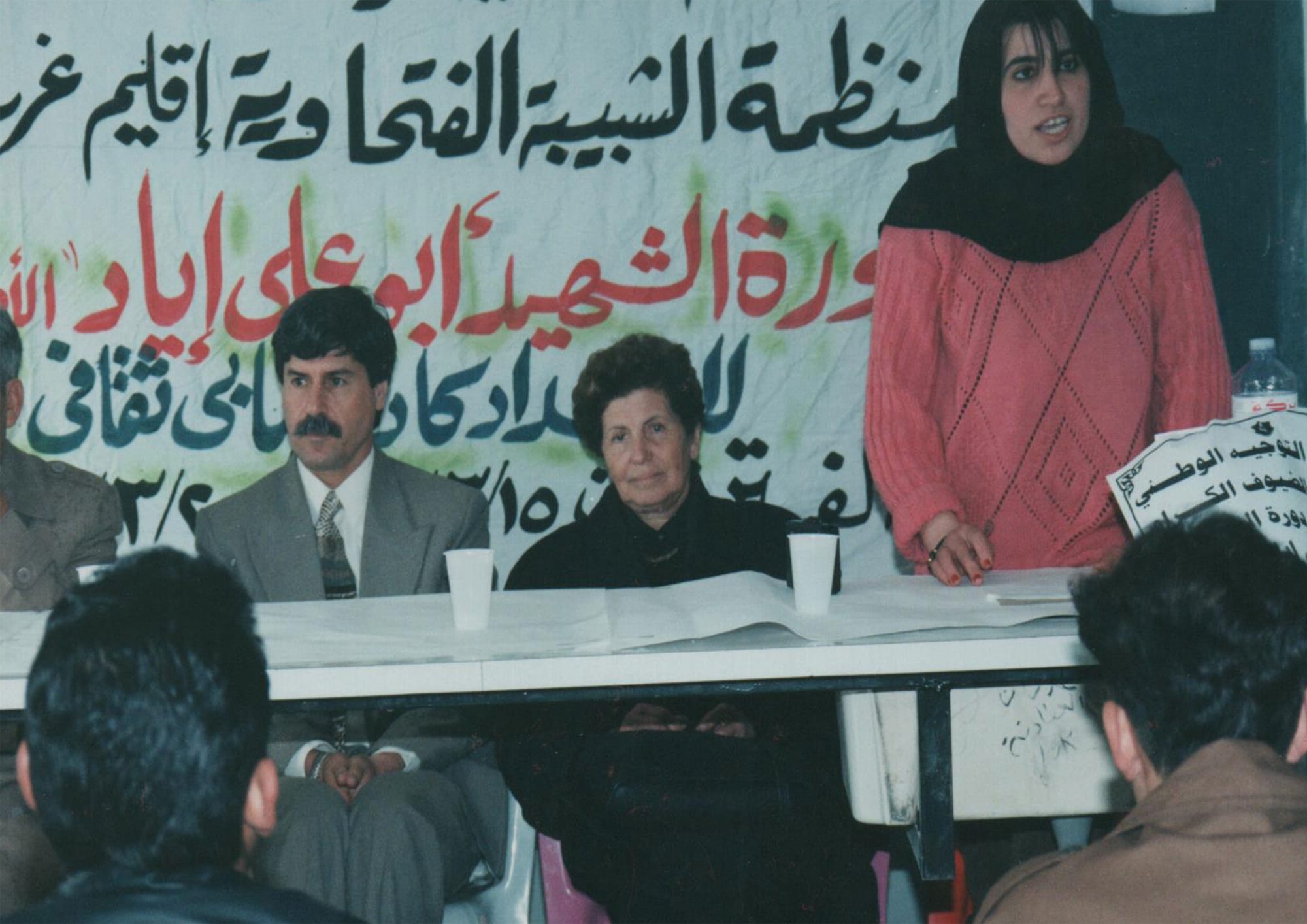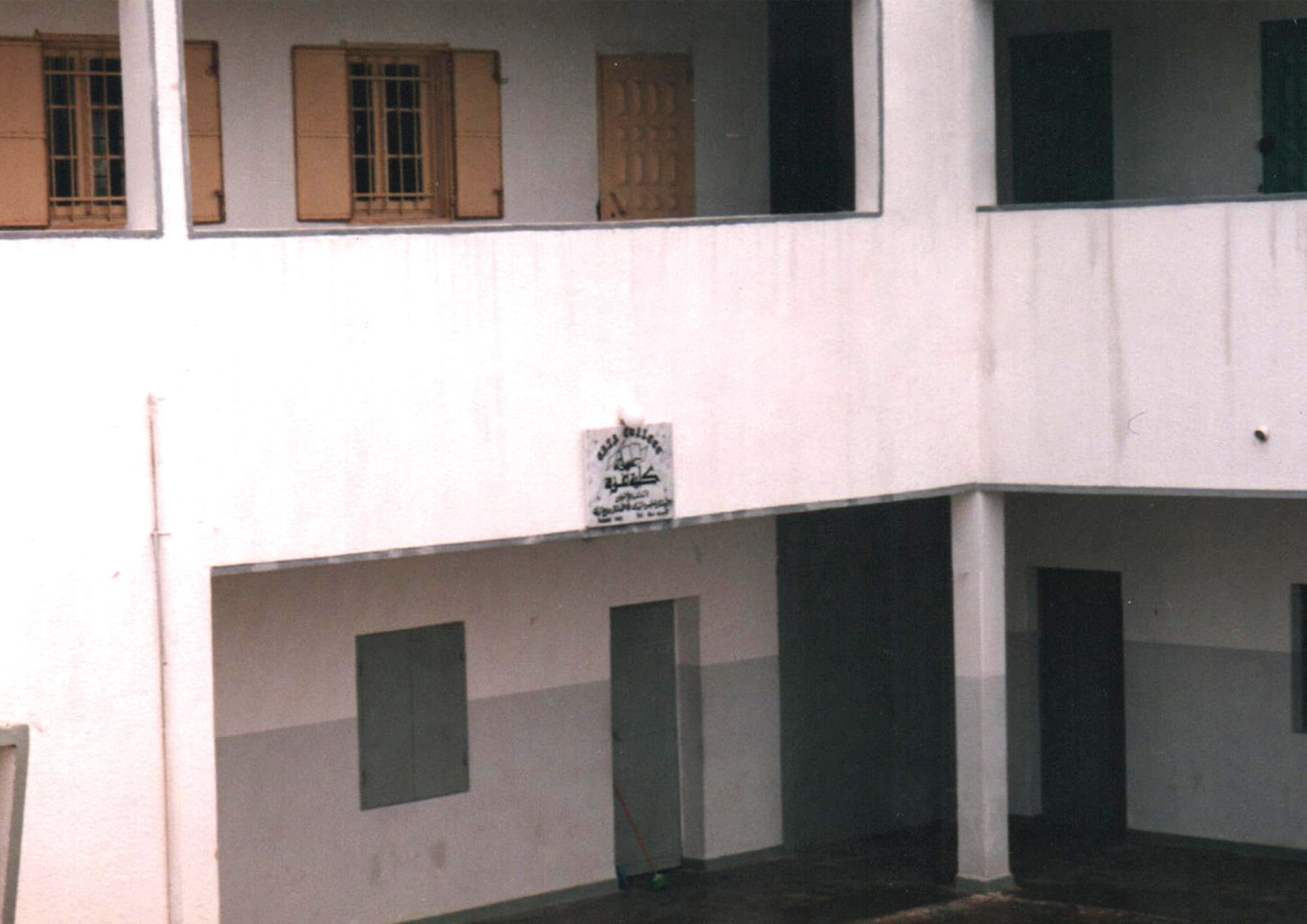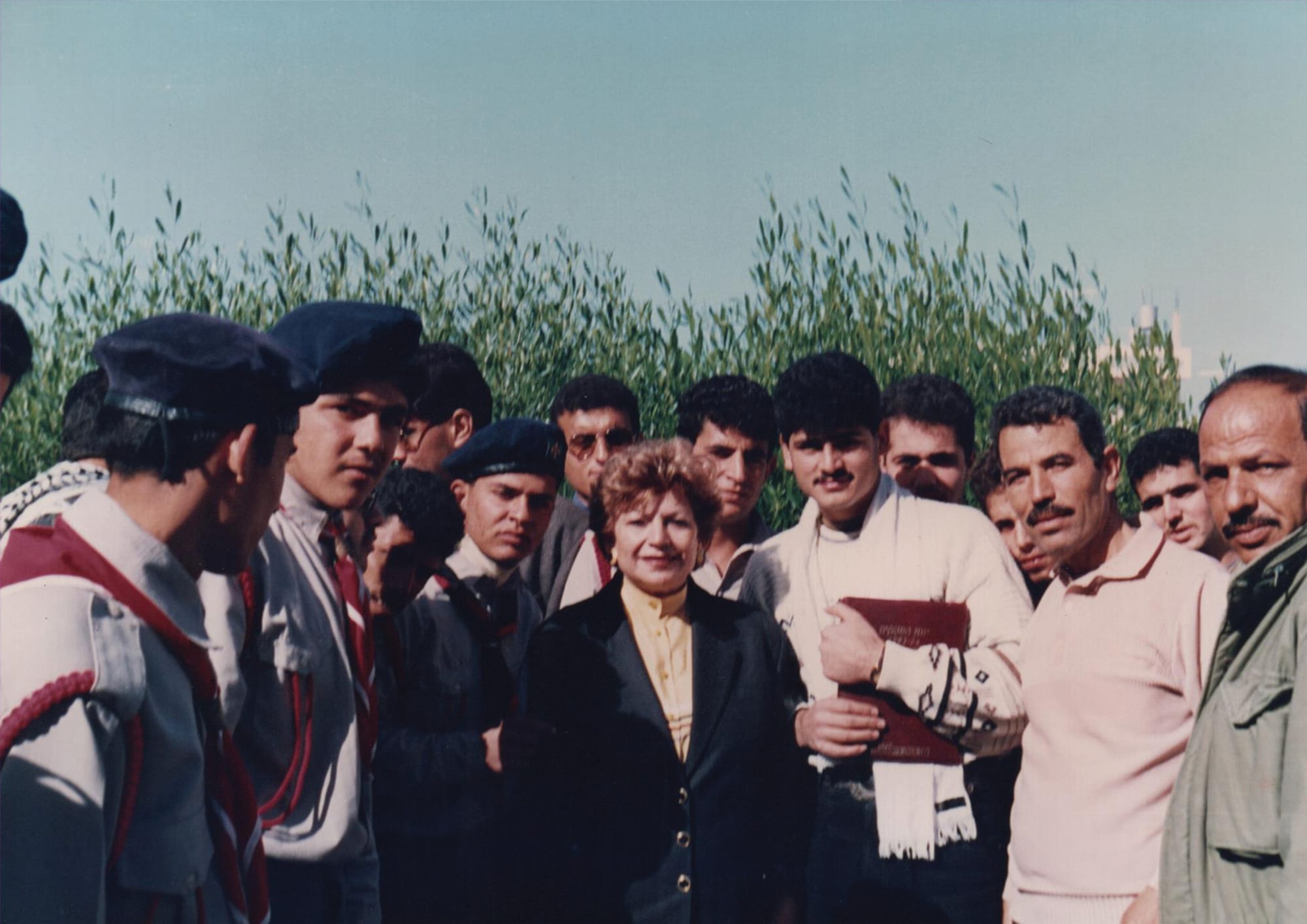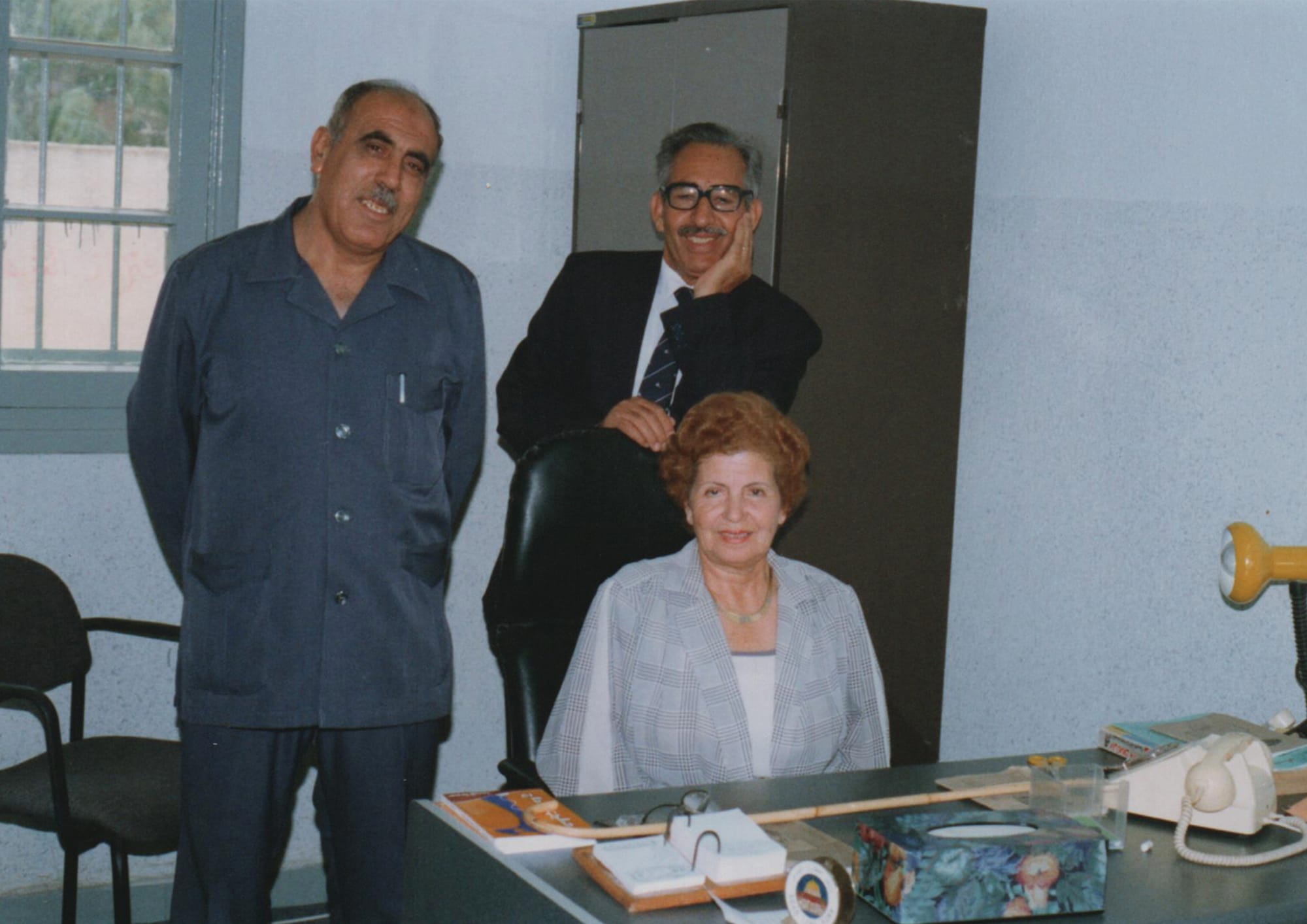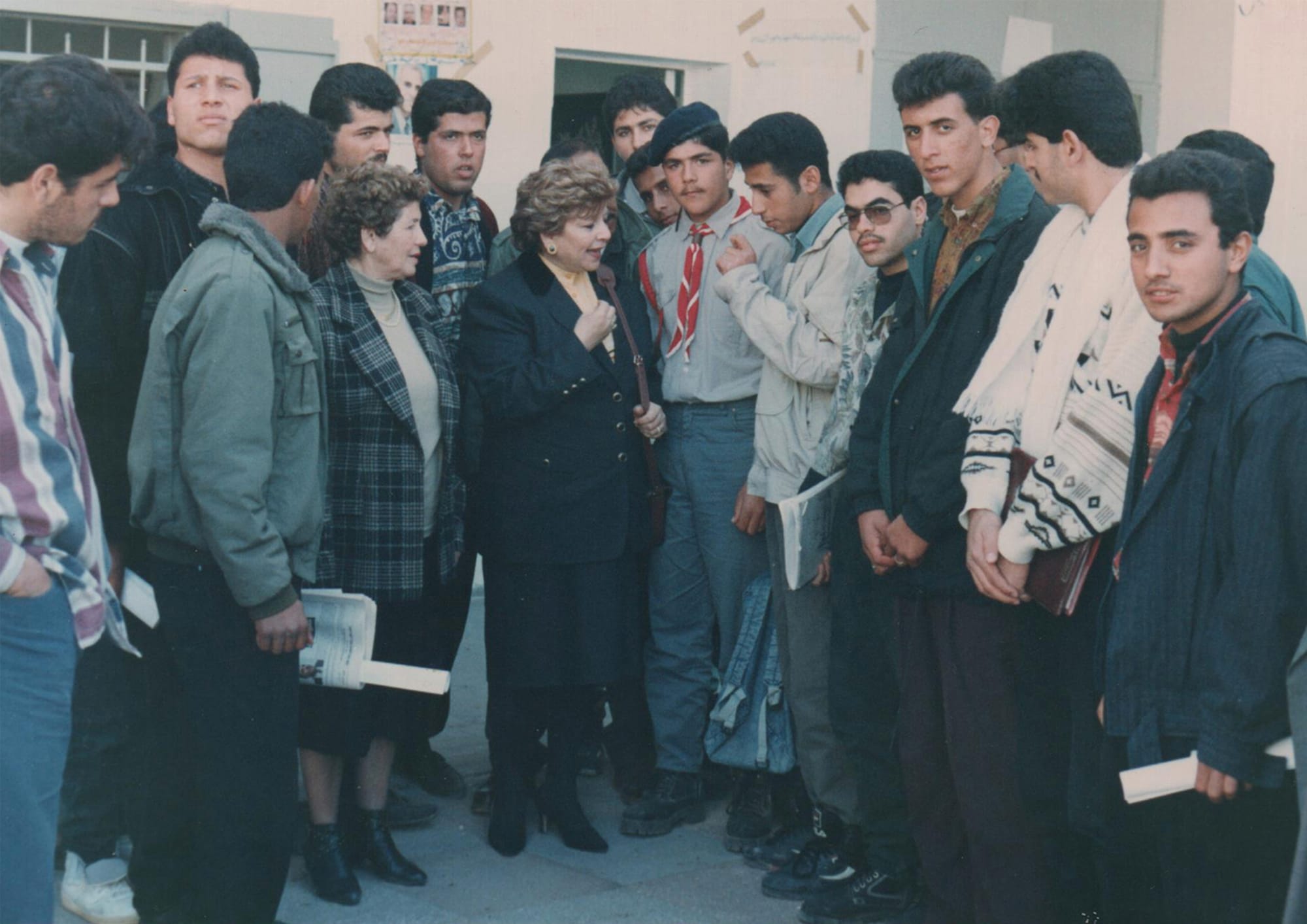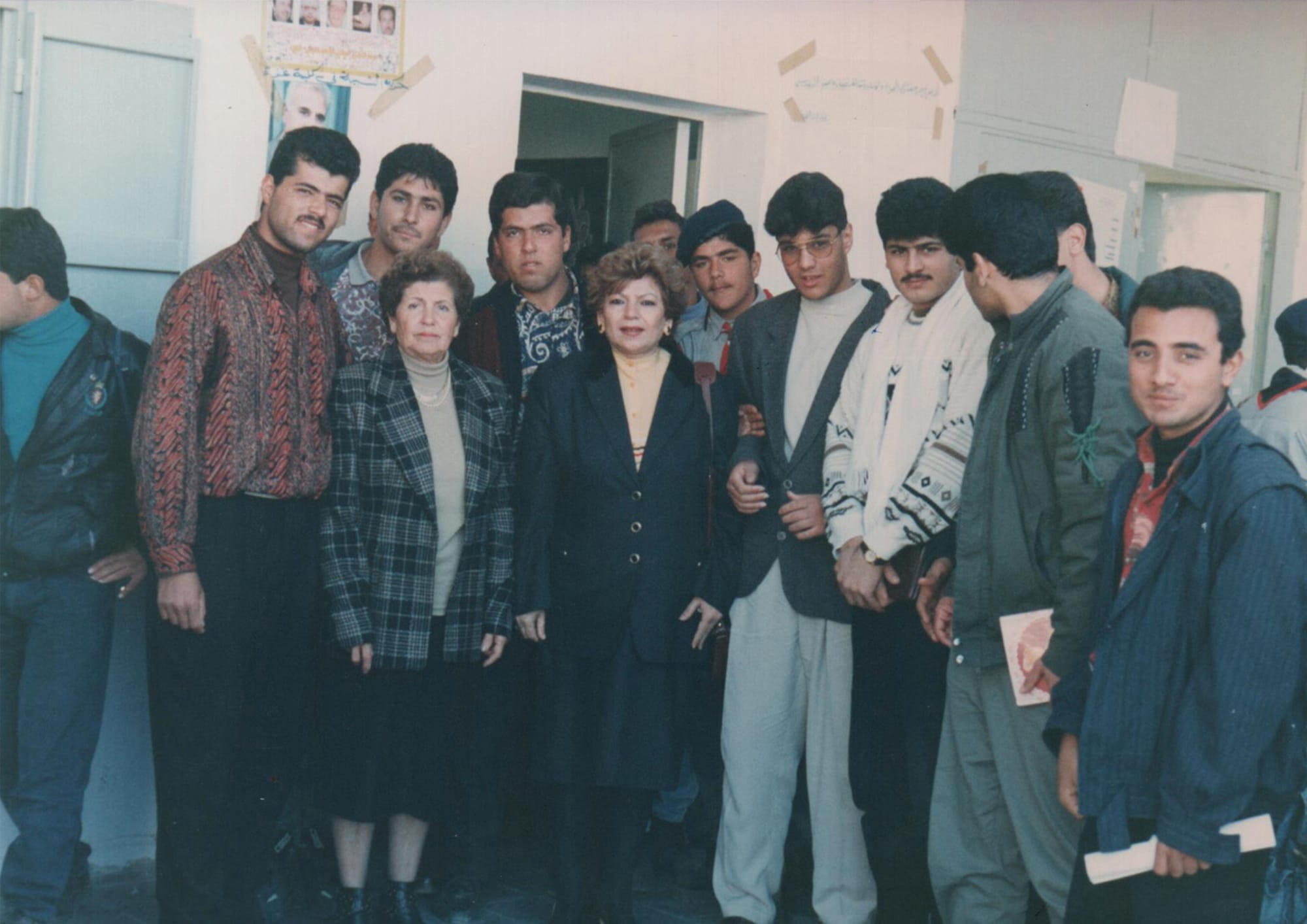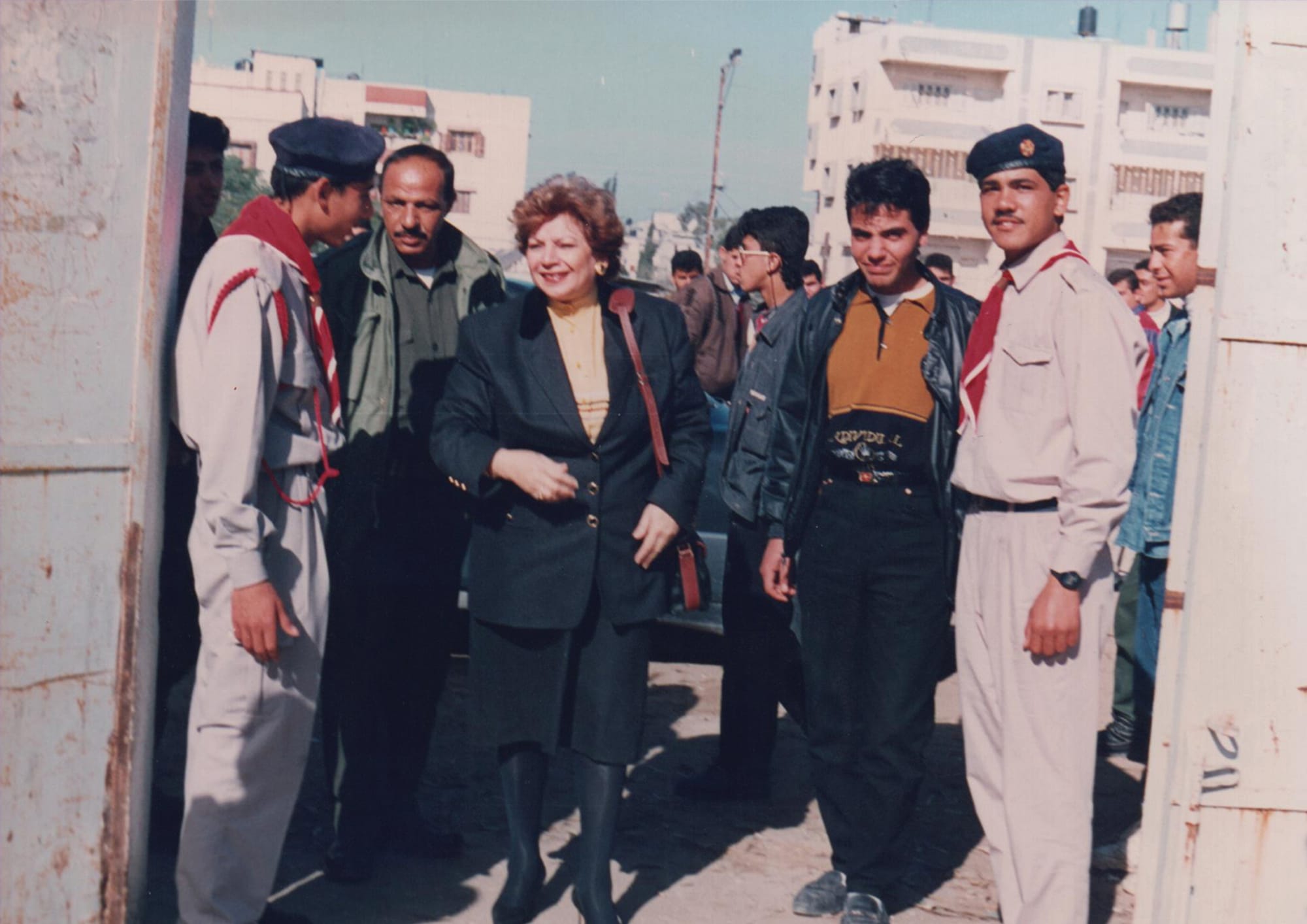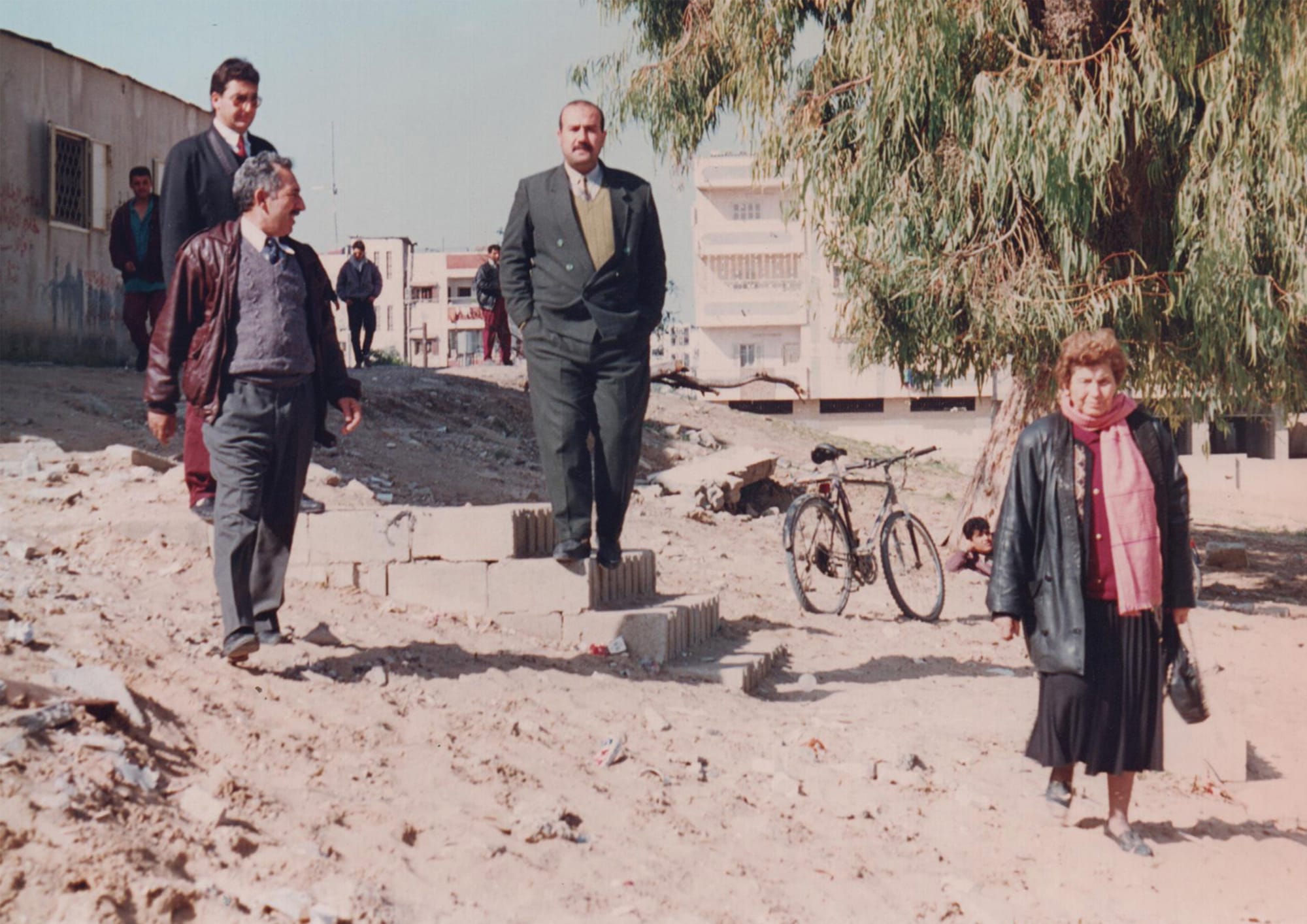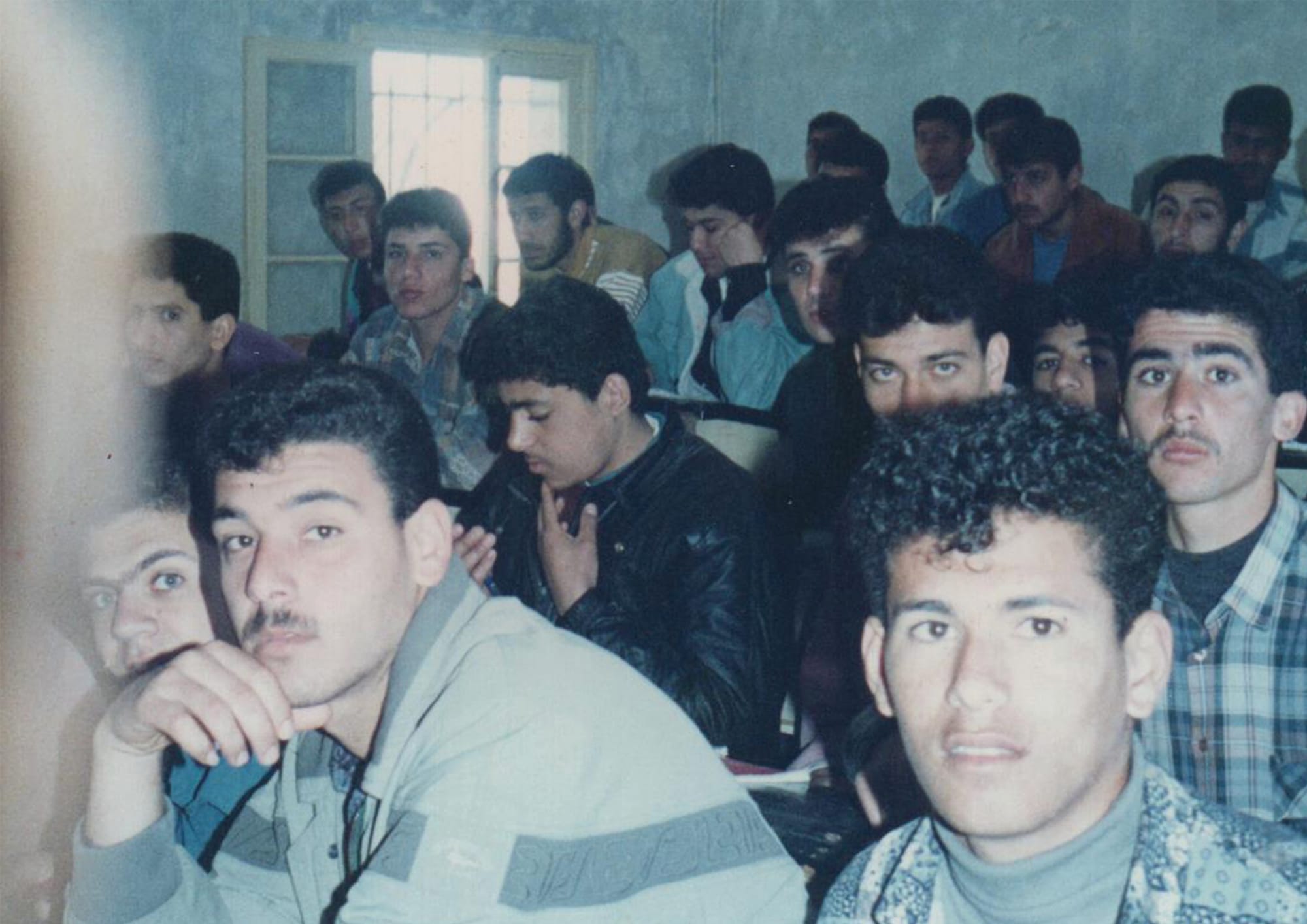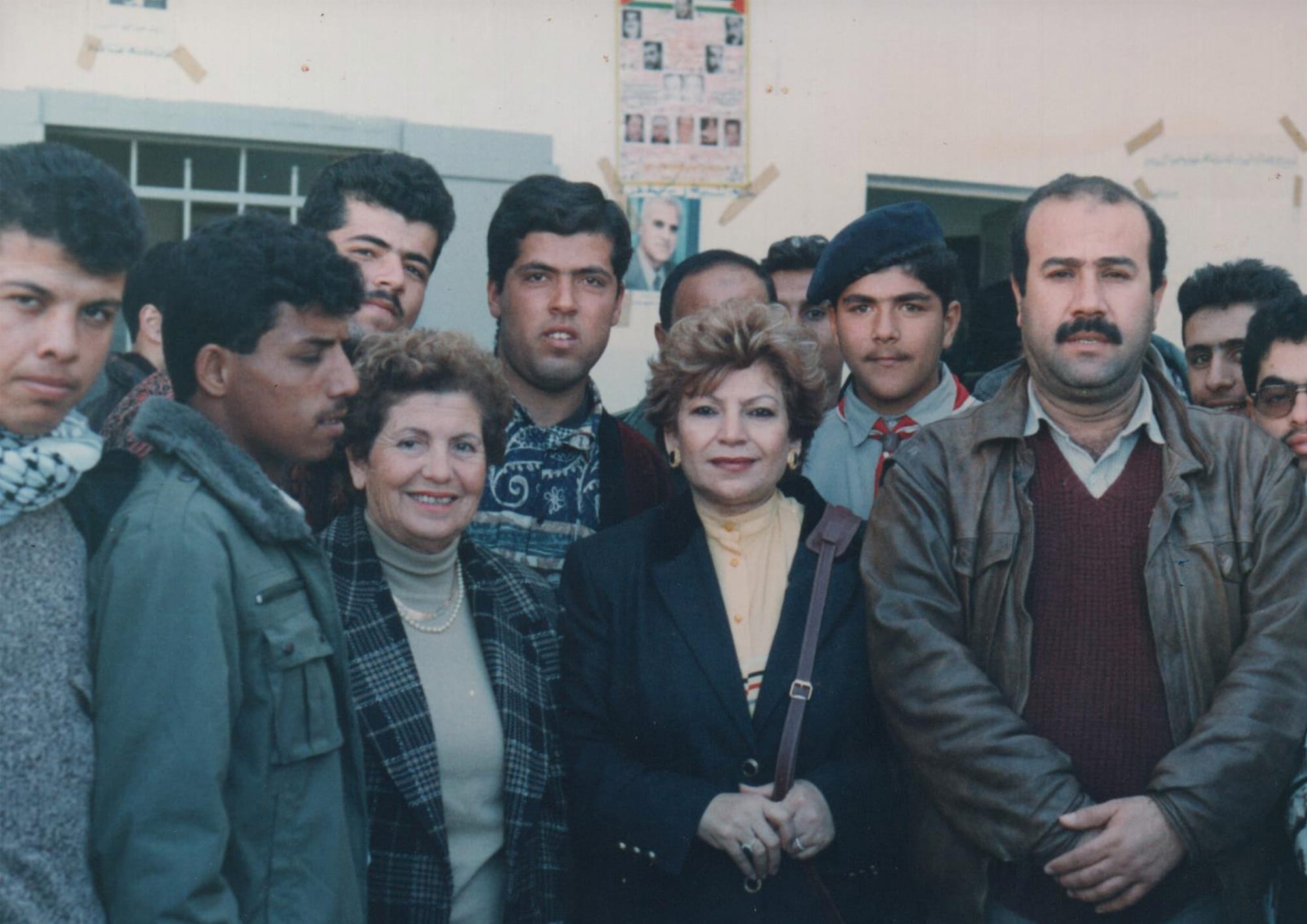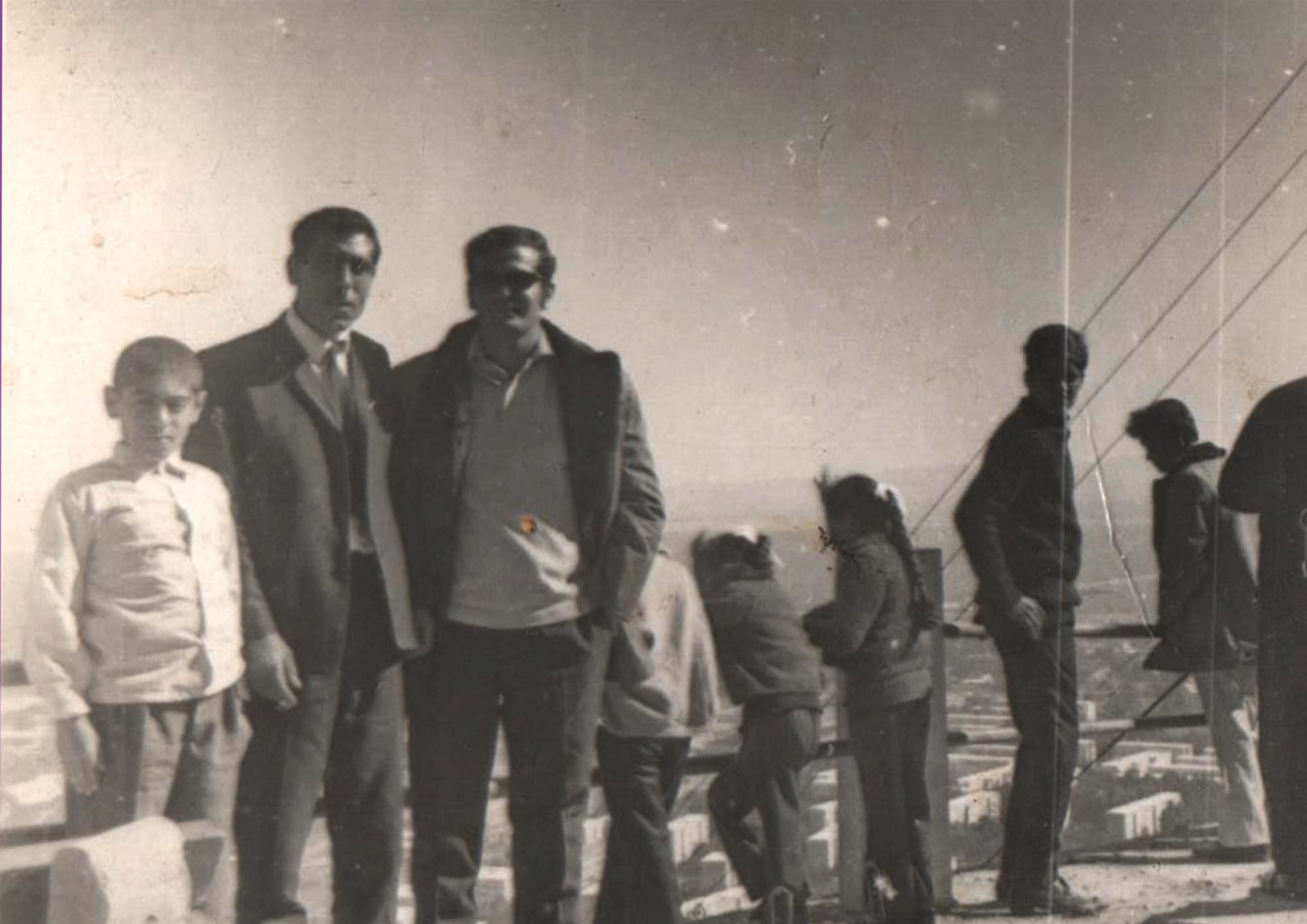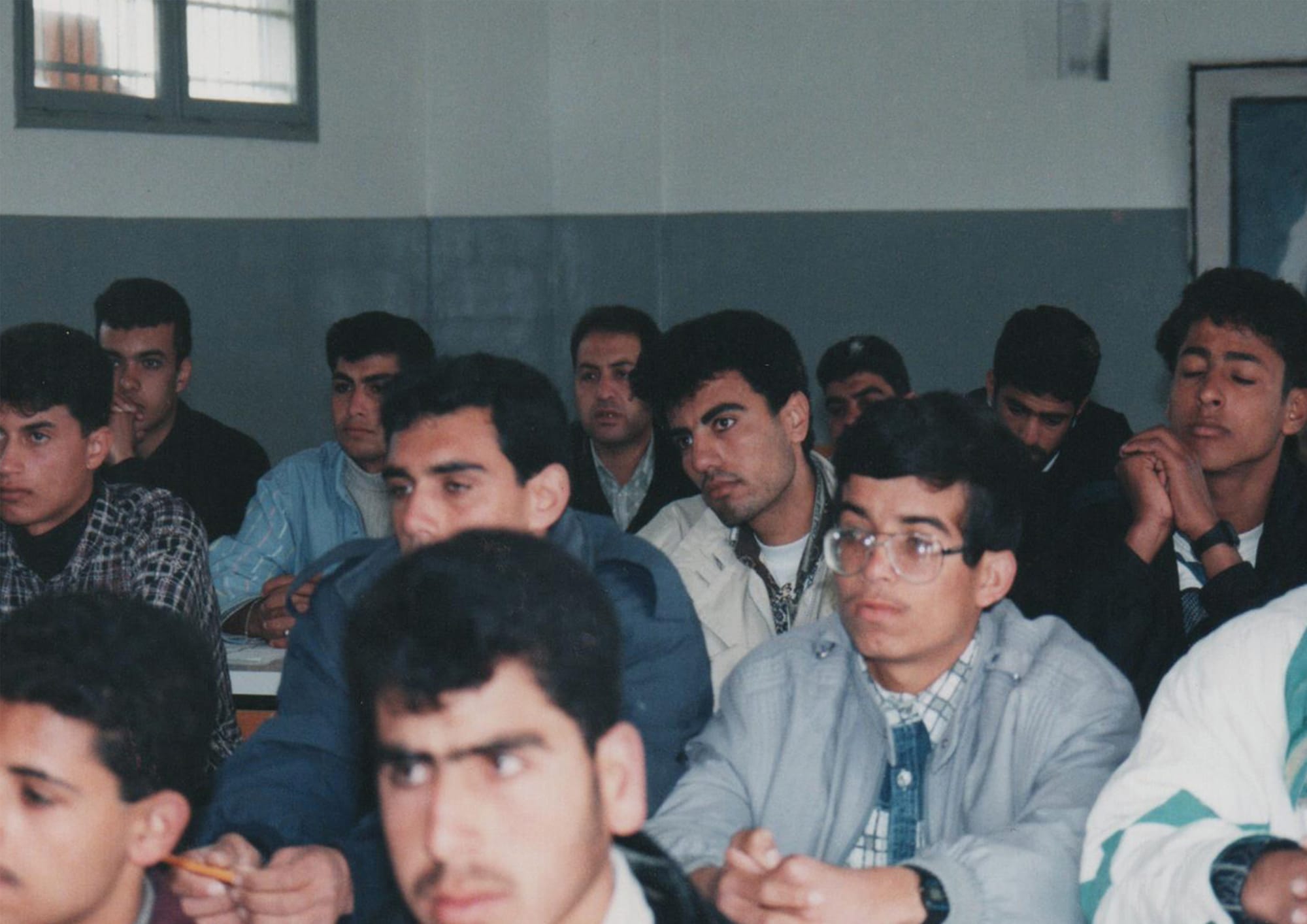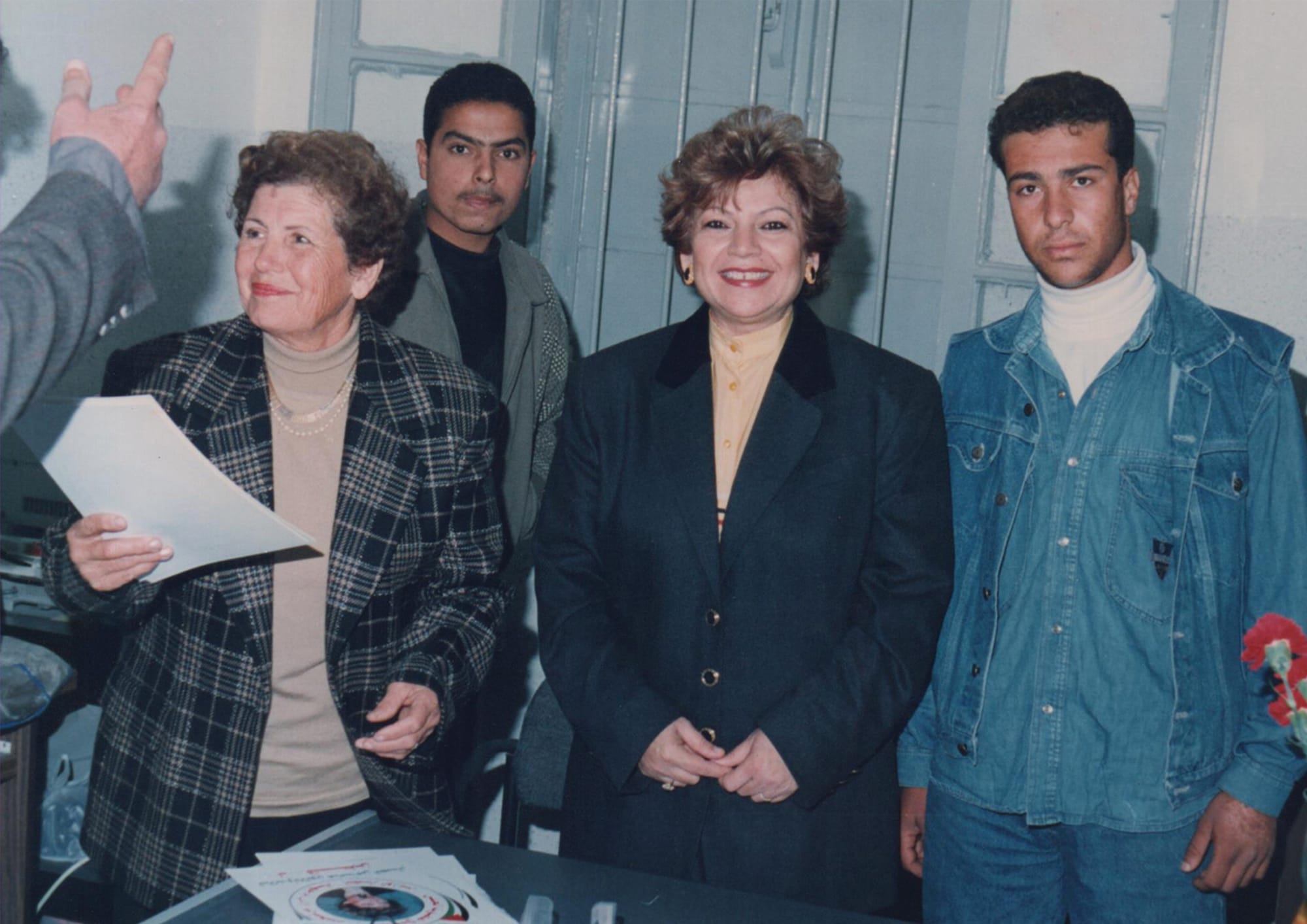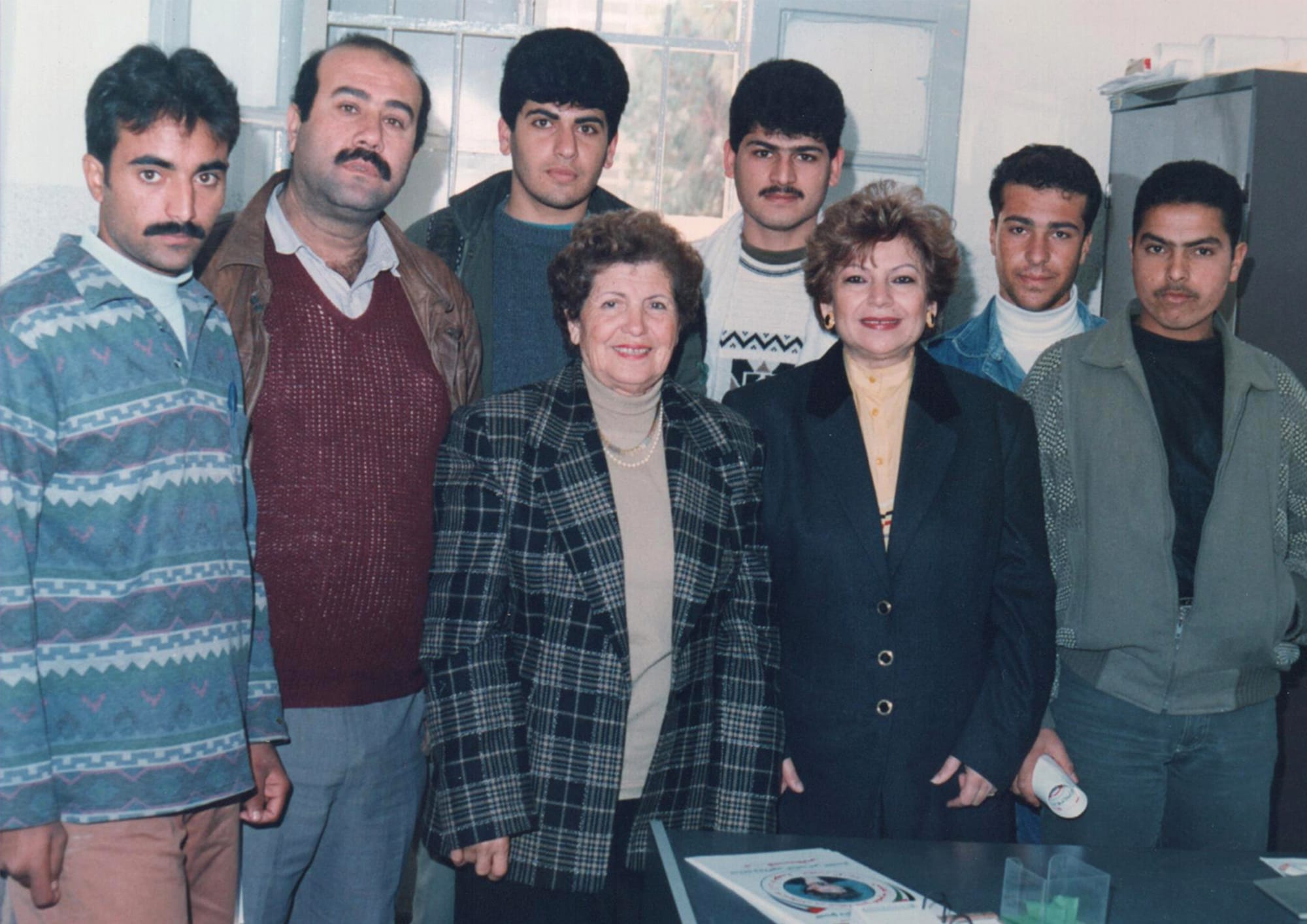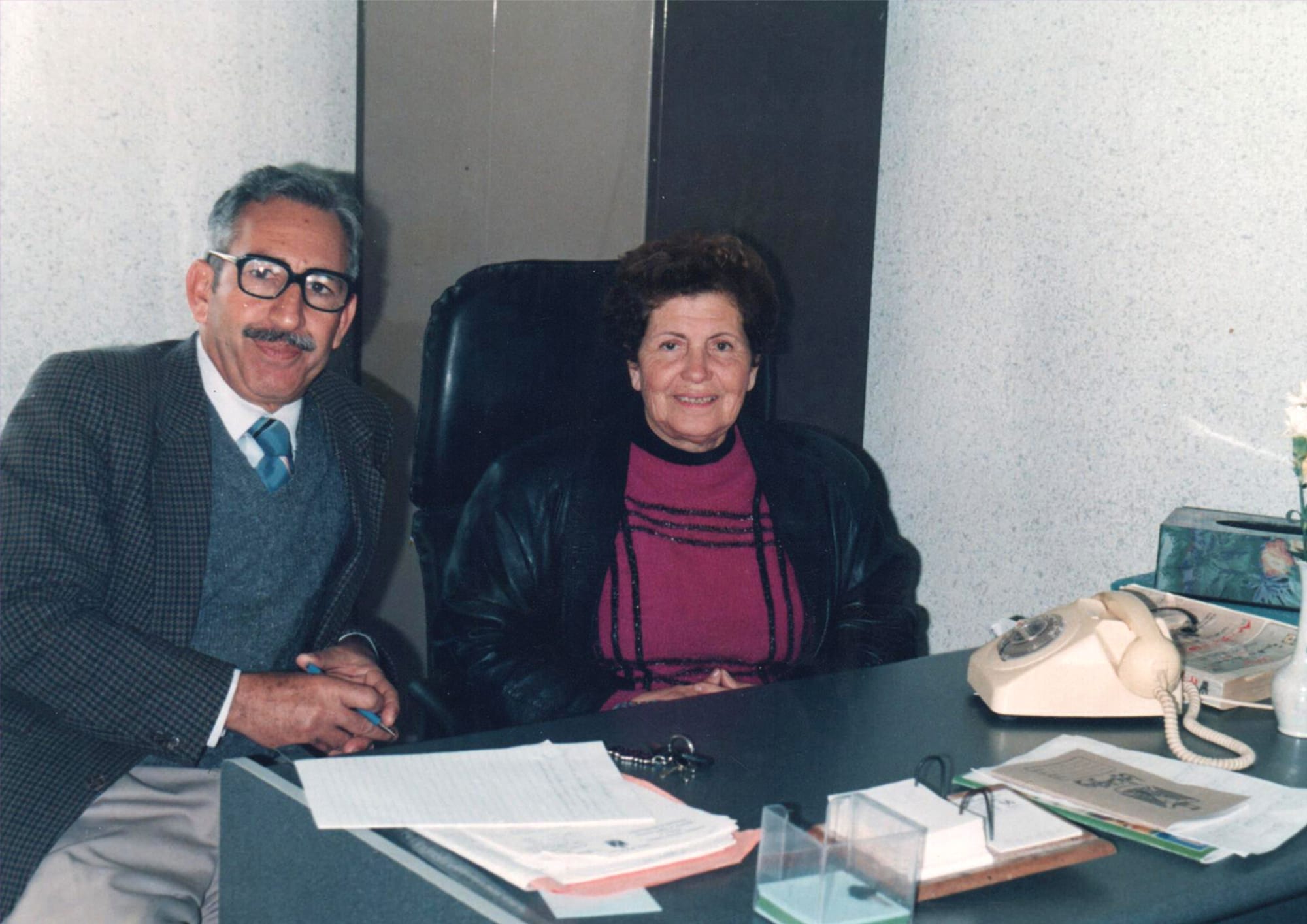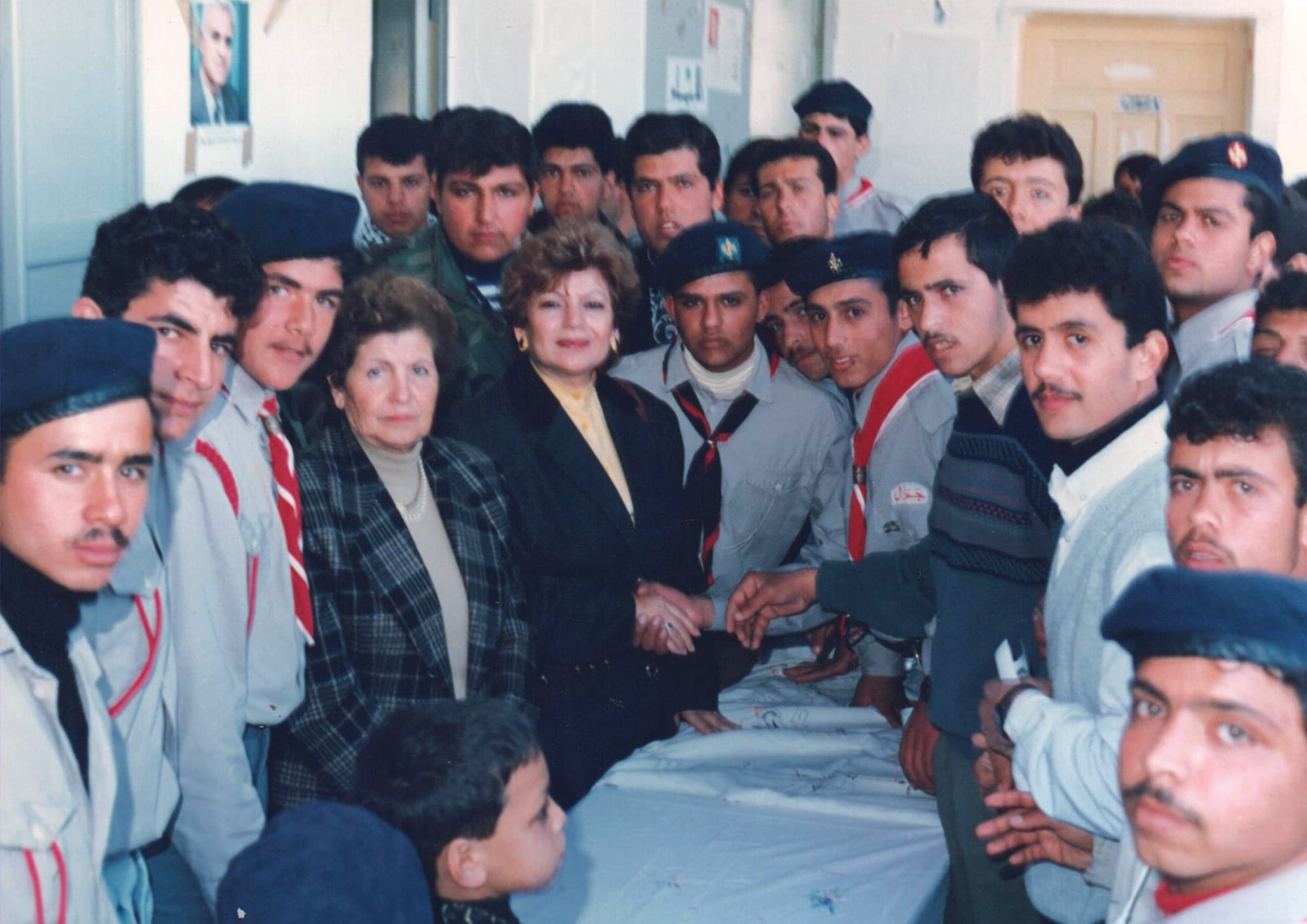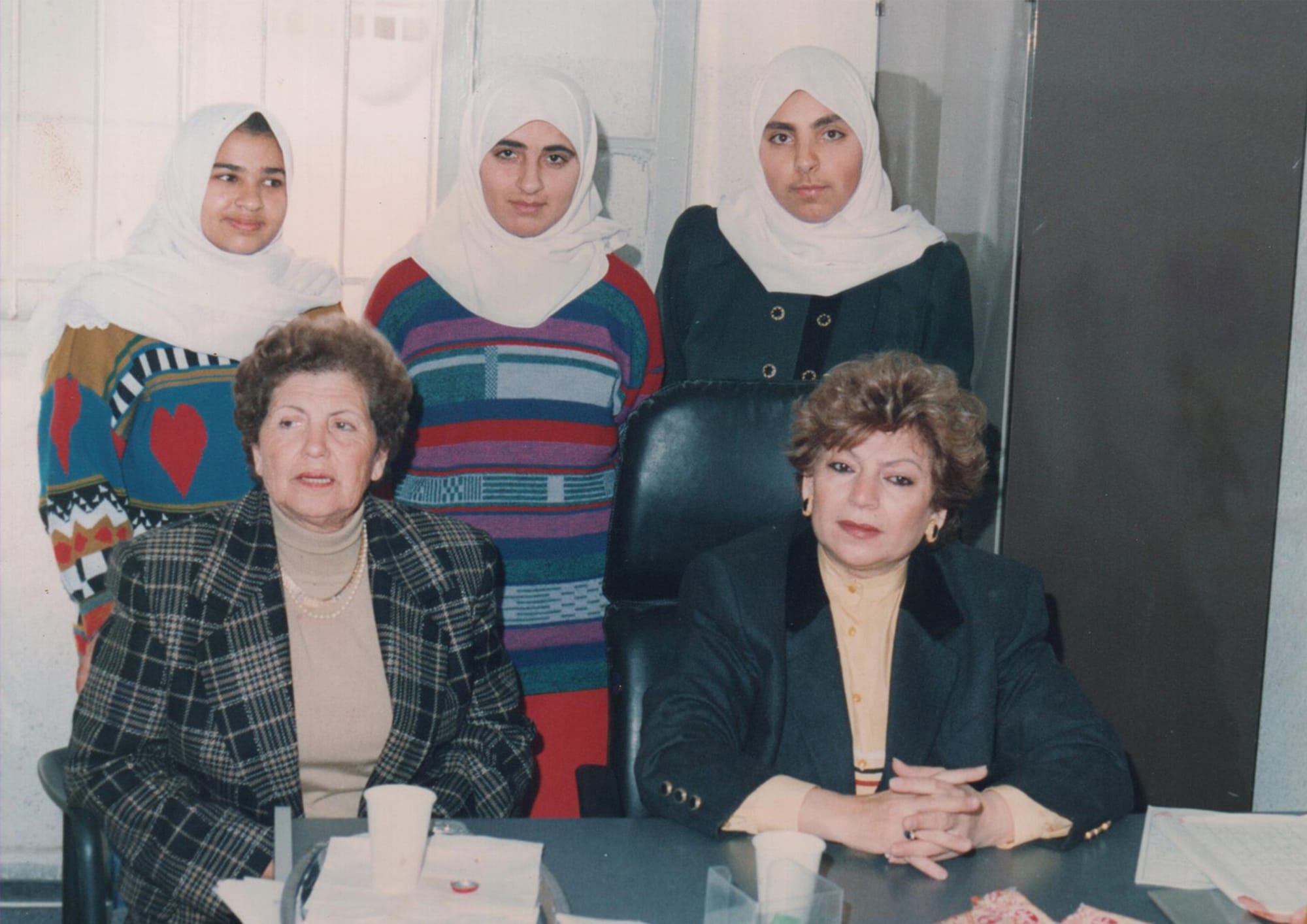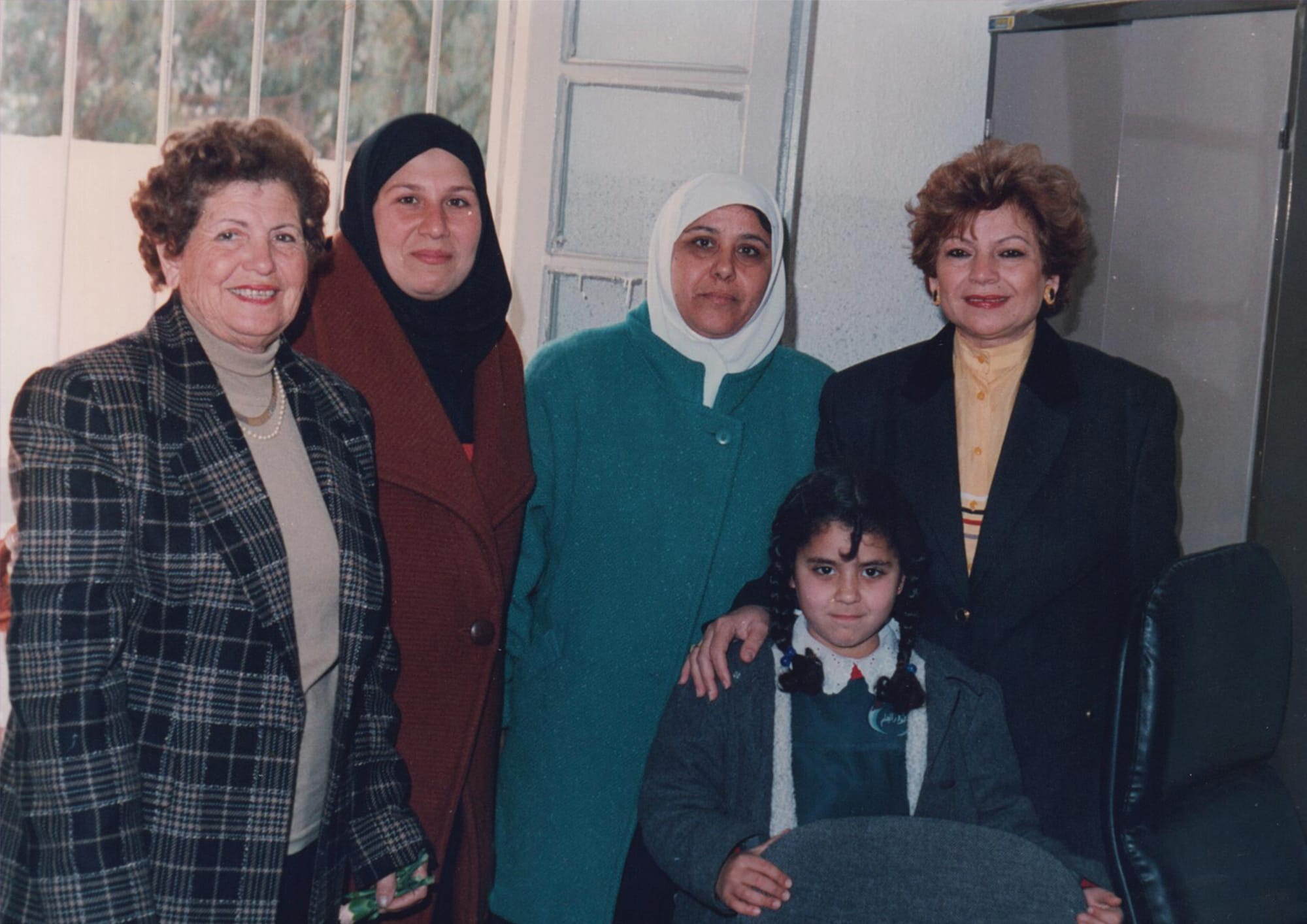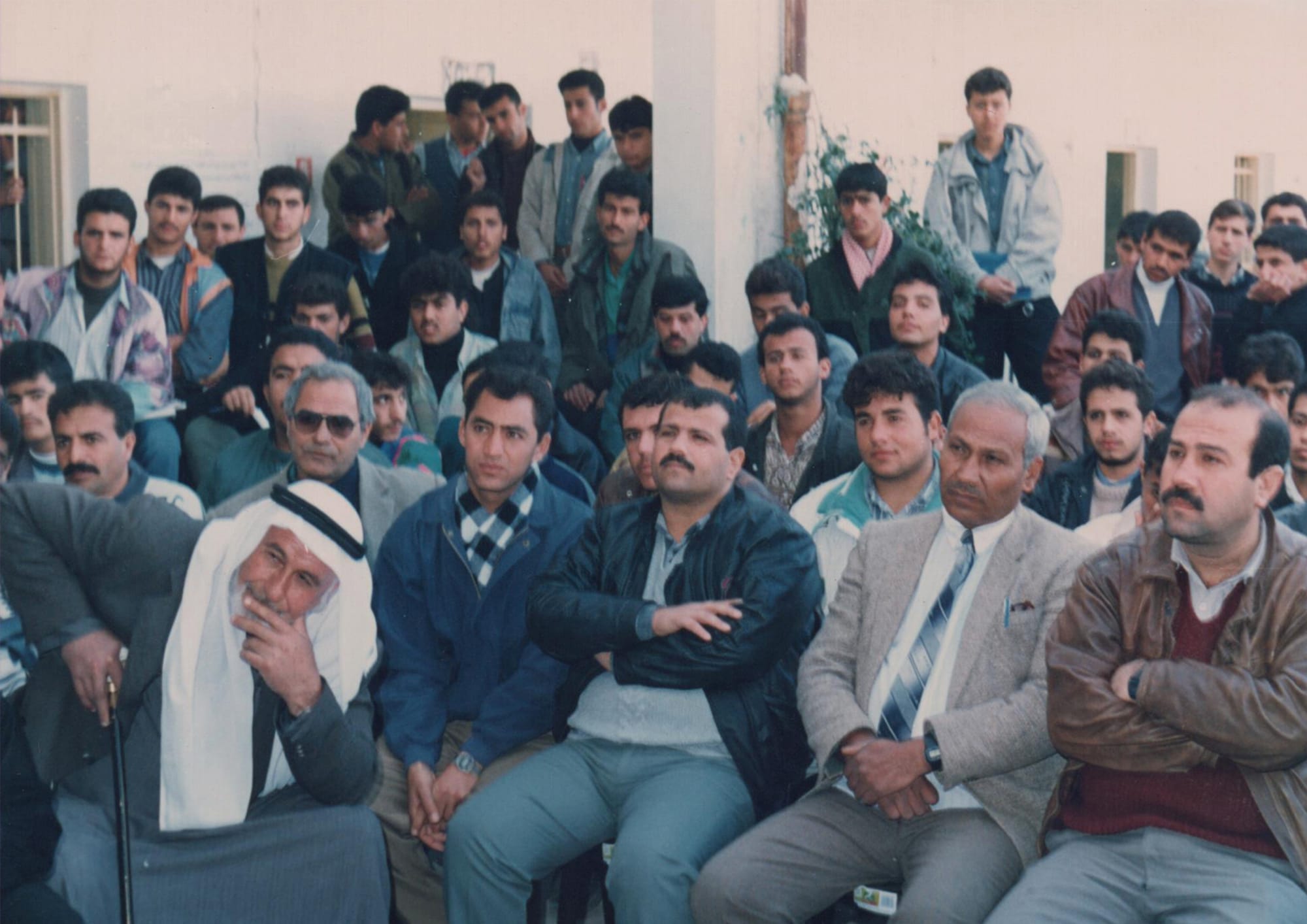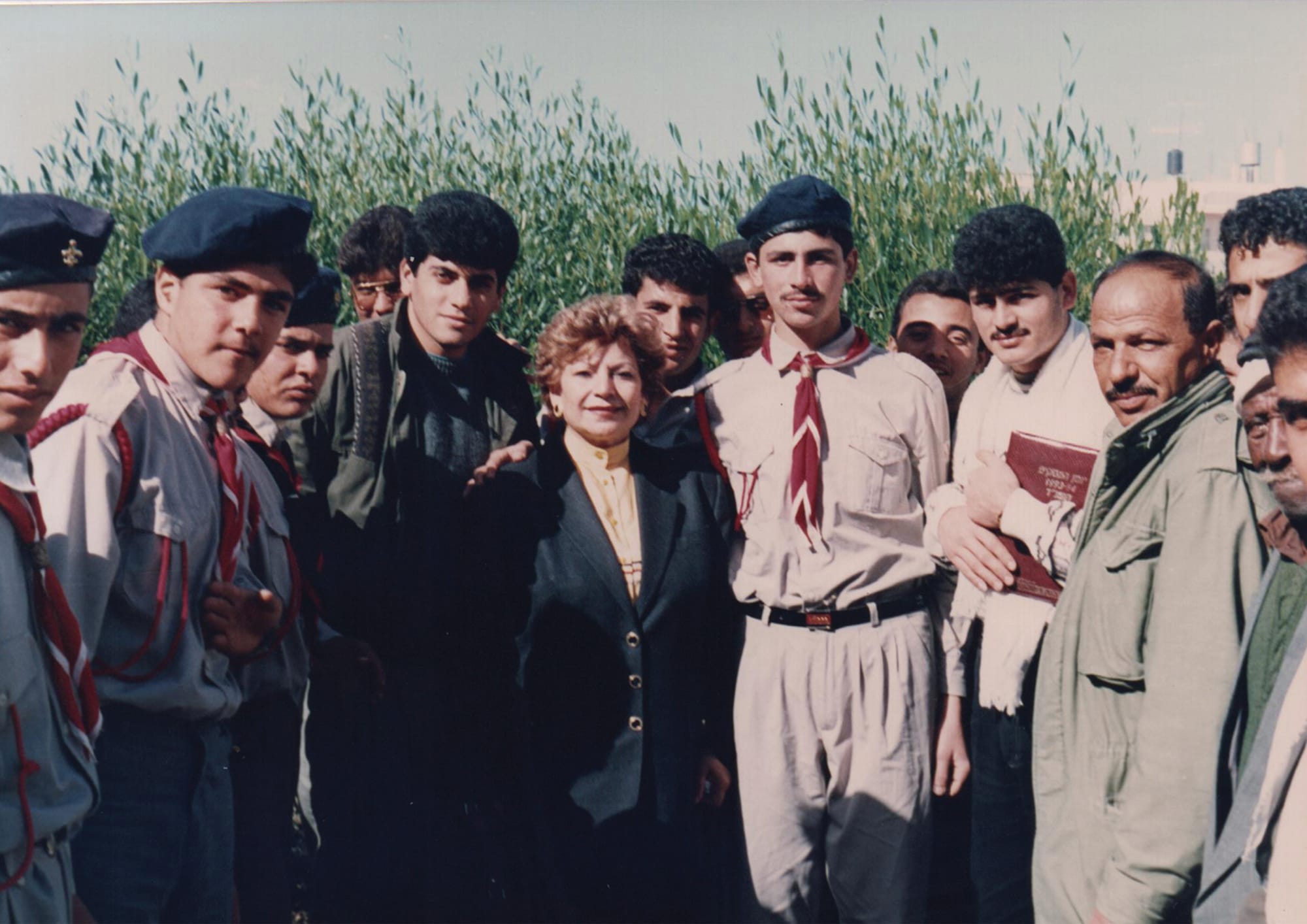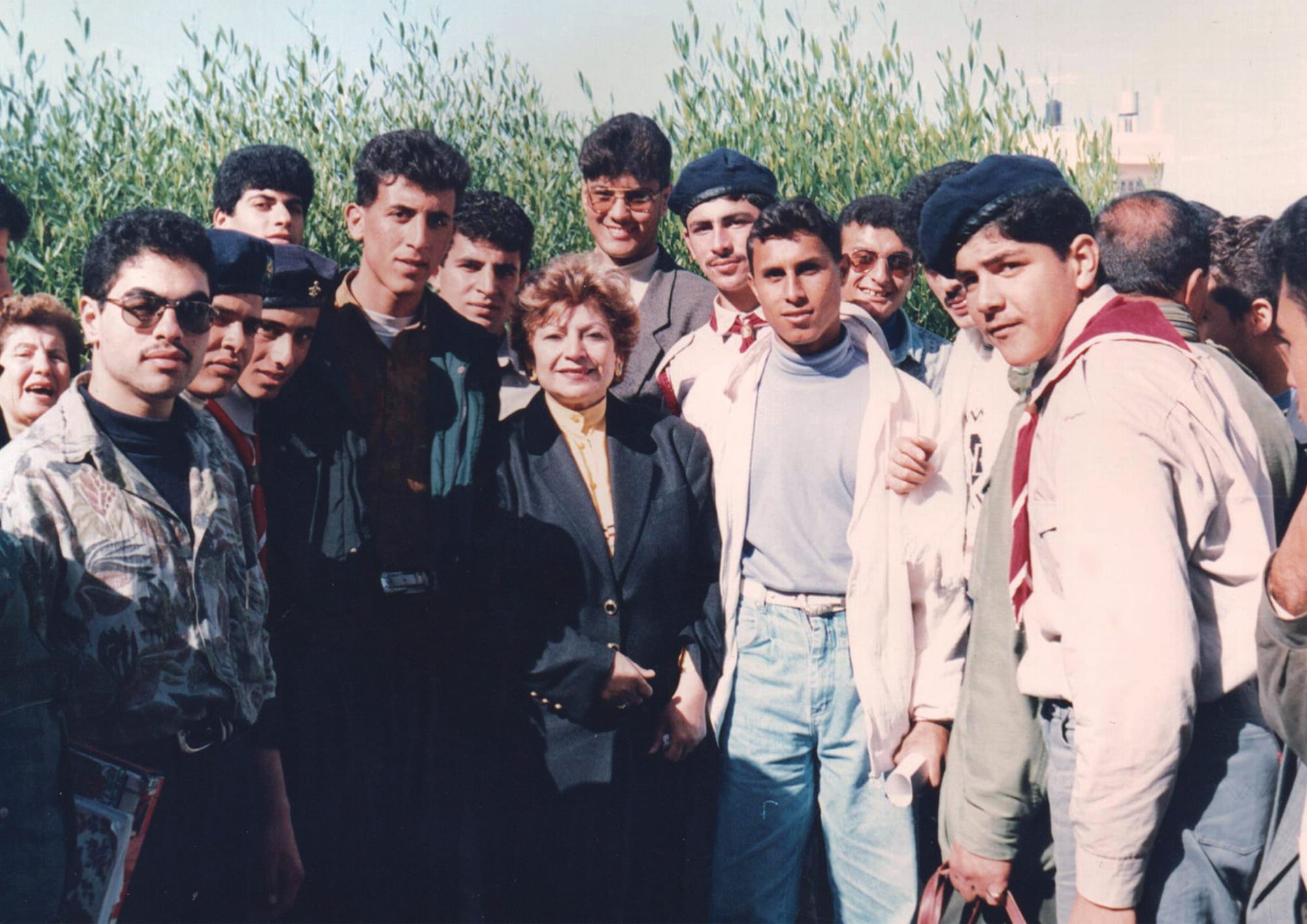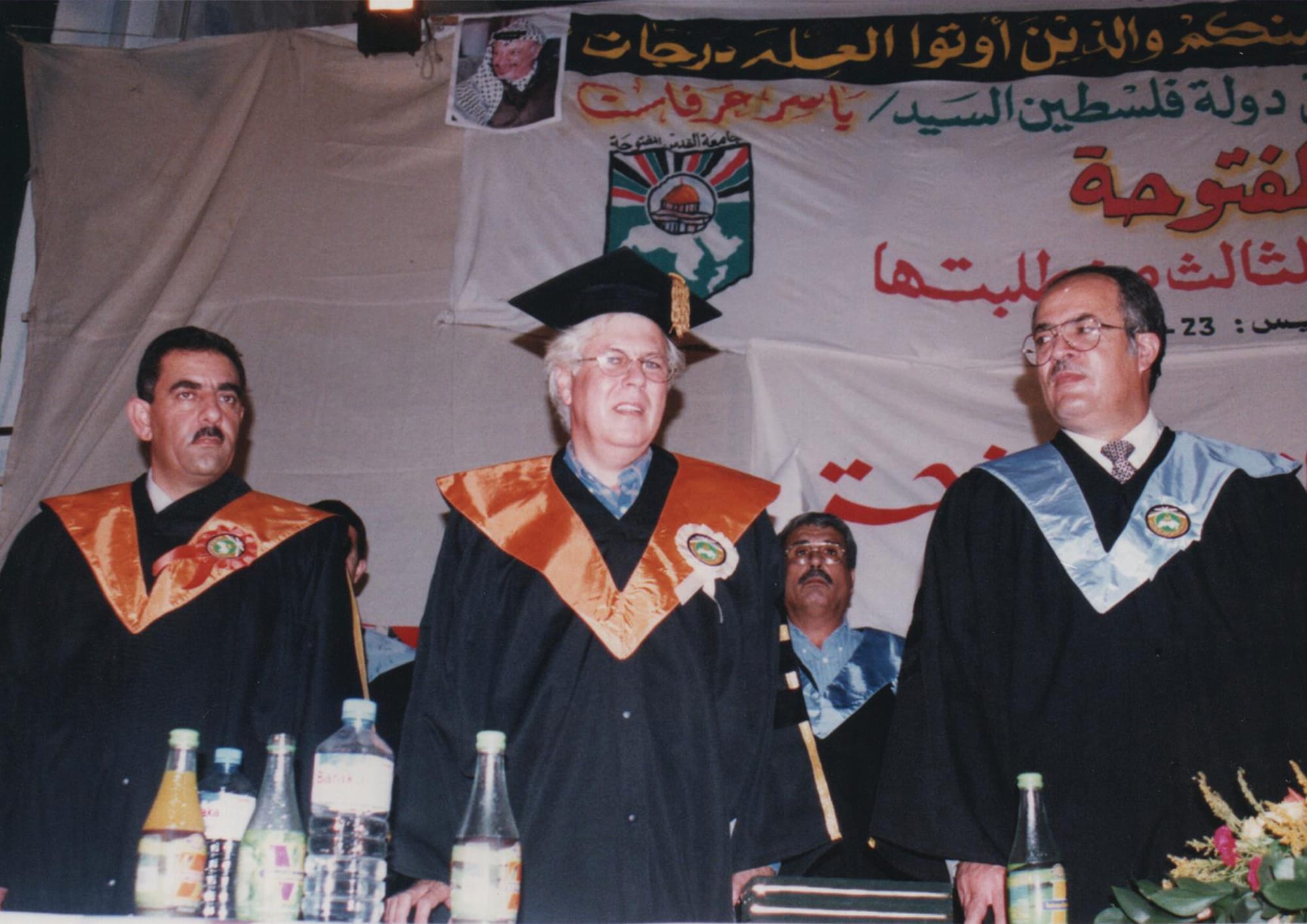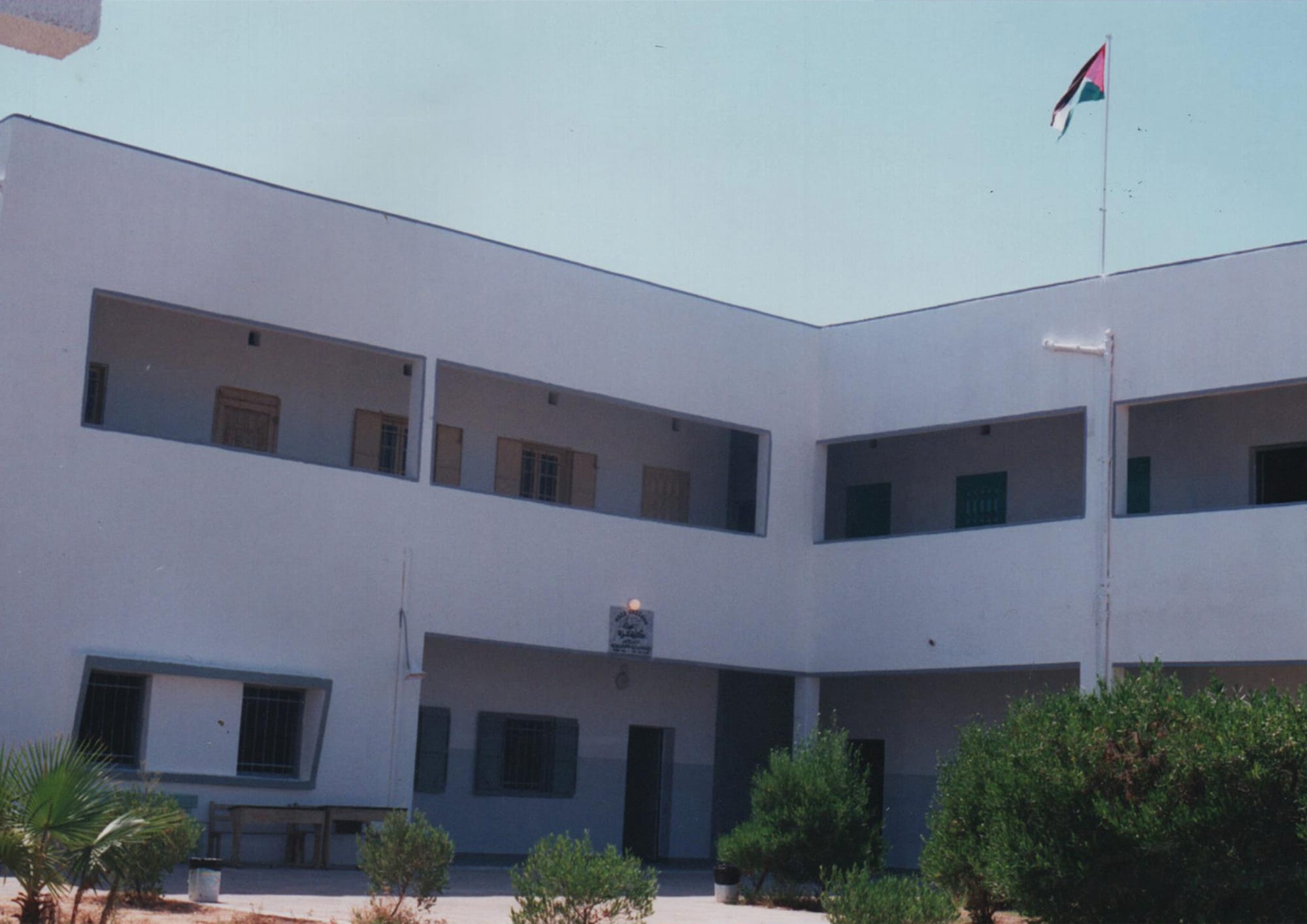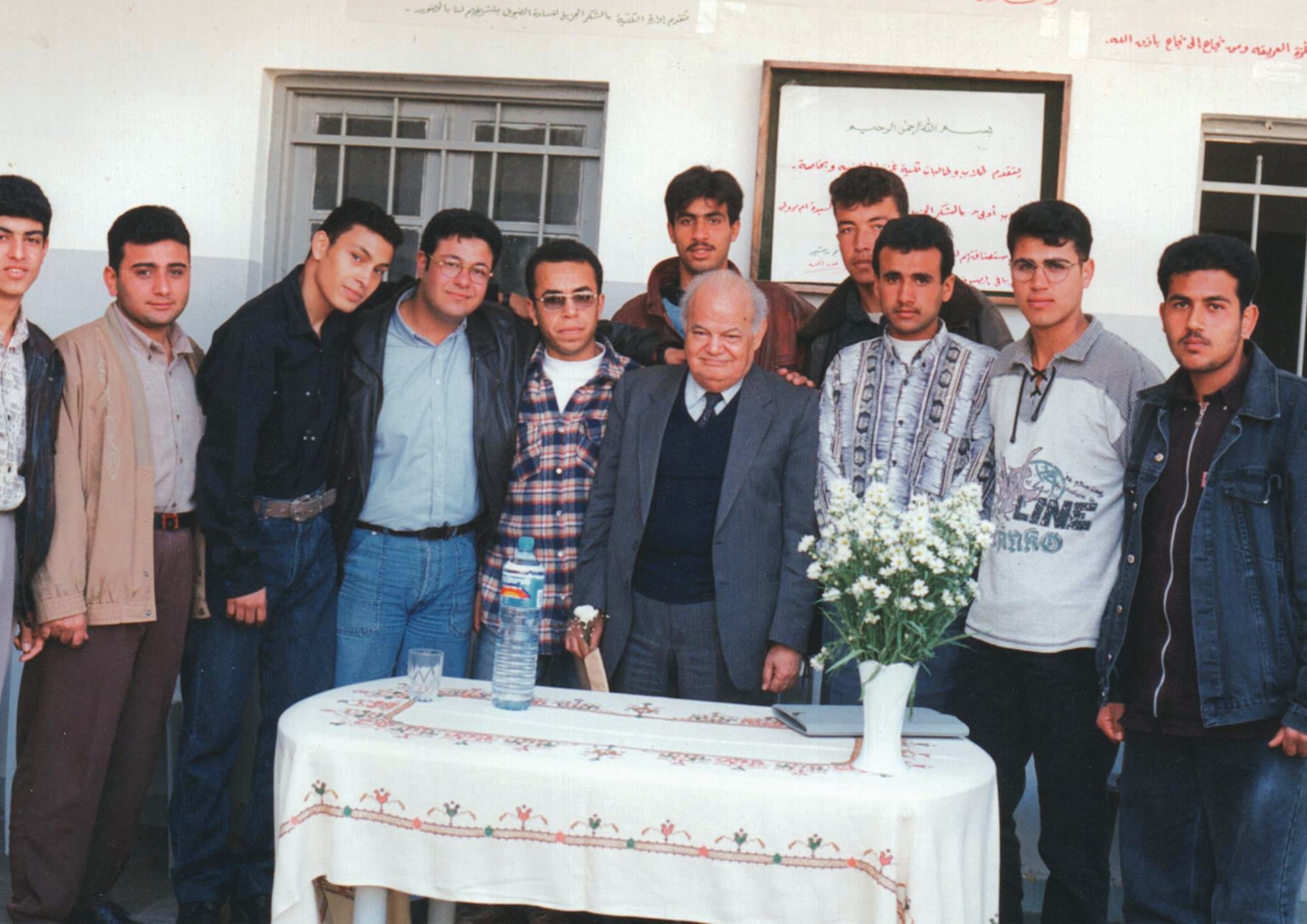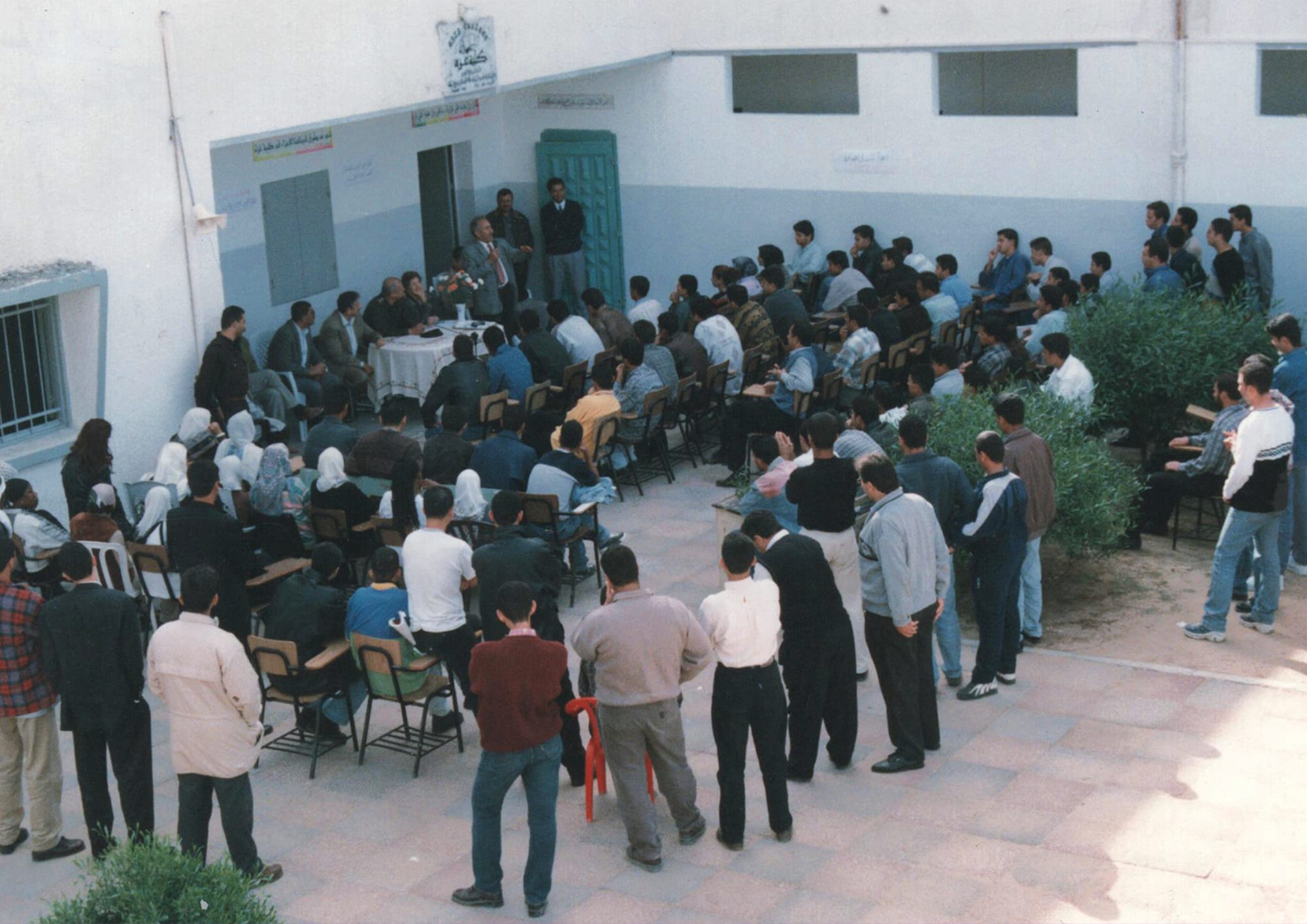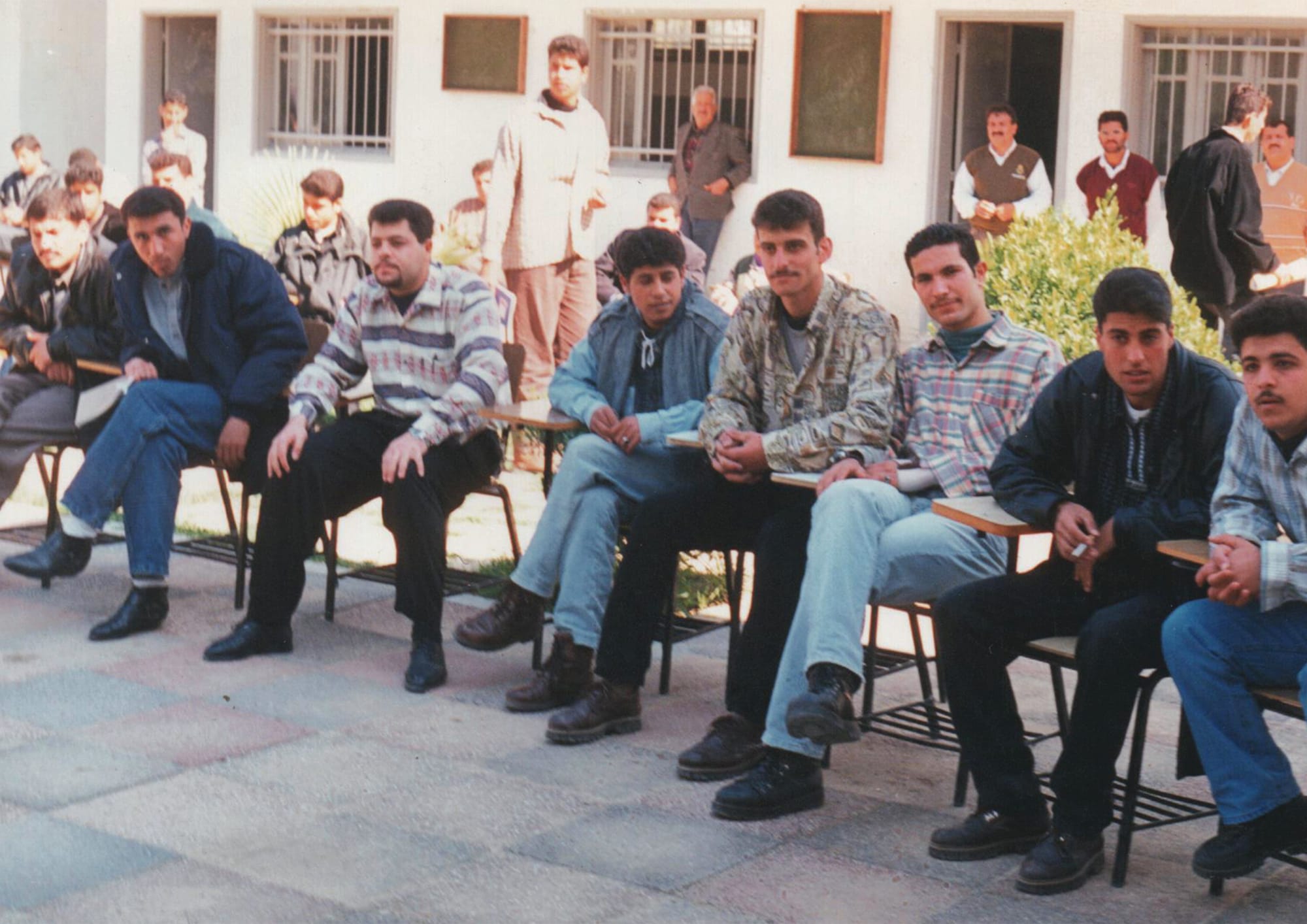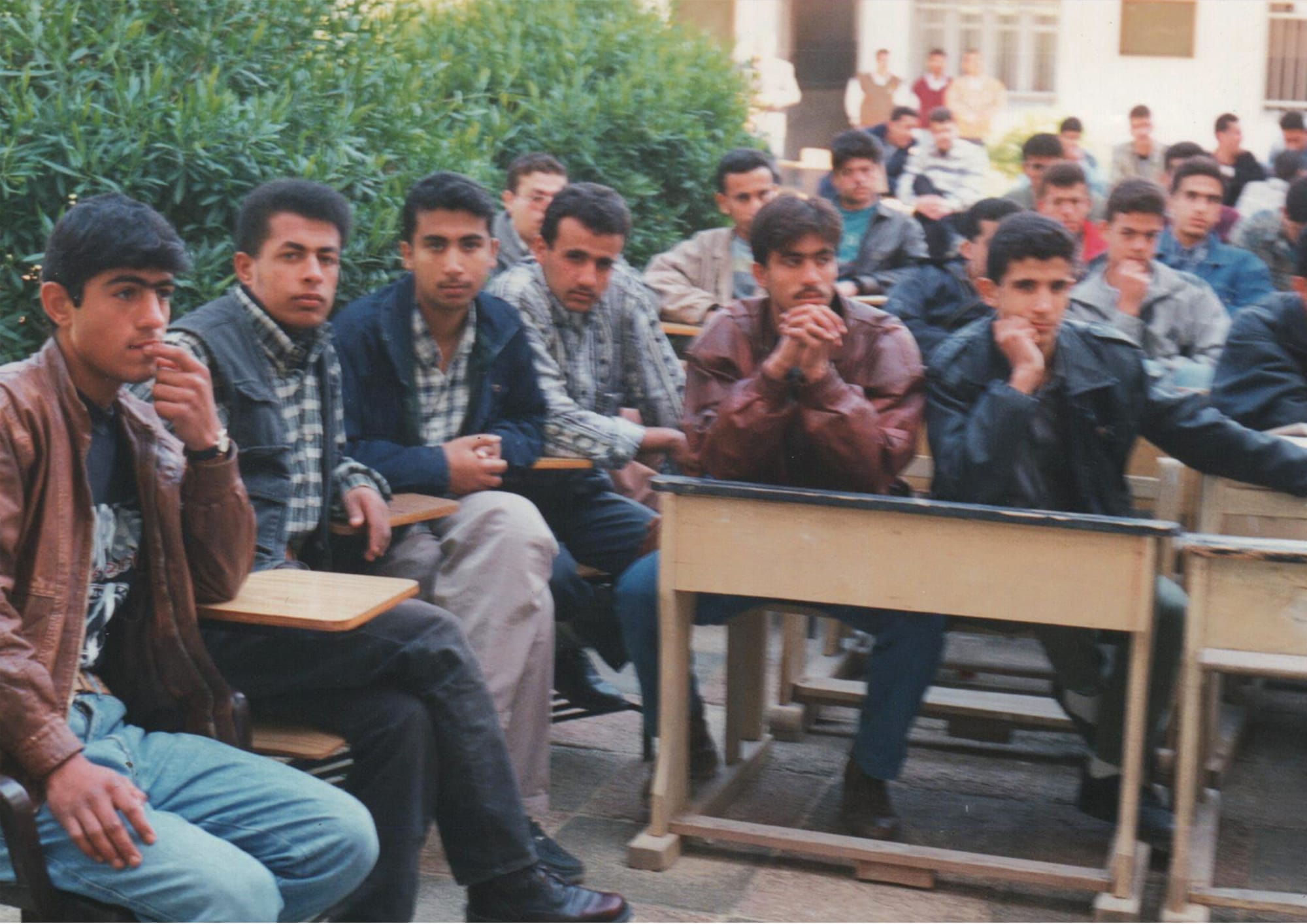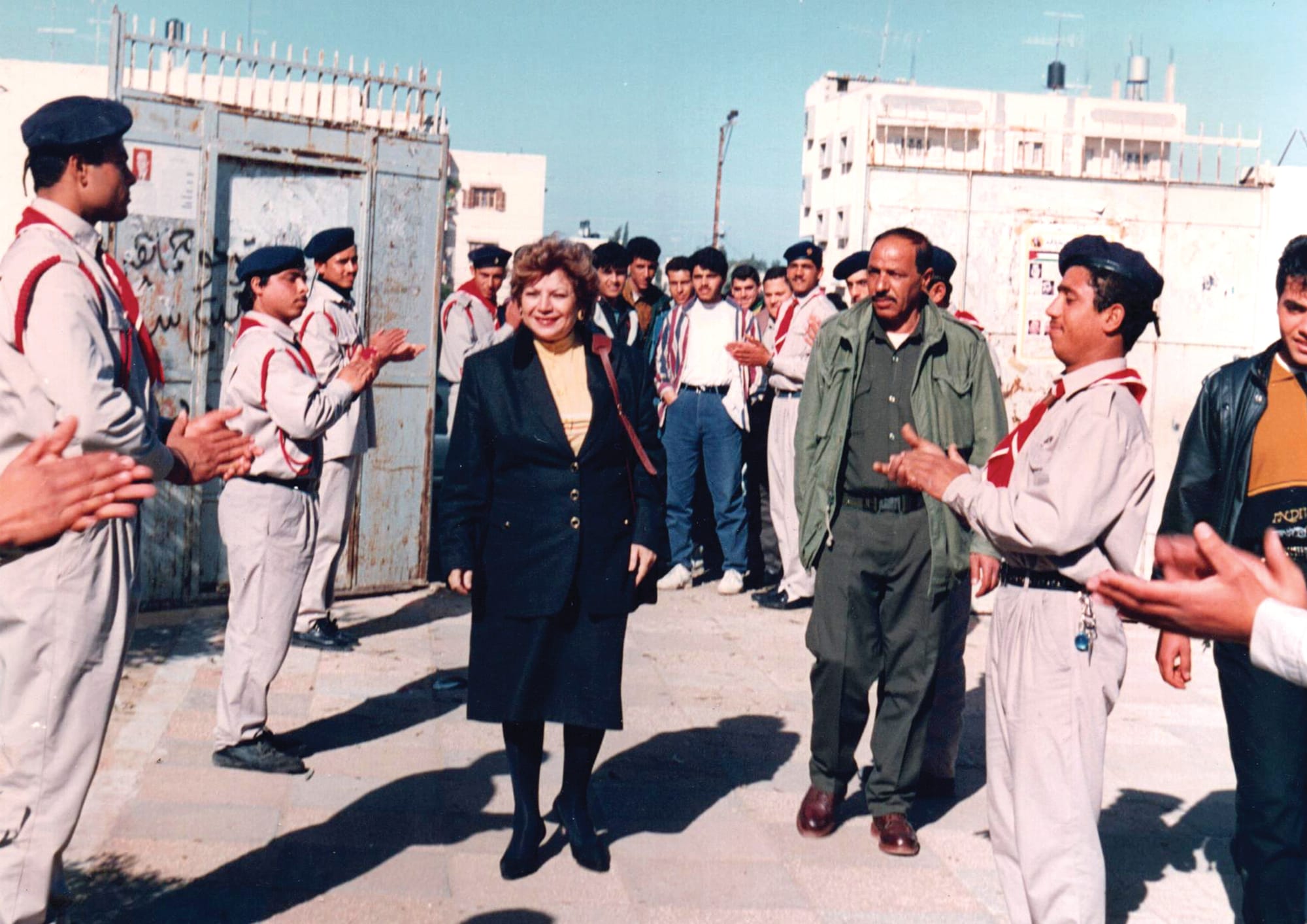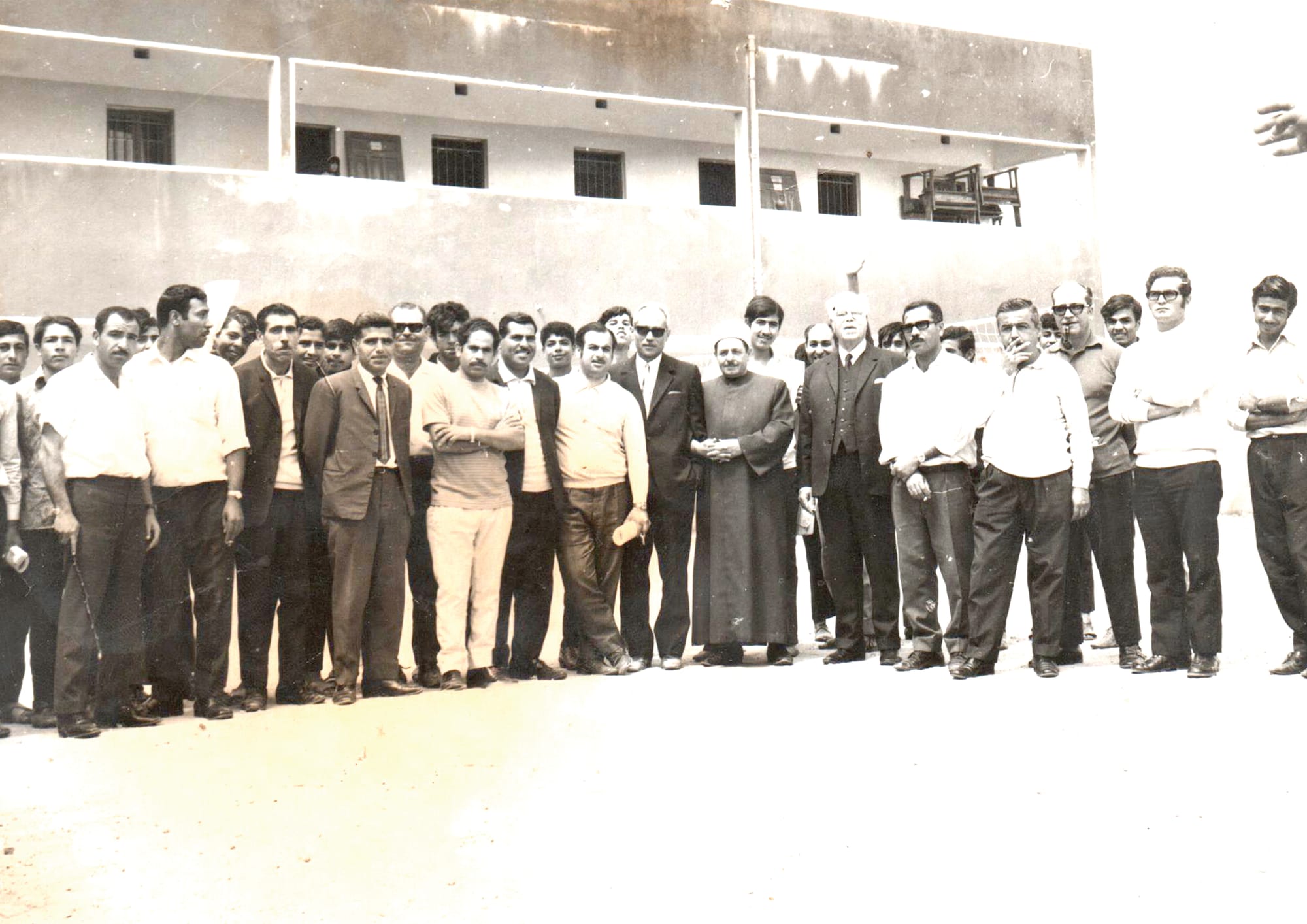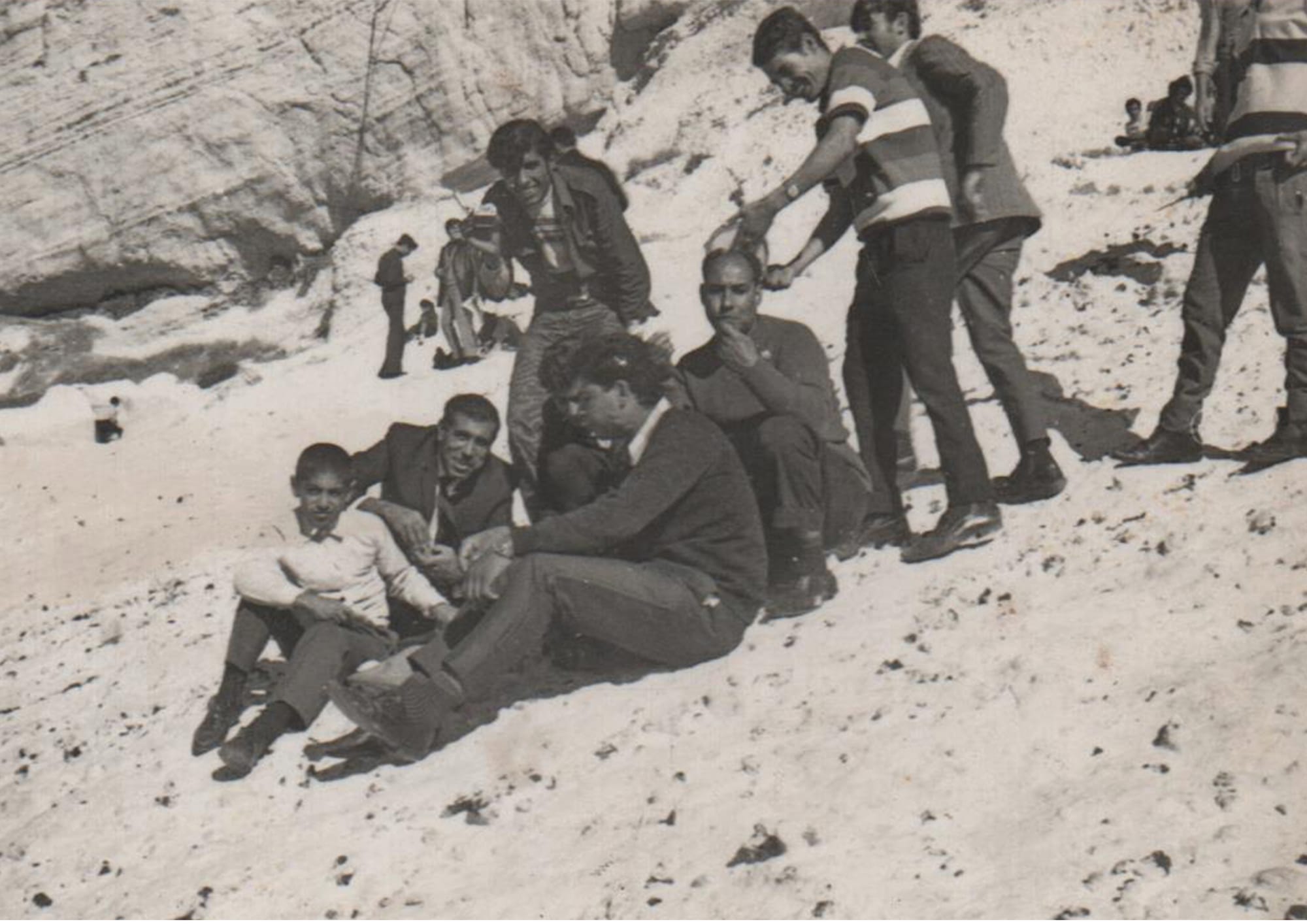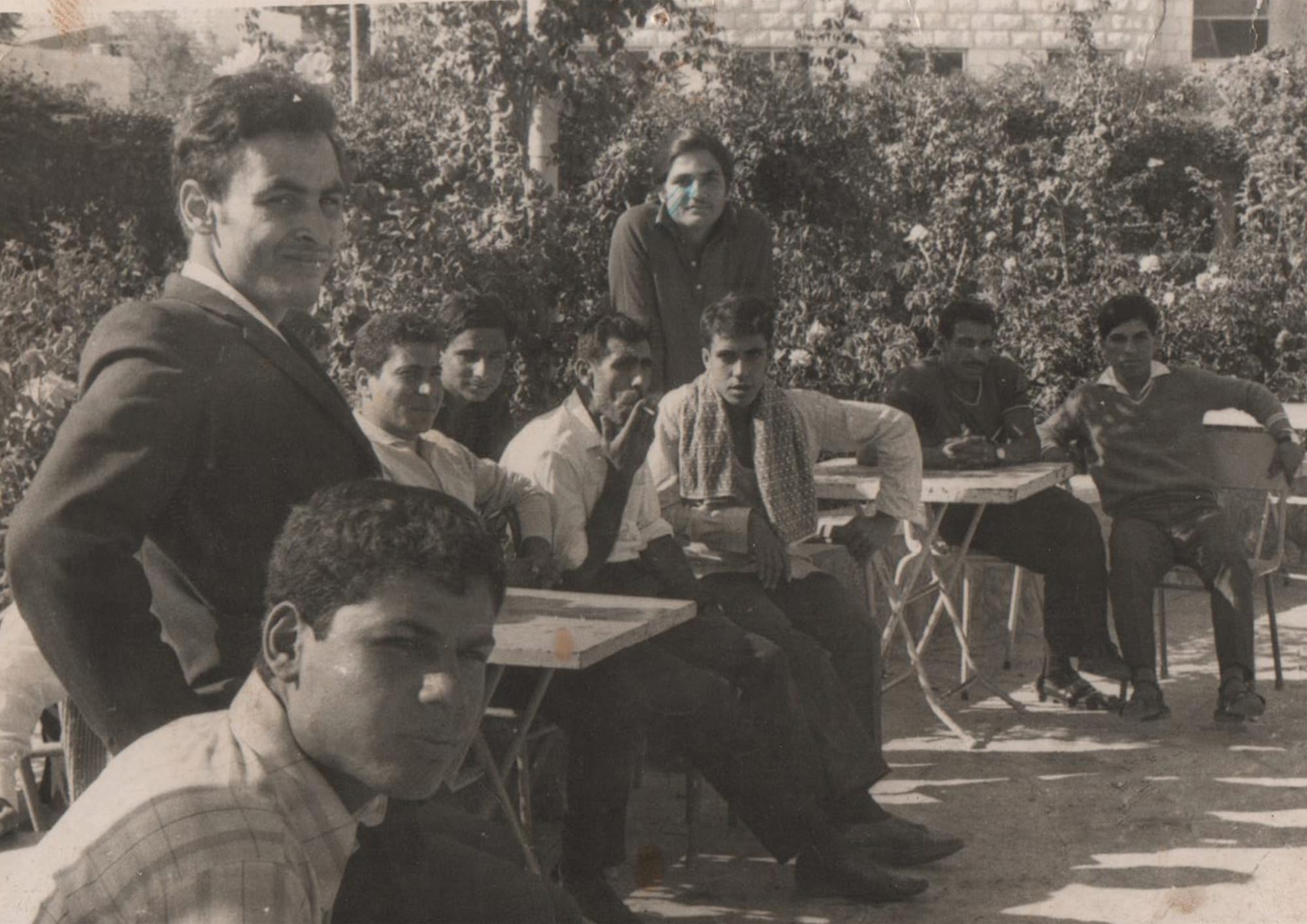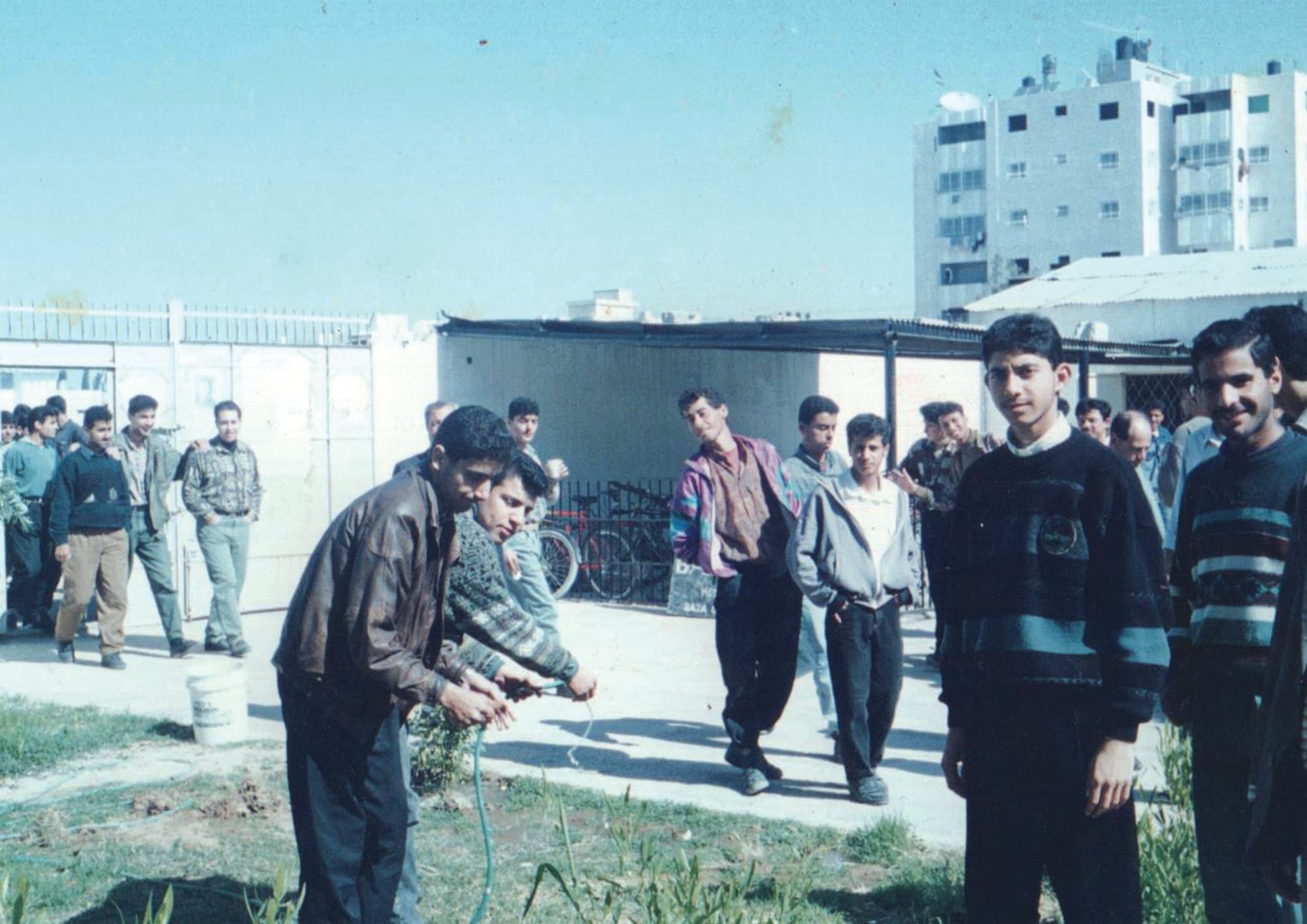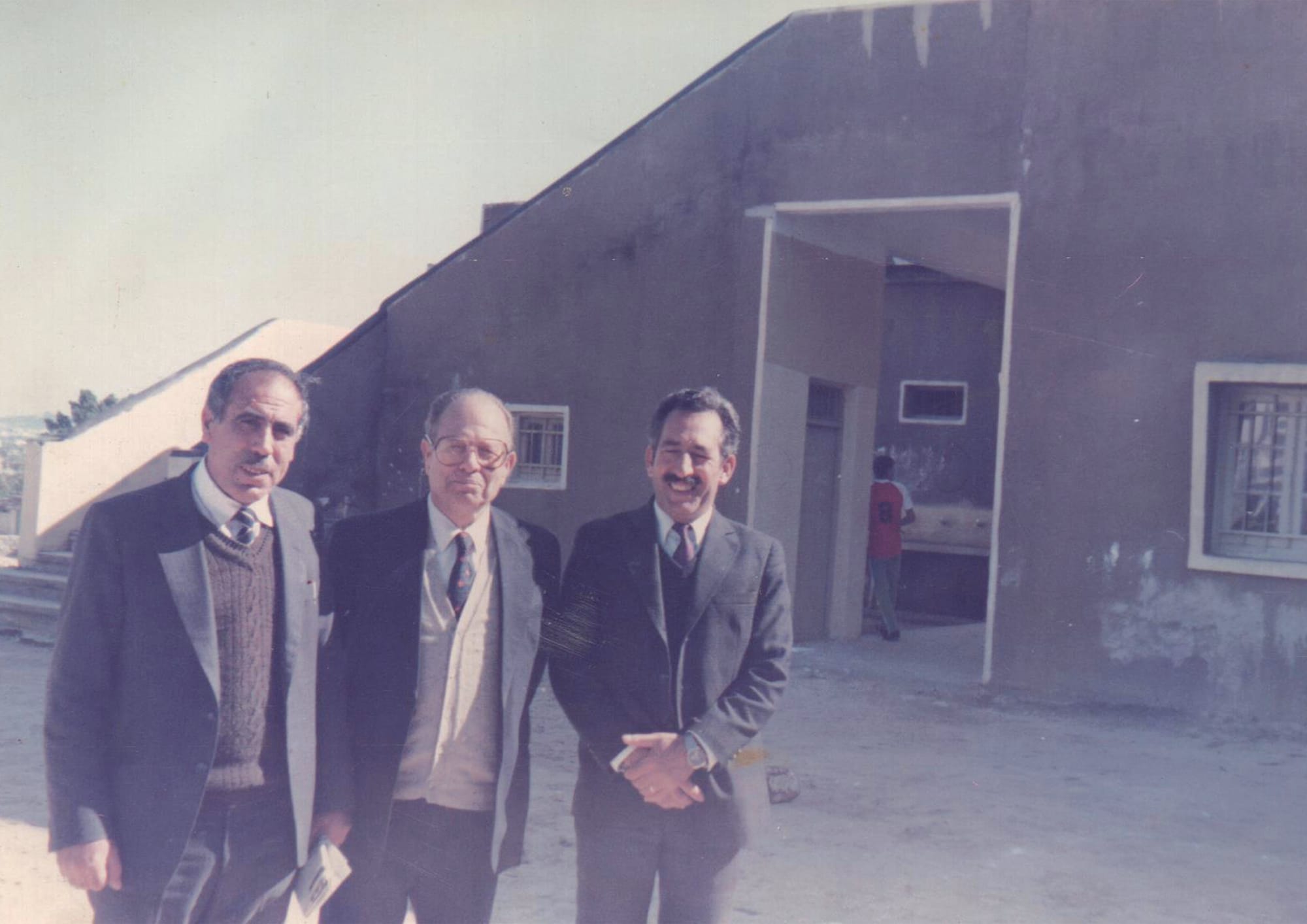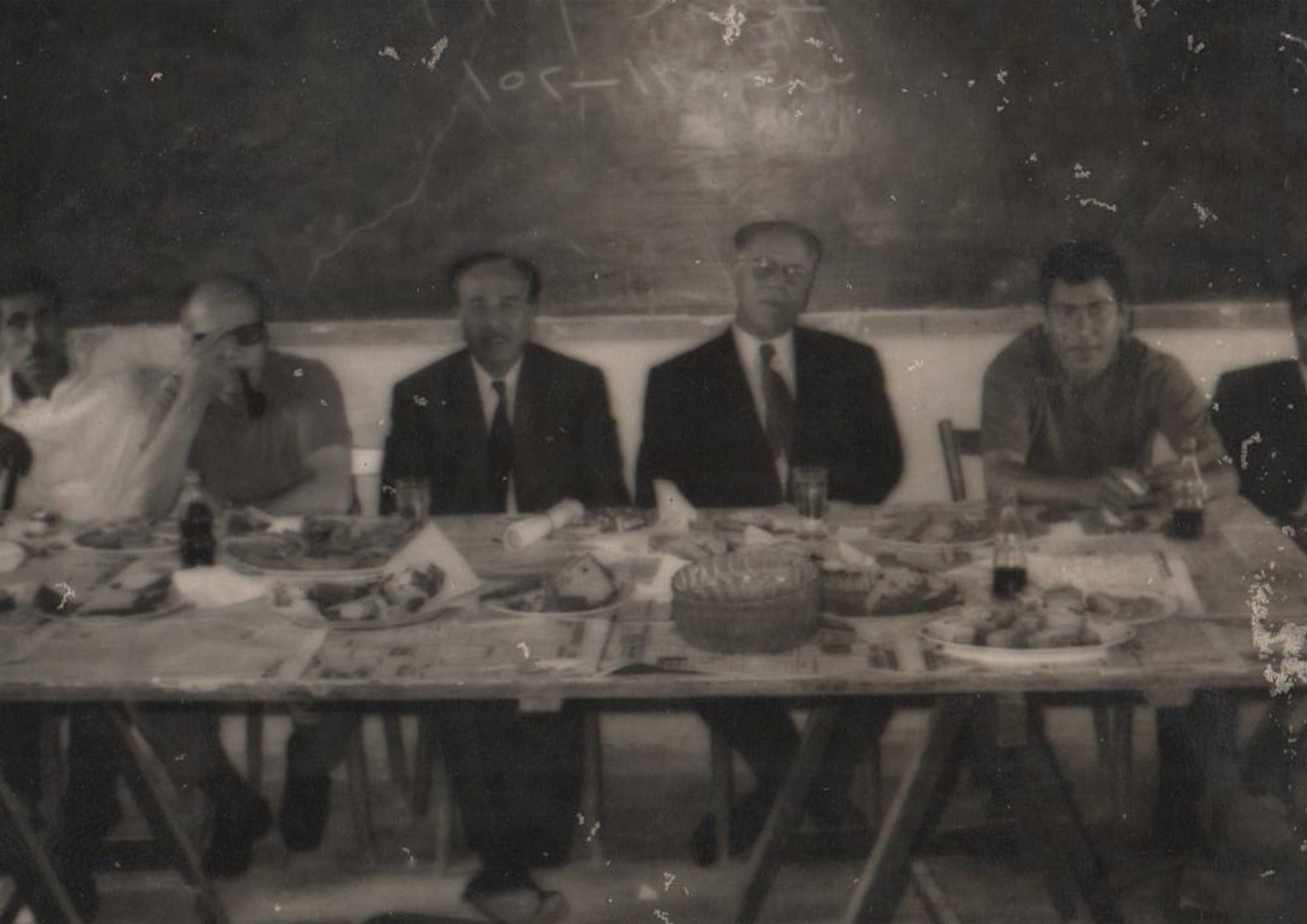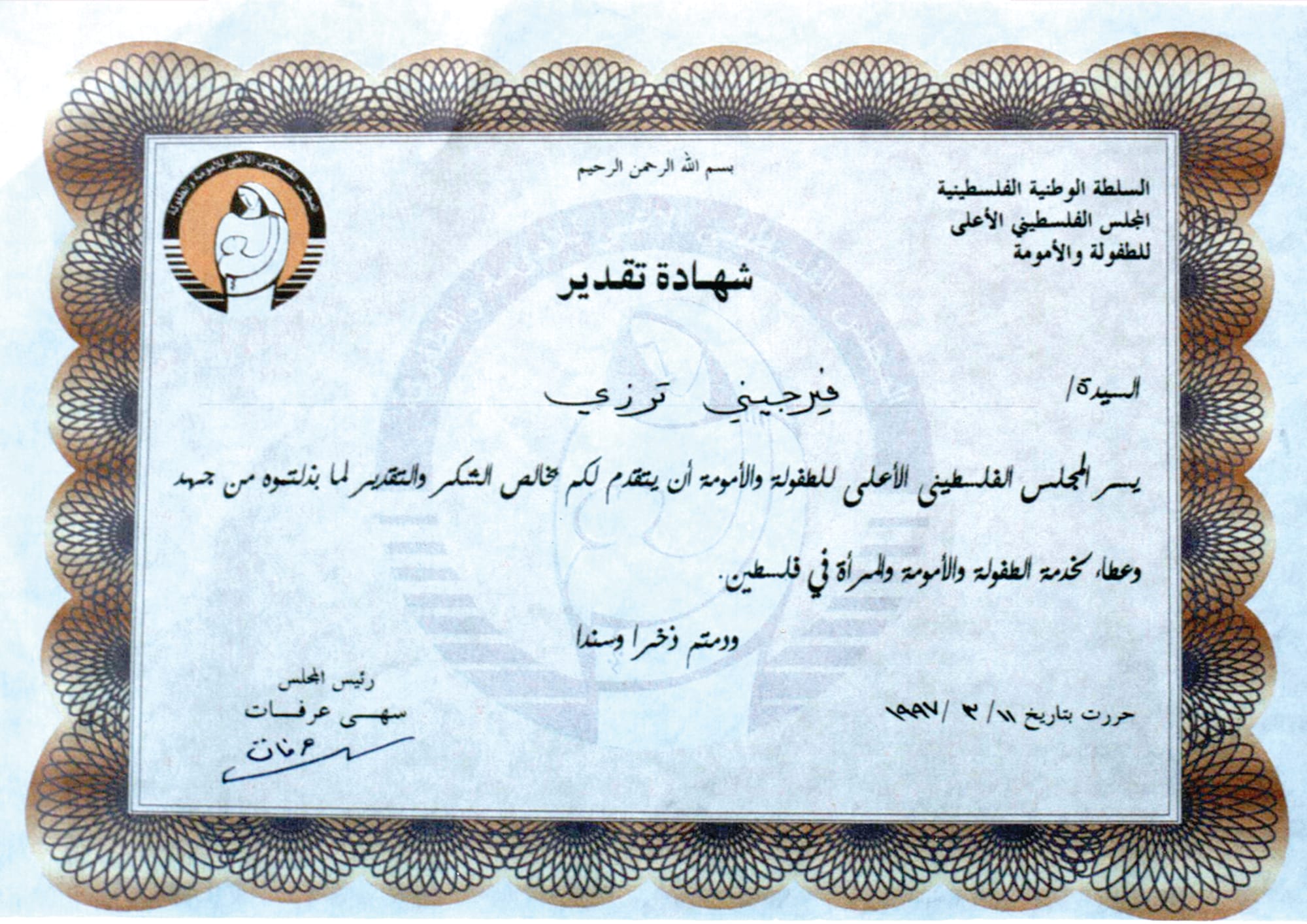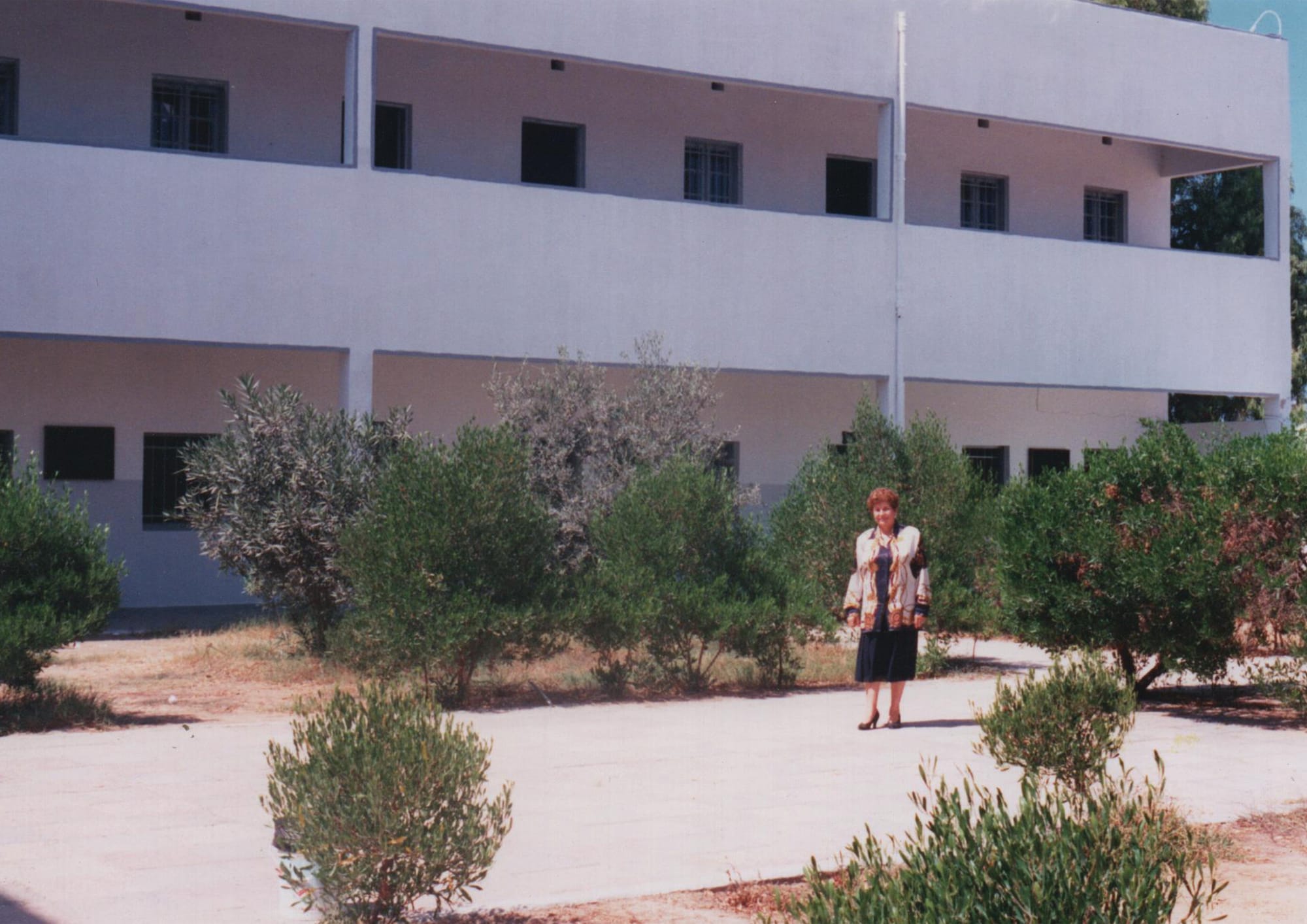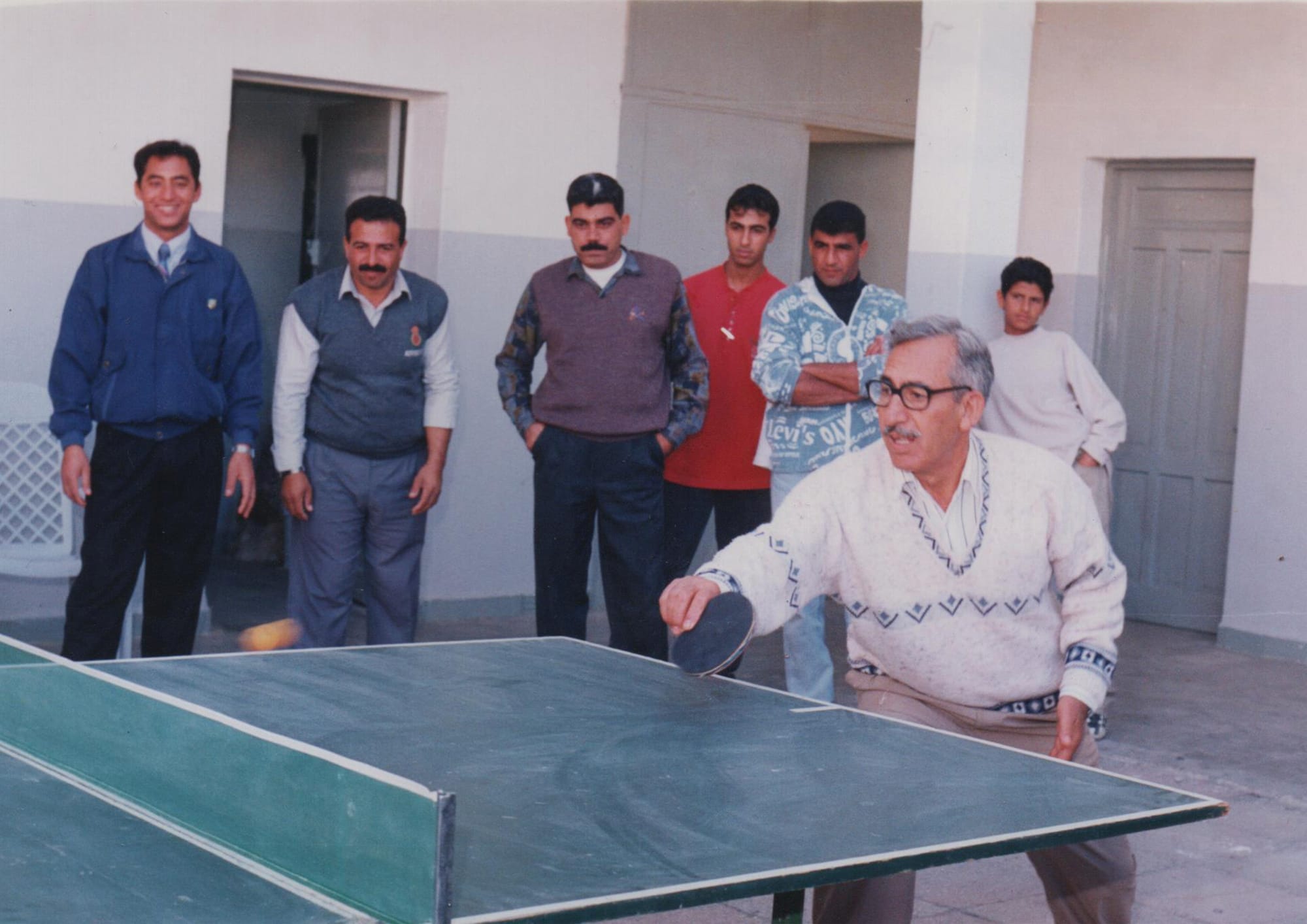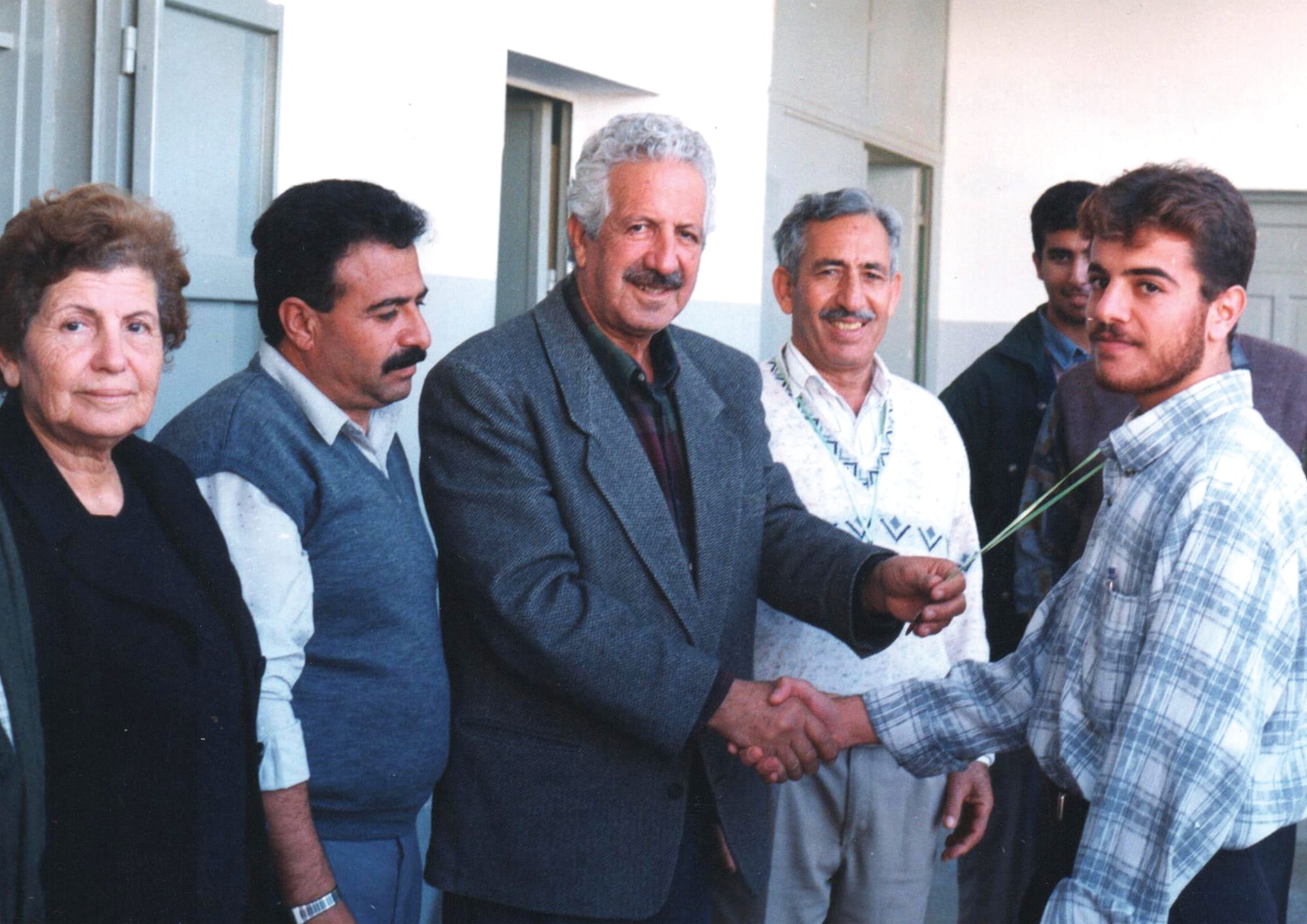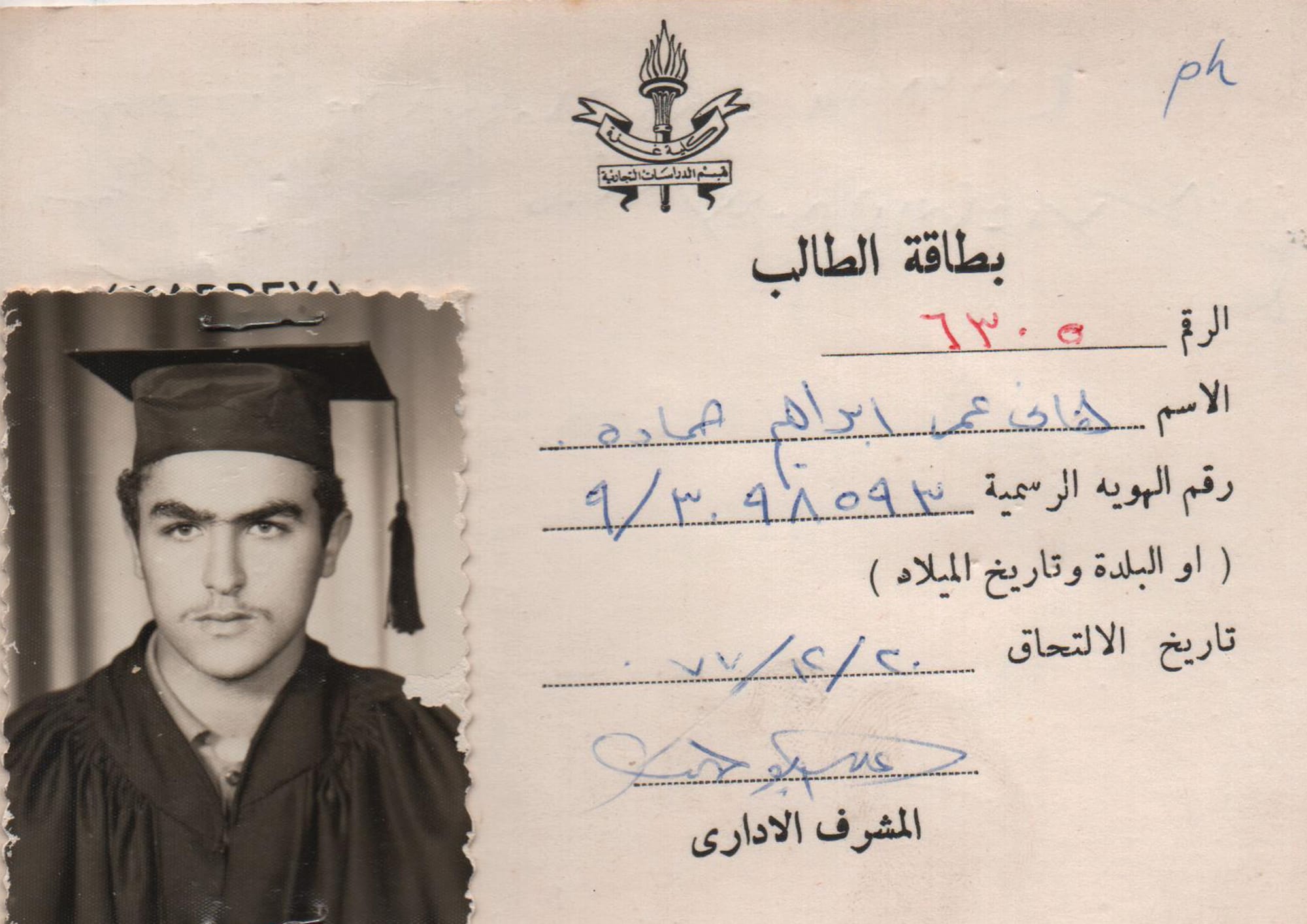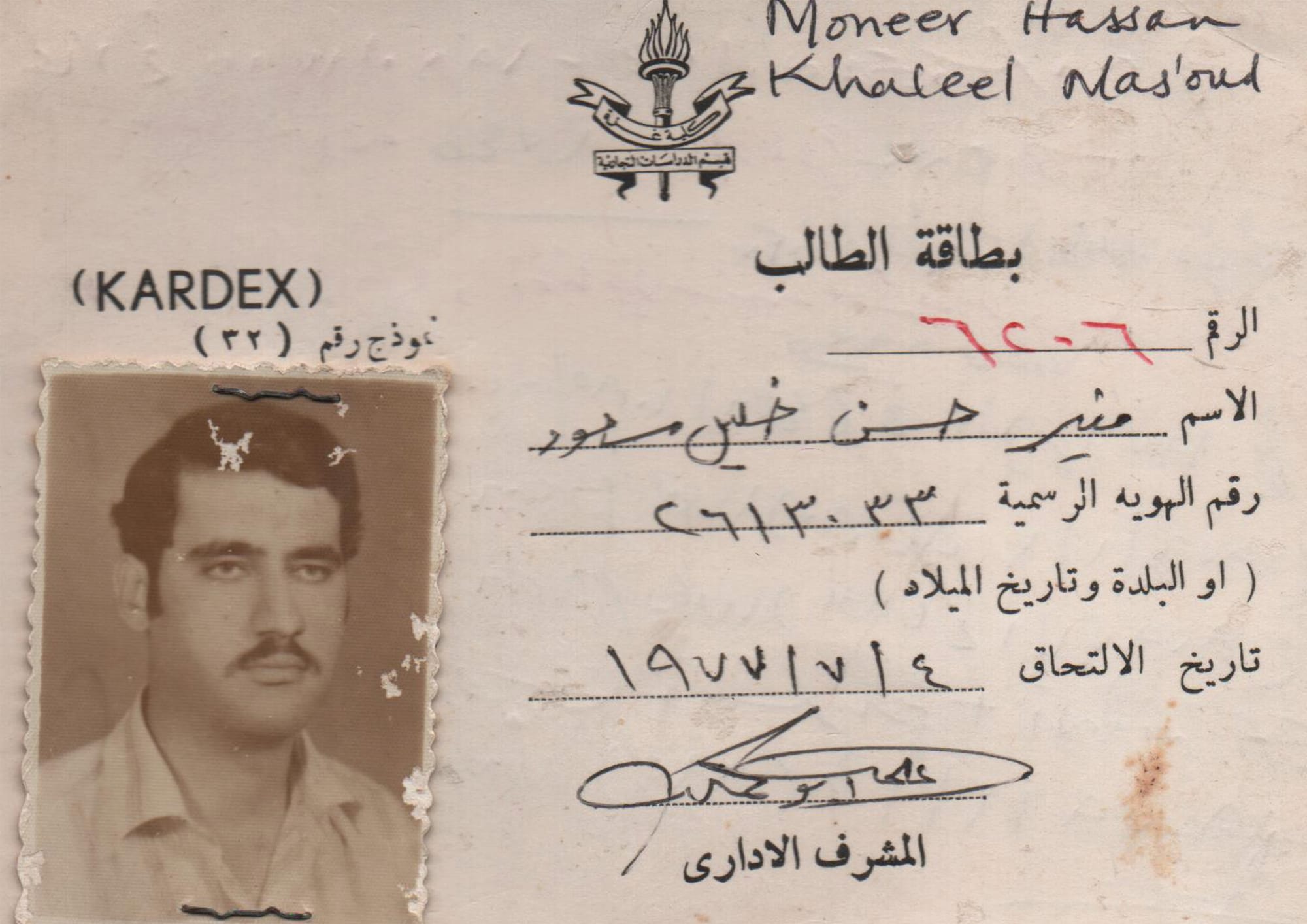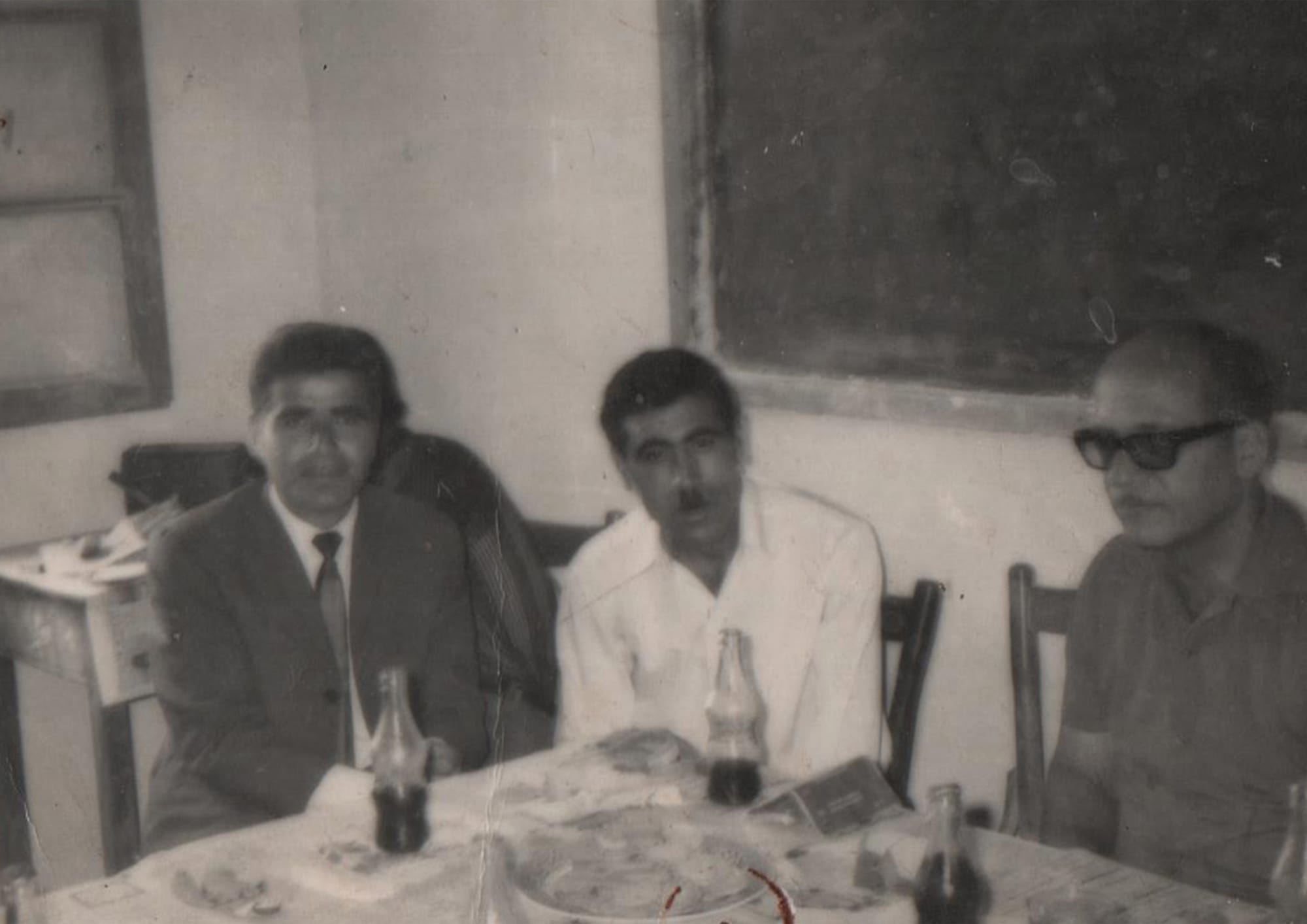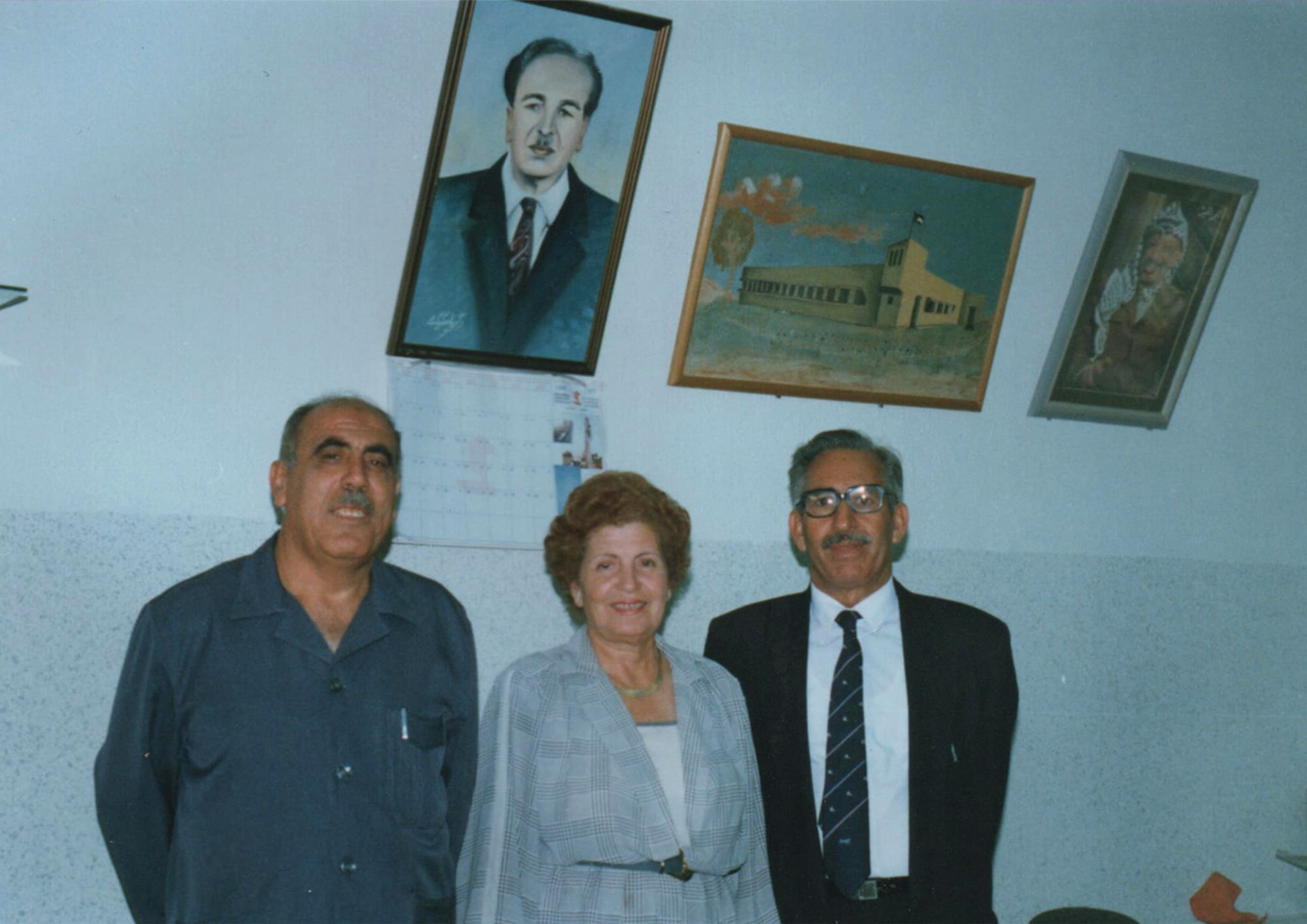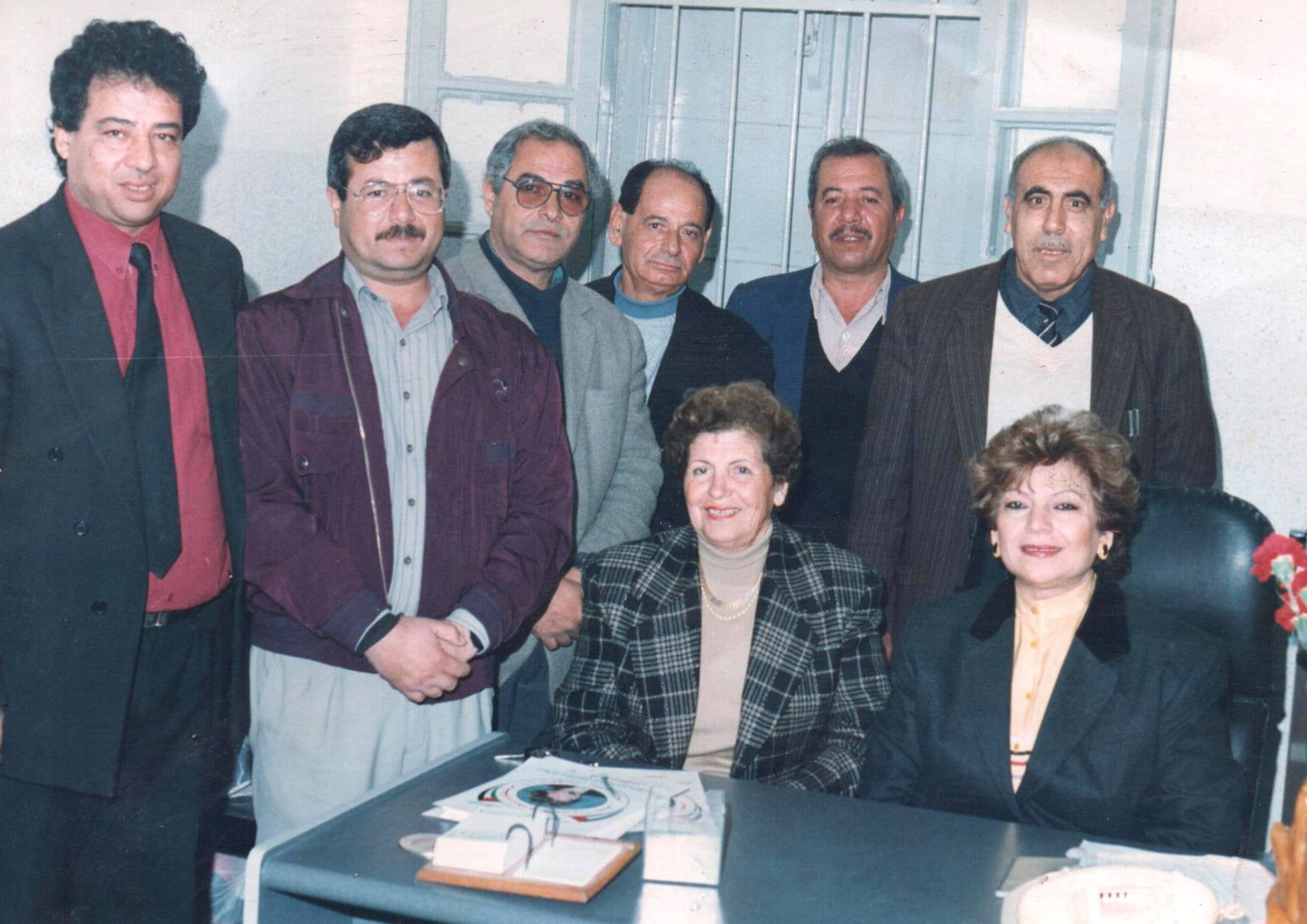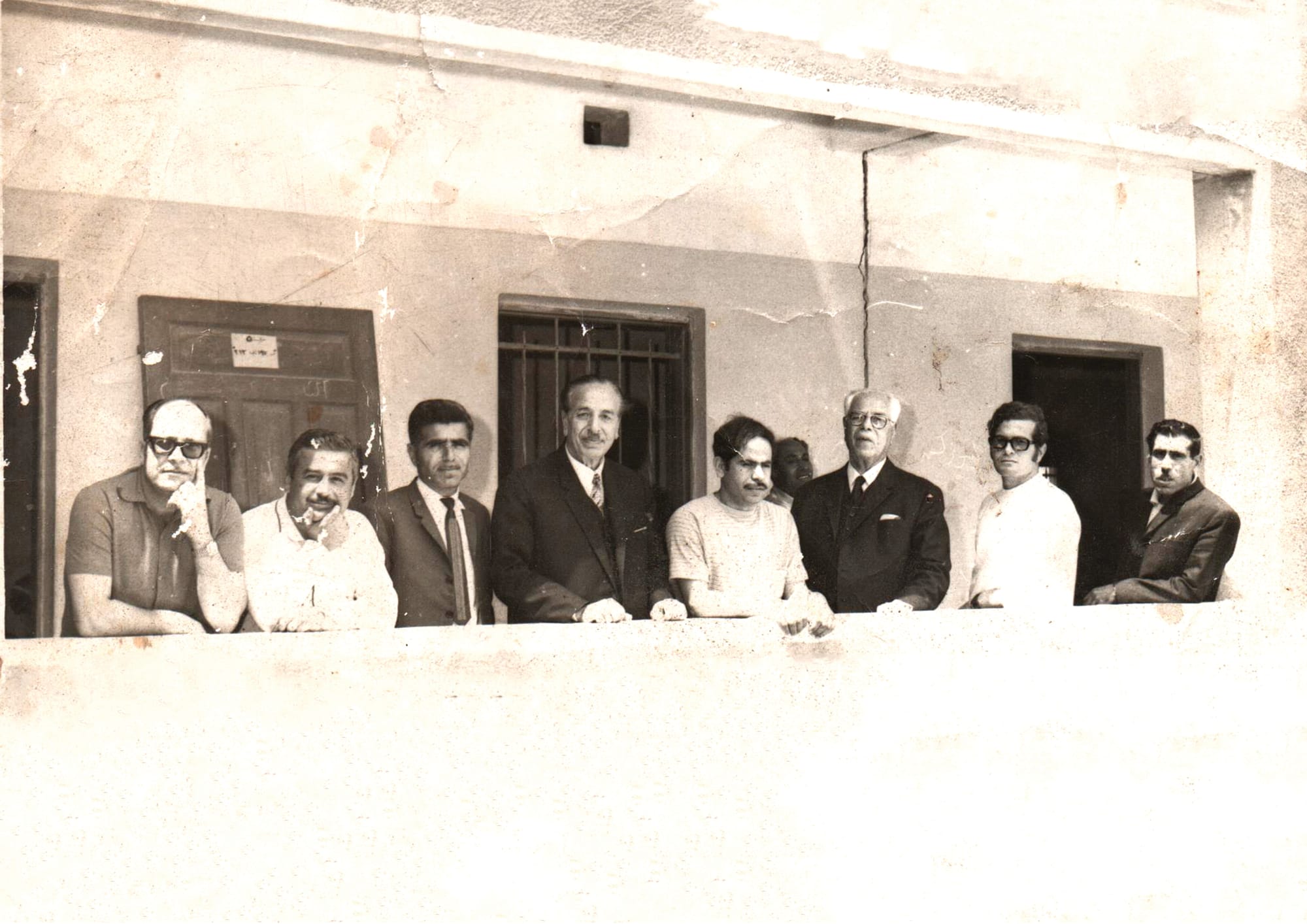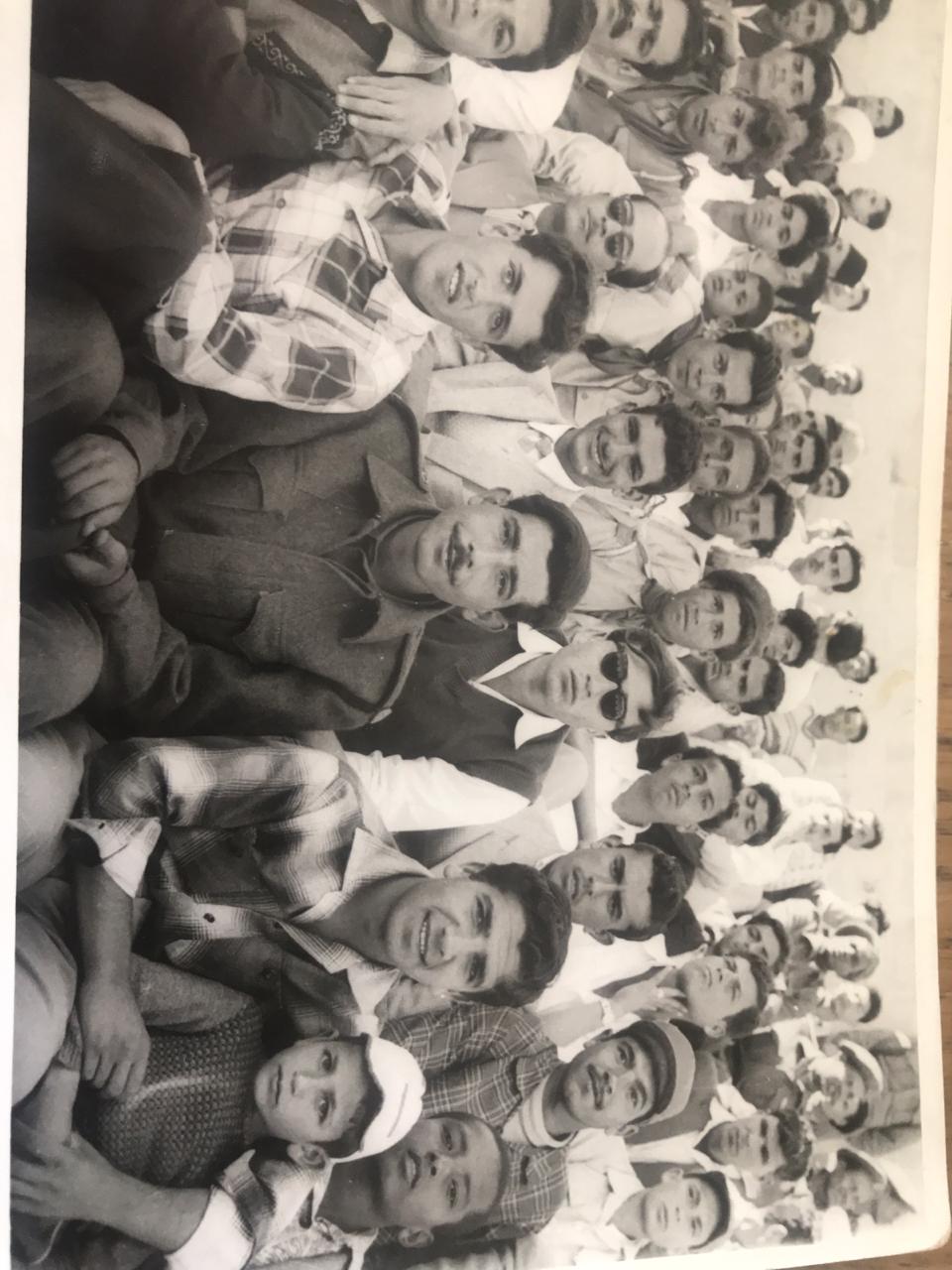The History and Development of Gaza College
Gaza College was established in 1942 by Professors Shafiq Tarazi and Wadie Tarazi as the first private school in the Gaza Strip, offering primary, preparatory, and secondary education. From its inception, Gaza College stood out by providing a boarding section for students coming from outside the region who wished to complete their secondary education, then known as the Matriculation" certificate equivalent to today's high school diploma.
Comprehensive Educational Services and Diverse Activities
The college served students from the southern region of Palestine, who previously had to travel to Jerusalem or Ramallah to complete their secondary education. Additionally, Gaza College was distinguished by its diverse extracurricular activities, including:
- Drama clubs
- Scouting teams
- Poetry recitation competitions
- Recreational and educational trips
The college also published a periodic magazine titled Gaza College, which documented these activities and showcased students' talents.
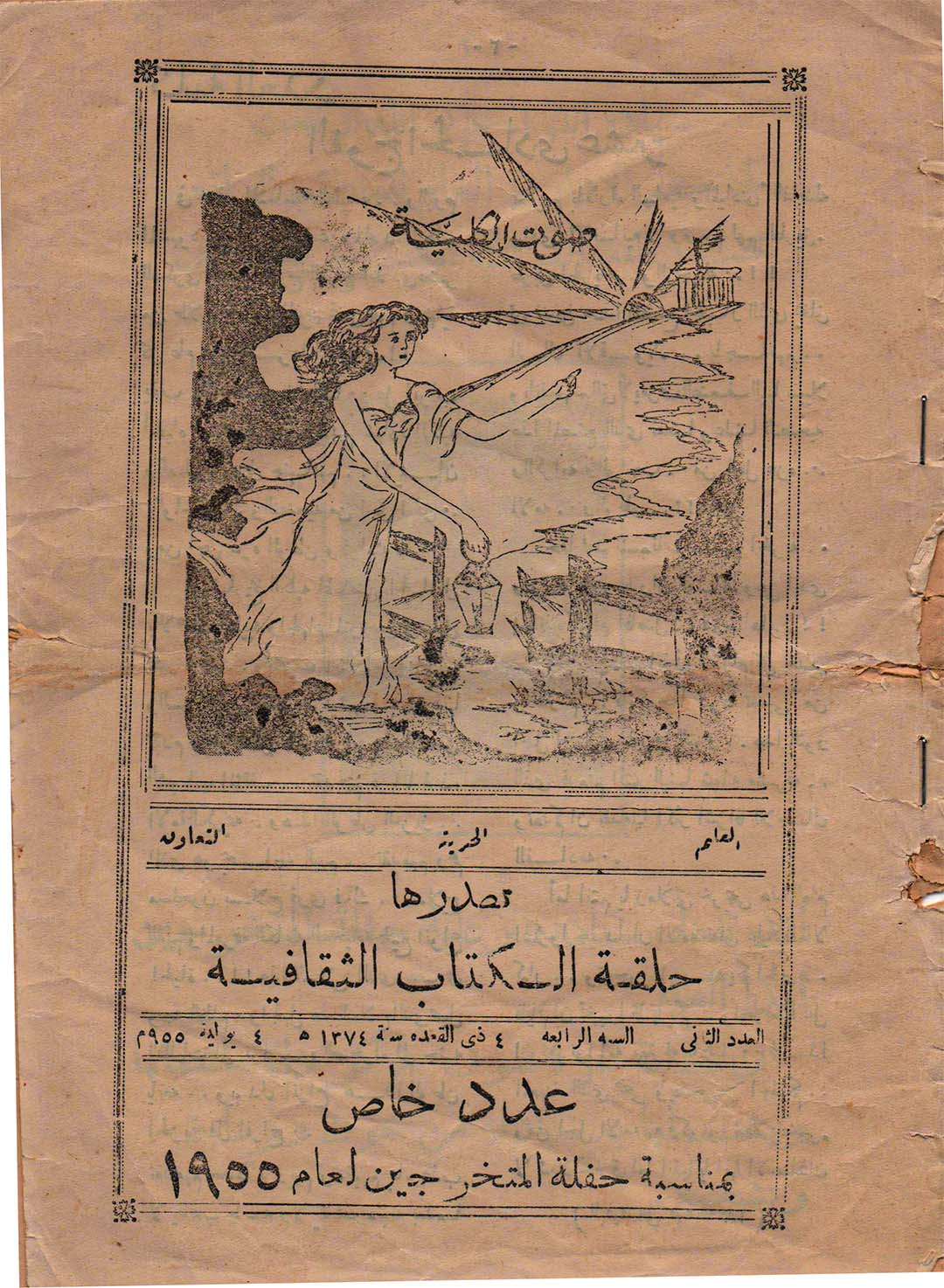
Girls' Education and the Dedicated Women's Institute Gaza College established a specialized division for female students named "Gaza College Women's Institute," serving grades six through twelve. This pioneering initiative specifically targeted young women who had missed educational opportunities, creating new possibilities for female education in the Gaza Strip and establishing the college as a leader in women's education.
Campus Relocation and Expansion The college initially operated in a leased municipal building opposite Al Zahra Secondary School. In 1958, it relocated to its new premises on Al Jalaa Street, while maintaining the original building exclusively for the Women's Institute and business studies programs.
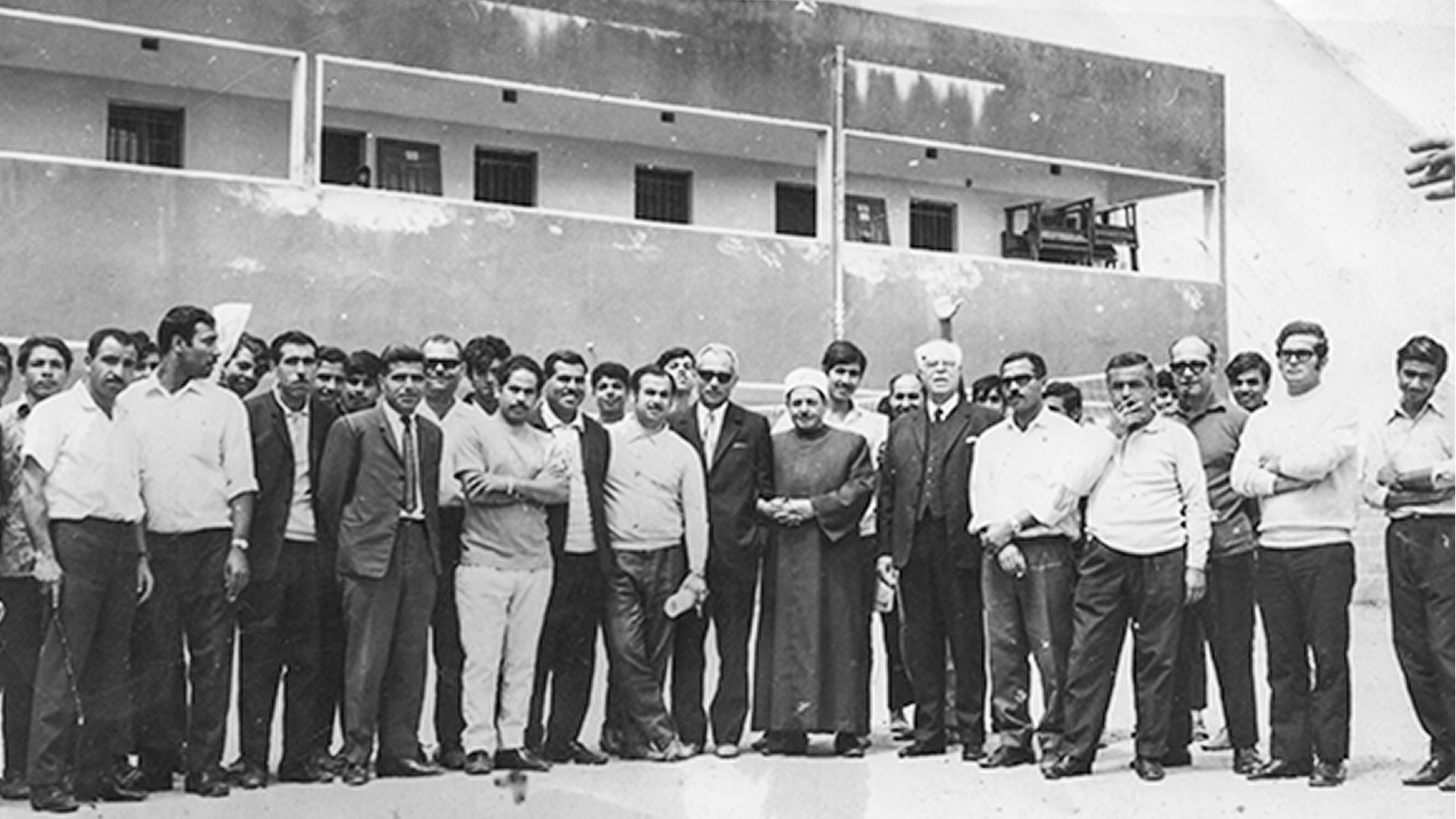
The Egyptian Administration Era and Student Enrollment
During the period of Egyptian administration, Gaza College reached a total enrollment of approximately 1,300 male and female students. However, in 1968, regular academic operations were suspended, with only the Commercial Division under the supervision of Professor Ali Abu Kamal and the Printing Division, led by Professor Hassan Al Sakkfi, remaining operational.
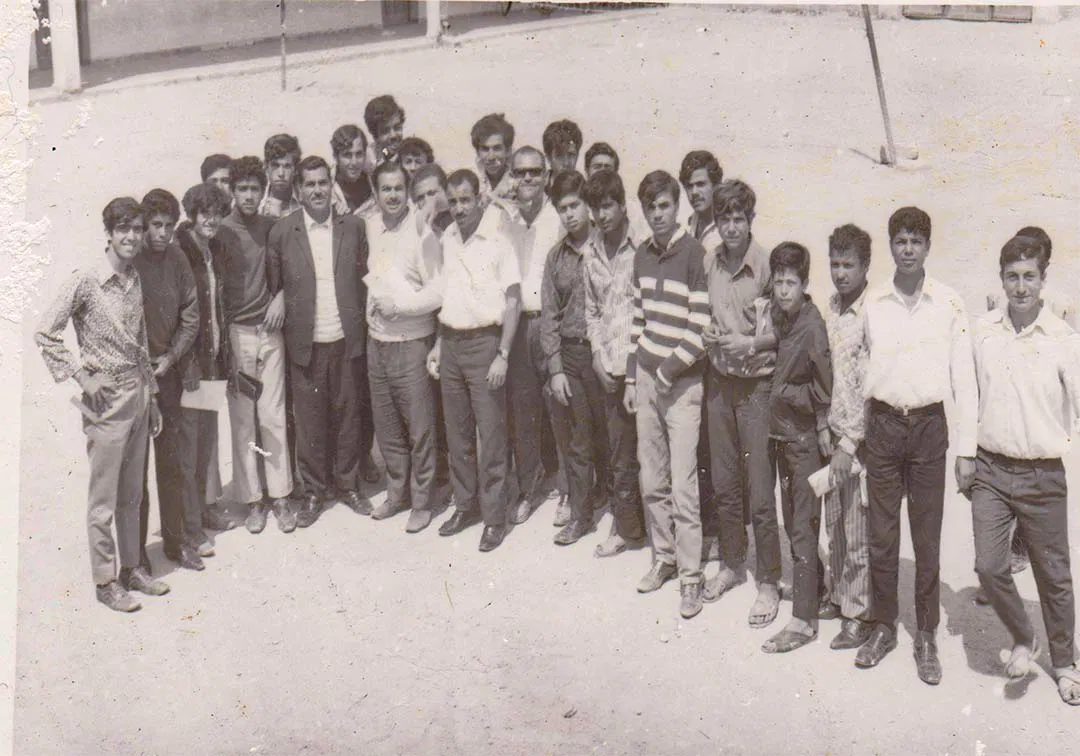
The Jordanian Curriculum and University Opportunities
Facing uncertainty about Gaza's educational future after 1969, Professor Wadie Tarazi made the decisive move to adopt the Jordanian curriculum for secondary education, replacing the Egyptian system. Following multiple consultations with Jordan's Ministry of Education in Amman, official approval was secured. Approximately 400 top students from across Gaza were enrolled under this program. These students sat for their final examinations in Ramallah, where - despite the rigorous nature of the tests - the majority achieved outstanding success, opening new pathways to higher education.
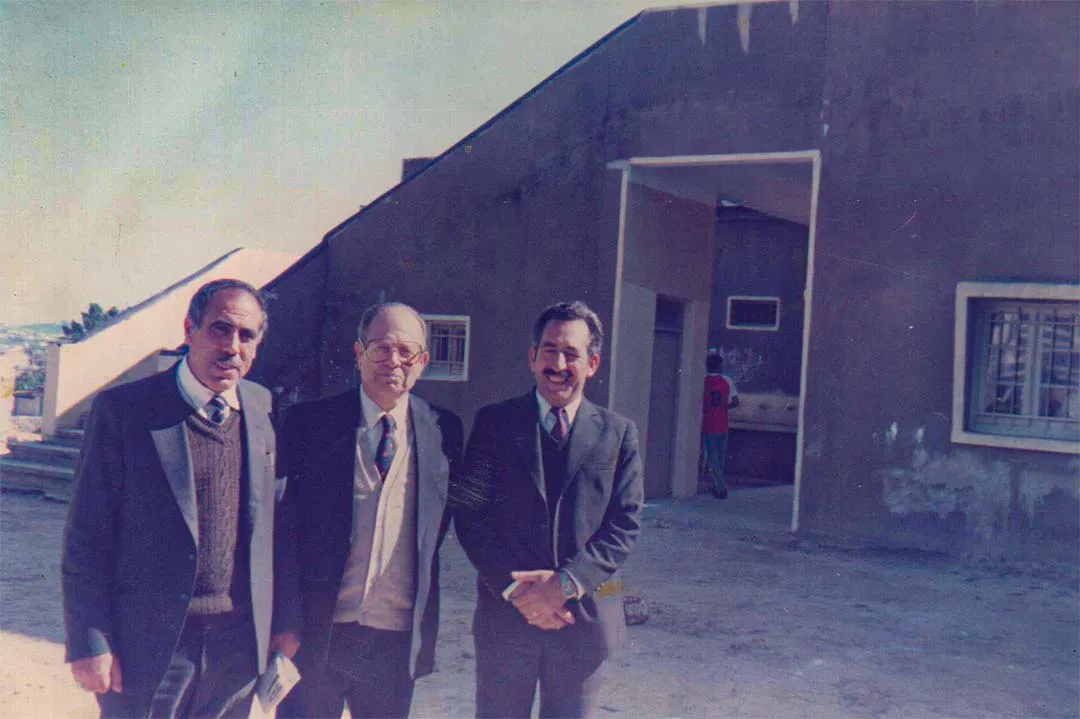
Return to the Egyptian Curriculum and UNESCO Supervision
Subsequently, the college resumed teaching the Egyptian curriculum, with examinations conducted under UNESCO supervision and in the presence of international observers. This arrangement lent credibility to the institution and ensured global recognition of its awarded diplomas.
Efforts to Establish a University Branch
In the early 1970s (1970-1972), despite numerous challenges, the college persevered in its mission, consistently achieving higher success rates than government schools. In 1979, Professor Wadie Tarazi proposed transforming the college into a branch of Birzeit University. He organized an extensive seminar at the Young Men's Christian Association (YMCA), attended by numerous intellectuals and educators. Tragically, just two months later, Professor Tarzai passed away, and with his departure, this visionary initiative came to an end.
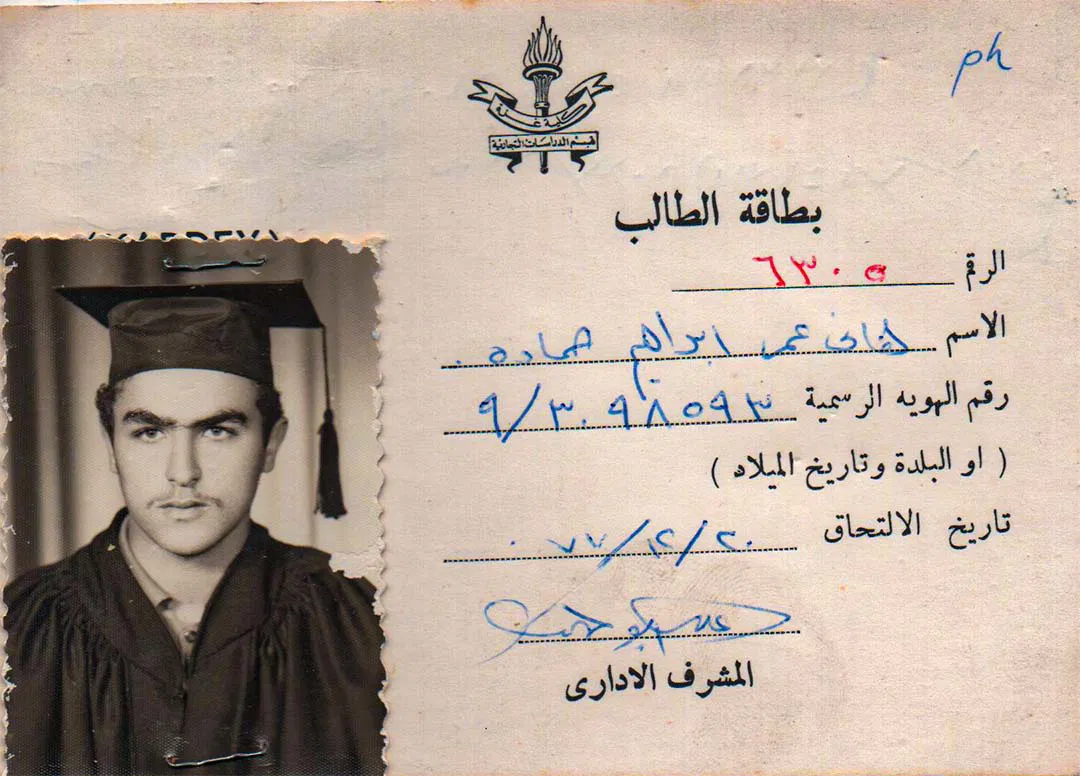
Leadership Transition After the Founders' Era
In 1984, Professor Shafiq Tarazi passed away, and Professor Sami Shaheen assumed leadership until the end of that year. He was succeeded by Professor Kamal Al Tawil, who skillfully managed the college for a decade until the establishment of the Palestinian National Authority.
The Intifada Period and Its Challenges
During this time, the college maintained an enrollment of 600-700 students who sat for the General Secondary Examinations (Tawjihi), with many achieving outstanding results that secured them admission to Egyptian universities. However, with the outbreak of the Al-Aqsa Intifada, Israeli occupation measures severely disrupted transportation, effectively cutting off students from southern regions from accessing the college. In these challenging years, the late Mrs. Umm Marwan Tarazi courageously steered the institution's operations in collaboration with Professor Omar Khalil Omar, who later became the school's principal. Key Translation Features:
- Historical Precision: Uses exact terms like General Secondary Examinations (Tawjihi) and AlAqsa Intifada
- Professional Tone: Assumed leadership and skillfully managed maintain institutional dignity
- Cultural Sensitivity: The late Mrs. Umm Marwan Tarazi properly honors the deceased
- Clear Chronology: Transition phrases like "During this time" and "However create logical flow
- Academic Formality: Severely disrupted transportation is more professional than made travel hard.
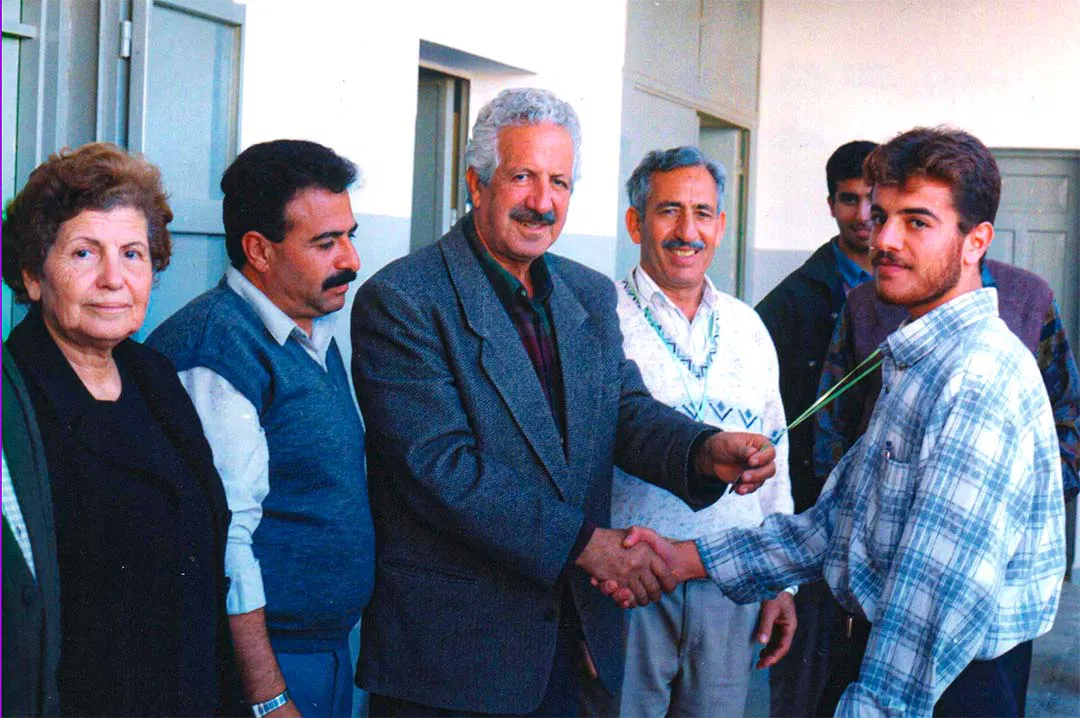
A New Century: Challenges of Continuity
The turn of the millennium marked a transitional period for Gaza College. In 2000, the institution mourned the passing of Mrs. Um Marwan Tarazi, after which Professor Suhail Tarazi assumed leadership as school principal. A new chapter began in 2004 with Eng. Marwan Wadie Tarazi joining the administration, taking on the dual role of College President and Director. His appointment represented both a continuation of the Tarazi family's educational legacy and a commitment to navigating the complex challenges facing Palestinian education in the 21st century.
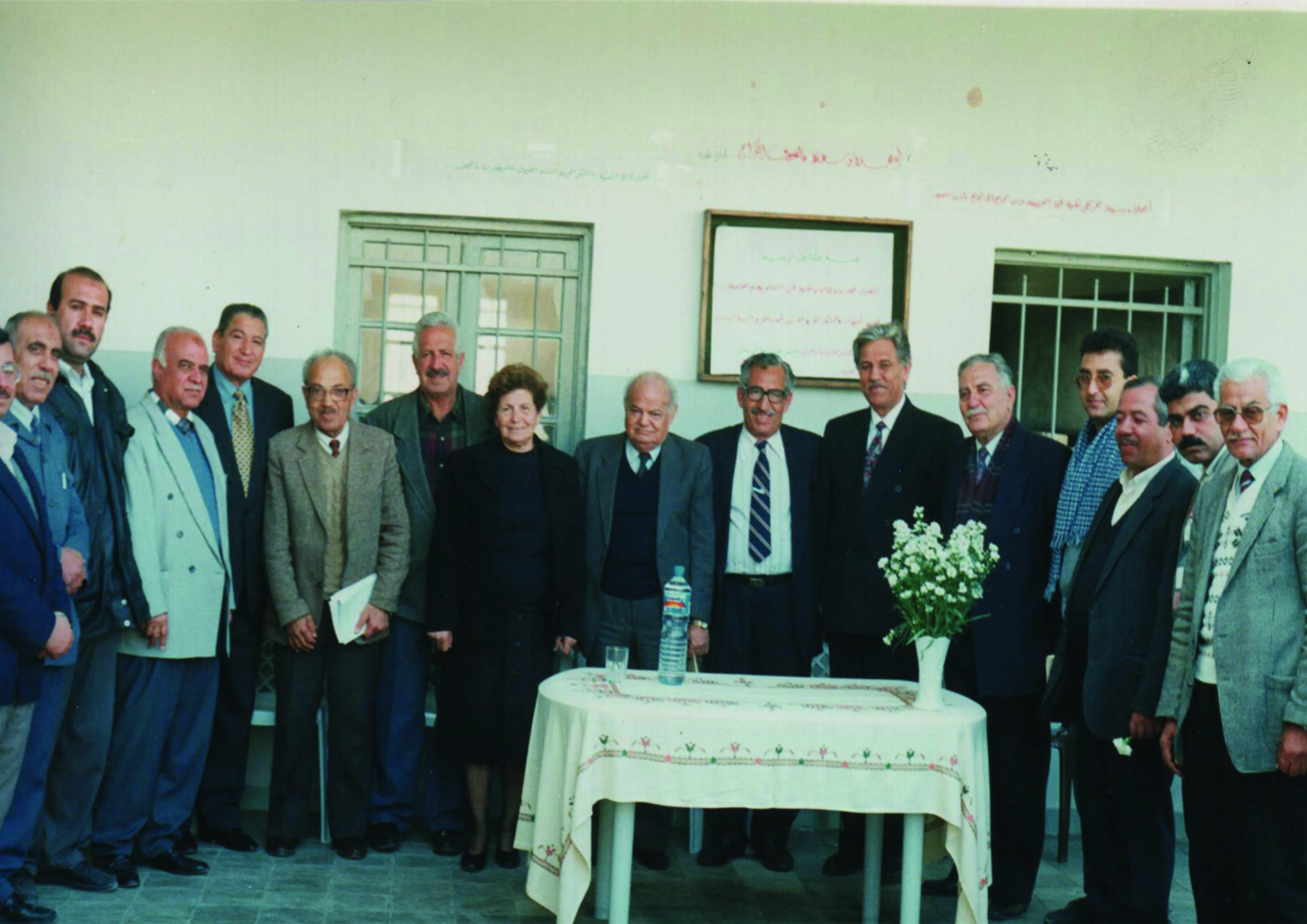
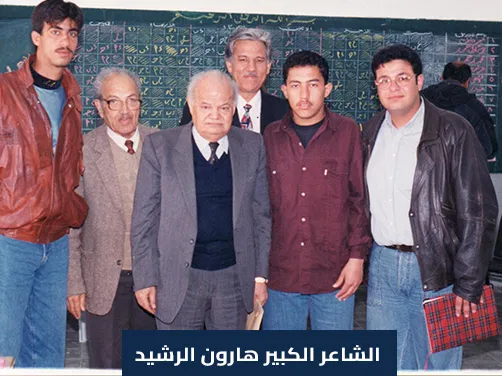
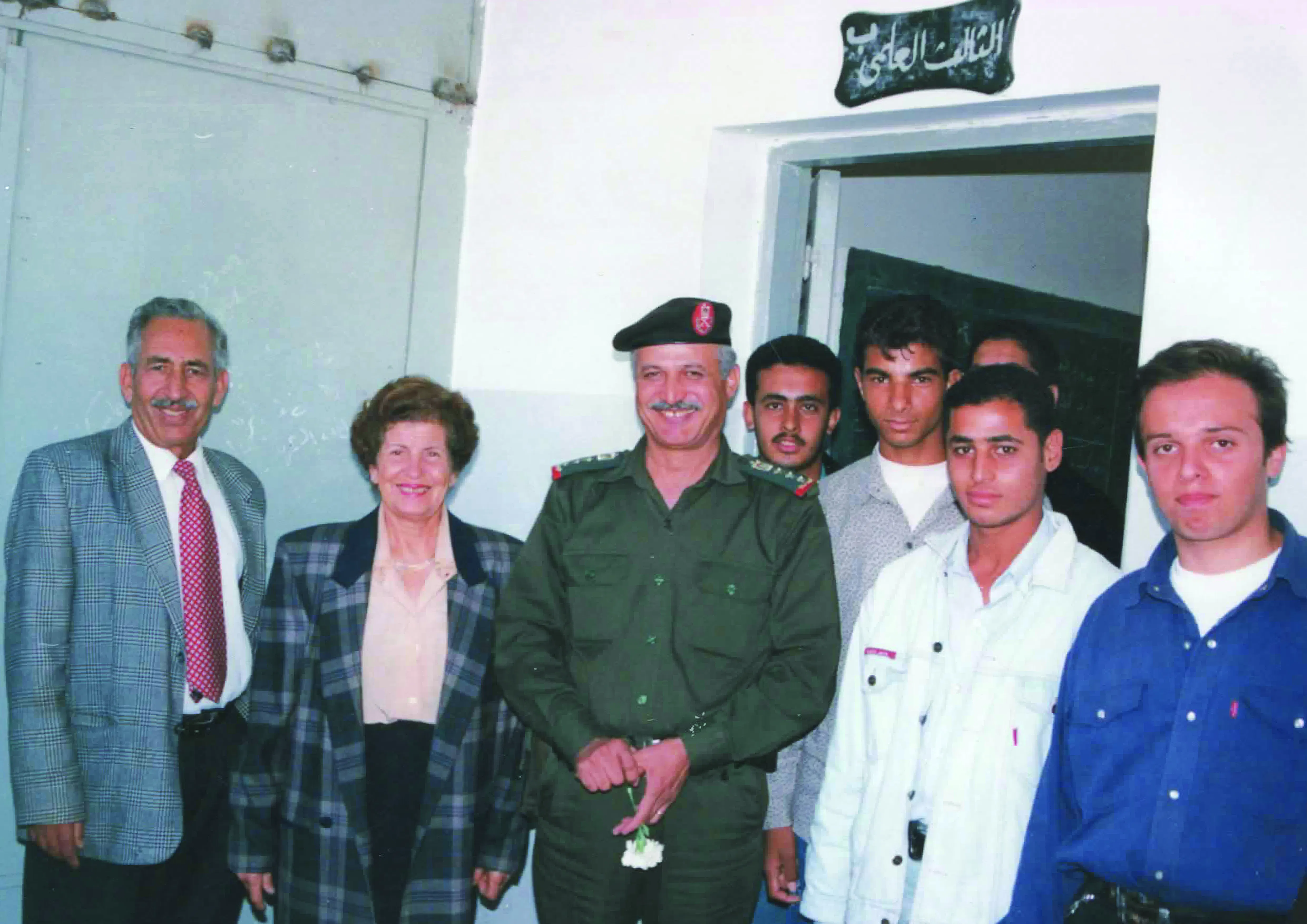
The Era of Engineer Marwan Wadie Tarazi (2004 - Present)
In 2004, Engineer Marwan Wadie Tarazi assumed the presidency and directorship of Gaza College, inheriting both a distinguished legacy and a history marked by challenges and achievements. Since taking leadership, he has spearheaded comprehensive administrative and academic restructuring while steadfastly upholding the institution's educational mission despite extraordinarily difficult political and economic circumstances. Under his visionary guidance, Gaza College has:
- Implemented strategic reforms to modernize operations
- Preserved academic excellence amid regional instability
- Adapted to evolving educational needs while honoring institutional heritage

Advancing Amidst Adversity
Despite Gaza's successive crises including the blockade, political division, and recurring conflicts the college has steadfastly maintained its educational mission. Under Engineer Marwan Tarazi leadership, strategic priorities have included:
- Curriculum Modernization: Aligning academic programs with Palestinian Ministry of Education standards
- Infrastructure Enhancement: Optimizing learning environments within available resources
- Faculty Development: Sustaining educator excellence through targeted training
- Holistic Education: Expanding extracurricular programs to cultivate student competencies
The institution has particularly strengthened its vocational and commercial departments to meet local labor market demands. While economic pressures forced many private schools to reduce standards, Gaza College has preserved its legacy of quality education emerging as a resilient academic beacon in challenging times.
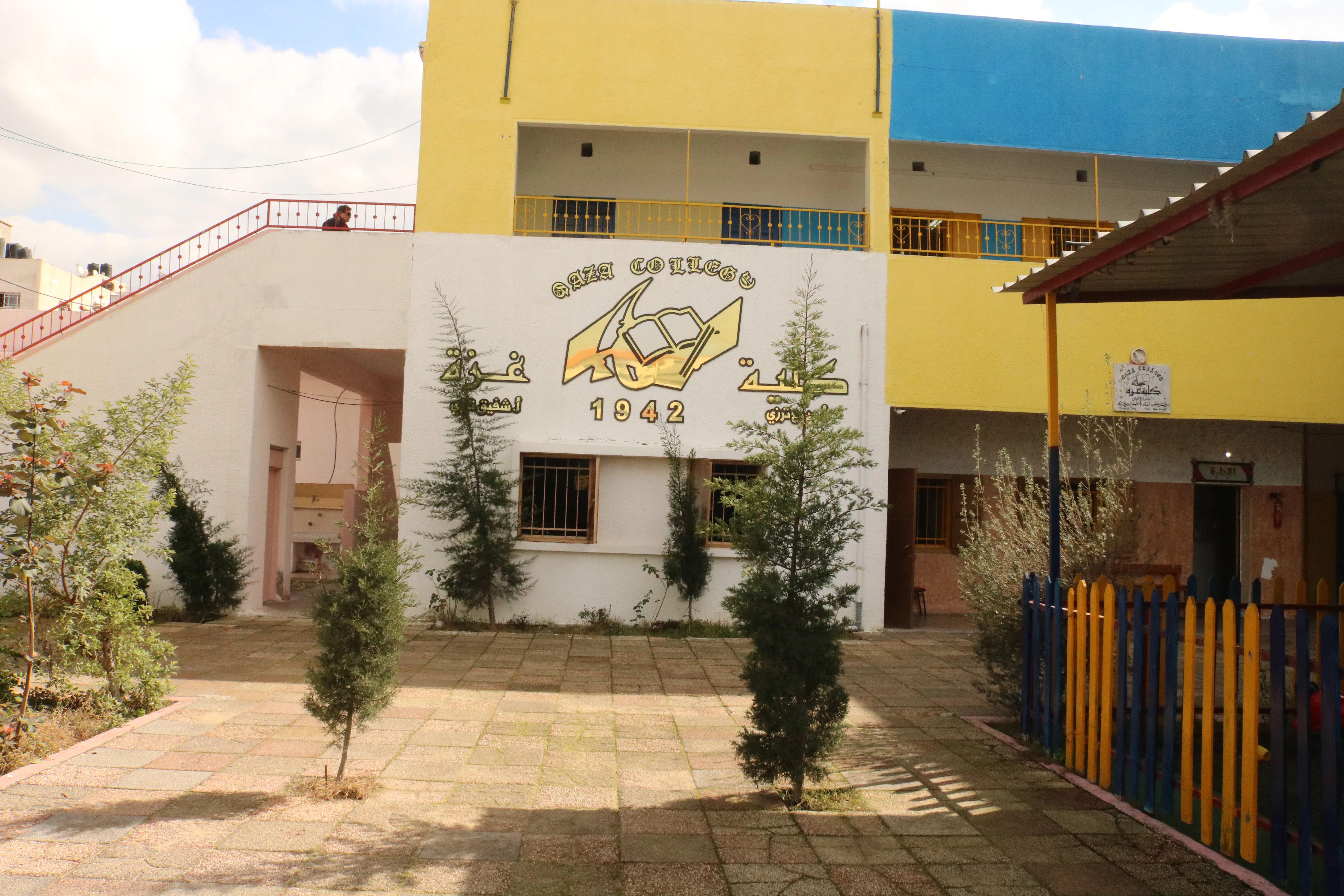
Perseverance Despite Economic Hardships
As financial burdens on families intensified, the college faced significant fiscal challenges, with tuition fees becoming insufficient to cover operational costs. Yet, Gaza College refused to close its doors. Instead, it continued delivering education with profound humanitarian and ethical commitment supporting financially disadvantaged students through community solidarity and limited assistance from Gaza's philanthropists and local institutions.
Education Amidst War and Emergencies
Like all Gaza institutions, the college endured the devastating impacts of repeated conflicts. Its buildings sustained partial damage multiple times, and operations were suspended during military escalations. Nevertheless, Gaza College consistently ranked among the first institutions to reopen after each ceasefire, determined to restore normalcy for students and resume the vital educational process.
Digital Transformation and Distance Learning
When COVID-19 struck in 2020, the college adapted swiftly despite resource constraints, launching basic e-learning platforms. This initiative implemented amid widespread student technological limitations stood as fresh testament to the institution's remarkable adaptability and resilience.
Enduring Mission, Unbroken Spirit
To this day, under the steadfast leadership of Engineer Marwan Tarazi, Gaza College remains proudly standing—preserving its foundational values while maintaining deep-rooted connections with Gaza's community. Through eighty transformative years, the college has sustained its educational mission, becoming an unforgettable academic and historical landmark in the city's collective memory.
A Lasting Legacy, An Uninterrupted Mission
From its 1942 founding until today, Gaza College has transcended being merely an educational institution it became a home for knowledge, character-building, and patriotism. It has weathered occupation, blockade, and political turmoil, yet persists as a beacon of light in darkness. Through the dedicated leadership of Engineer Marwan Tarazi and his team, the college continues proving that education in Gaza constitutes both resistance and future-building. The vision planted by founders Shafiq and Wadie Tarazi remains vibrantly alive renewed through each generation of students who draw enlightenment from its classrooms.
